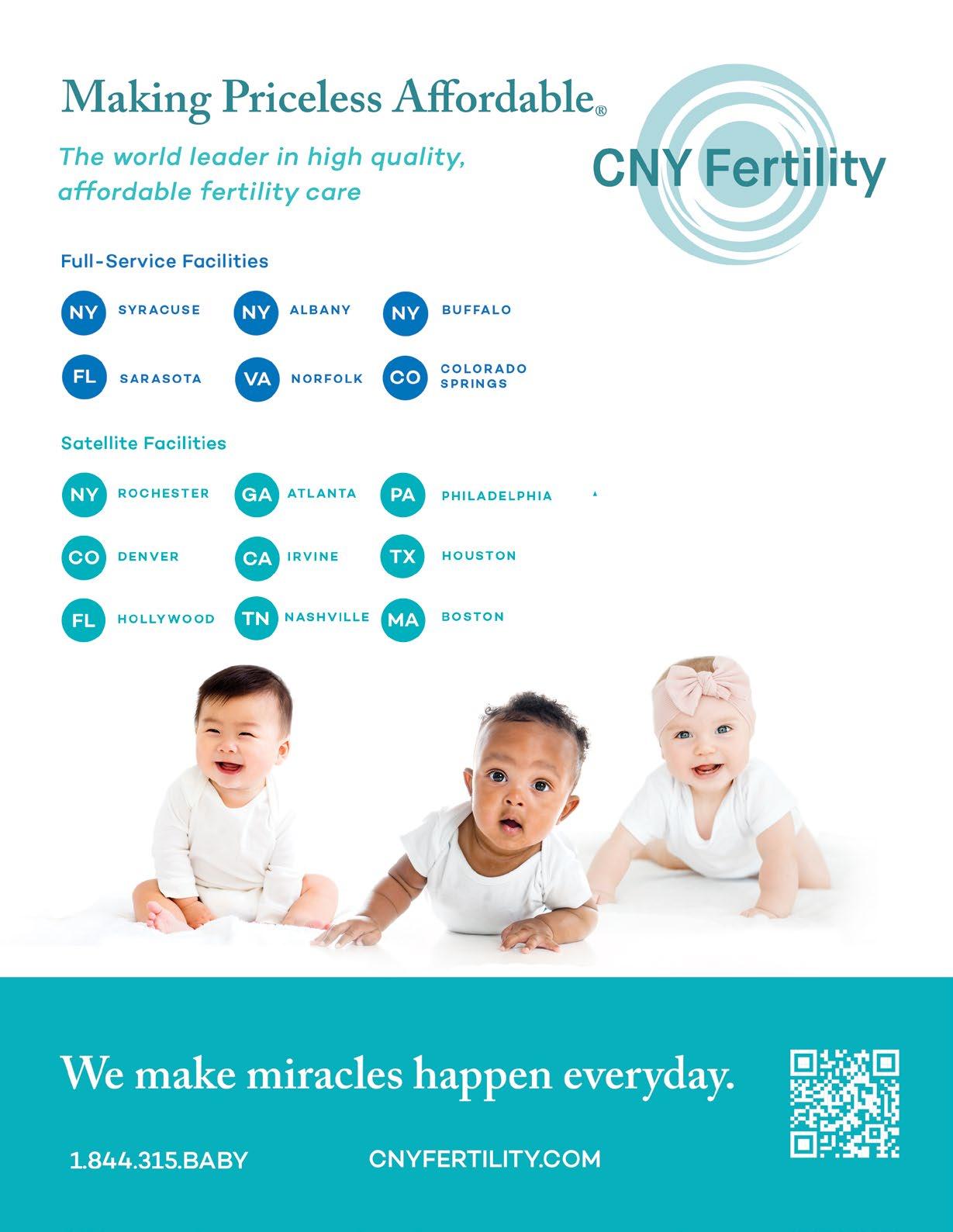

Causes of Male Infertility
WHAT CAUSES MALE INFERTILITY?
Most men with infertility don’t experience any symptoms in the way we typically think of them. The most typical symptom of infertility in men is the inability to conceive. The inability to conceive is oftentimes tied to other male infertility symptoms like inadequate spermatogenesis (sperm production), low sperm count (number of sperm), irregular morphology (sperm shape), and impaired motility (sperm movement).
In some men, infertility may be caused by or contributed to by an underlying health condition like an inherited disorder, dilated veins near the testicle, or blockages that prevent the passage of sperm may cause observable symptoms, such as:
• Erectile dysfunction or impaired sexual performance
• Pain or swelling in the testicles or testicular area
• Gynecomastia (abnormal breast growth)
These symptoms and others associated with infertility are commonly associated with low testosterone levels or other hormonal imbalances.
What
is Required
for a Man to Be Fertile?
• Production of healthy sperm. At least one testicle must function properly, and the body must produce hormones like estrogen and testosterone, which are required for sperm production.
• Sperm must be present in the semen. The testicular tubes must function properly so that sperm can be carried from the testicles to mix with semen and be ejaculated.
• An adequate amount of sperm in the semen. The lower the sperm count, the lower the chances for conception. A minimum amount of sperm must be present in the semen to reach and fertilize the partner’s egg.
• Sperm must be functional and able to move. If sperm have poor motility or morphology, they will not be able to swim correctly and reach the egg.
What Causes Male Infertility?
As mentioned previously, male infertility isn’t usually caused by but it is commonly related to the following four main symptoms or issues:
• Inadequate spermatogenesis (sperm production)
• Low sperm count (number of sperm)
• Irregular morphology (sperm shape)
• Impaired motility (sperm movement
These issues can have many different causes and contributing factors.Male fertility issues can be caused or contributed to by all of the following:
Health and Lifestyle Causes –
• Smoking
• Excessive alcohol consumption
• Marijuana use
• Exercise (over-exercising)
• Diet
Medical Causes –
• Cancer/Cancer Treatment
• Medication side effects
• Hormonal disorders
• Androgen insensitivity
• Androgen excess State
• Estrogen excess state
• Testicular Failure
• Congenital or developmental testicular disorder (e.g., Klinefelter syndrome)
• Testicular Trauma
• Varicocele
• Obstruction of the reproductive tract
Environmental Causes/Other –
• Exposure to toxins
• Heat
• Radiation
• Unknown/unexplained reasons

COMMON
MALE INFERTILITY DIAGNOSES
Azoospermia
Azoospermia is the medical term used to describe when there is no sperm present in a man’s ejaculate. The absence of sperm in the ejaculate affects 15% of infertile men. An azoospermia diagnosis has two classifications (1) obstructive azoospermia (OA) or (2) non-obstructive azoospermia (NOA).
Obstructive Azoospermia OA is defined as the absence of sperm in the ejaculate despite normal spermatogenesis (sperm production). It results from obstruction at any location between the testis and the ejaculatory ducts.
OA can be caused by infection, congenital anomalies (body structure or function abnormalities), inflammation, or past medical treatments/surgeries (like a vasectomy). It is diagnosed through a combination of history/ physical examination, laboratory testing, genetics, and imaging studies.
Oftentimes, OA can be treated through corrective surgery or vasectomy reversal. Couples where the man has OA can get pregnant without corrective surgery by utilizing a sperm
retrieval procedure and in-vitro fertilization (IVF) or intracytoplasmic sperm injection (ICSI) IVF.
Non-Obstructive Azoospermia
NOA is defined as no sperm in the ejaculate due to failure of spermatogenesis. It is considered the most “extreme” cause of male infertility. NOA has been estimated to affect 1 in 100 men.
NOA is caused by a hormone abnormality that doesn’t stimulate the testis to produce sperm, or because of an intrinsic defect in the testicles. It is identified through clinical assessment (testis consistency/volume), laboratory testing (FSH), and genetic testing (karyotype, Y chromosome microdeletion, or specific genetic testing for hypogonadotropic hypogonadism).
Patients with NOA can also conceive using their own gametes by undergoing a sperm retrieval procedure and ICSI IVF. Research indicates that testicular sperm retrieval is successful in up to 50% of men with NOA.
Oligospermia
Oligospermia is defined as a low or reduced count of sperm in semen (low sperm concentration). men with oligospermia have less than 20 million sperm per milliliter of semen. Low sperm concentration affects 25% of infertile men.
Men with oligospermia often experience poor sperm motility and morphology, indicating poor spermatogenesis. The vast majority of oligospermia cases are unexplained. Still, it can be caused by endocrine dysfunction, anatomic abnormalities, medications, inflammation, or environmental exposures (toxins, heat, etc.).
Oligospermia is identifiable through a basic semen analysis, but a full work-up is required to identify the underlying cause. First, fertility specialists will administer a physical examination, hormonal evaluation, and imaging to eliminate possible reversible factors such as hormonal deficiencies, medication effects, and retrograde ejaculation. Then, after ruling out reversible causes, they will attempt to identify any underlying genetic syndrome through genetic testing or medical reasons through additional evaluation.
Depending on testing results, different treatments may be indicated.
Possible oligospermia treatments include:
• Medication withdrawal
• Gonadotropic therapy
• Clomiphene citrate (Clomid) treatment
• Vitamins and supplements
For men with untreatable oligospermia, fertility treatments like intrauterine insemination (IUI), IVF, and ICSI IVF can be used to achieve conception. It has been reported that men with oligospermia can achieve 50-75% fertilization rates and clinical pregnancy rates of 20% per cycle when utilizing IVF with ICSI treatment. Research indicates that after three cycles, men with oligospermia have achieved an overall cumulative live birth rate of 50%.
Asthenospermia
Asthenospermia is defined as reduced sperm motility. Men with asthenospermia have less than 40% sperm motility or less than 32% progressive motility. Severe asthenospermia is called teratozoospermia, which is characterized by at least 85% of sperm having abnormal morphology. Asthenospermia and teratozoospermia affect approximately 20% of men with infertility. Astheospermia is tested for by utilizing a basic semen analysis. Asthenospermia is caused and contributed to by many different factors, including lifestyle choices, environmental factors (like toxins), sperm structural abnormalities, energy deficiencies, inflammation, oxidative stress, and other factors.
Specific supplements like carnitine, ashwagandha, vitamin C, CoQ10, and omega 3 fatty acids have been shown to support healthy sperm motility and may be used to increase sperm motility.
In one study, mean sperm motility increased by 92% from baseline after men received 2 months of vitamin C treatment.
Other natural treatments have also shown promise for improving sperm motility, like acupuncture. Research has indicated that acupuncture can effectively improve sperm motility.
Improving sleep, reducing alcohol consumption, stopping smoking, and avoiding intense exercise have also been shown to improve sperm motility.
If asthenospermia or teratozoospermia are caused by structural abnormalities that cannot be improved through natural remedies, fertility treatments like ICSI IVF may help achieve conception.
Varicocele
Varicocele is an enlargement of the veins within the scrotum that holds the testicles. Varicocele is present in 40% of infertile men and 15-20% of all men.
Varicoceles can cause abnormal semen analysis, low sperm count, decreased sperm motility, and abnormal sperm morphology.

Men with varicocele commonly experience oxidative stress and inflammation, both of which have been associated with infertility. The precise cause of varicocele is unknown, but it is considered the most common correctable cause of male infertility. Varicocele cannot be treated through medicine or other natural remedies. If the varicocele is impairing fertility or causing pain, it can be treated through outpatient surgery. Following surgery, approximately 70% of men experience improved semen parameters, and 40% to 60% have improved conception rates.
IVF with ICSI can help men with varicocele and sperm conditions like azoospermia conceive.
Primary Testicular Failure (Hypogonadism)
Primary testicular failure (PTF), also known as hypogonadism, occurs when the testes fail to produce sperm despite adequate hormonal support. It is a major cause of non-obstructive azoospermia and oligospermia.
Approximately 12% of male infertility cases are caused by primary testicular failure. Primary testicular failure can be caused by testicular injury, radiation, varicocele, gene mutations, and other congenital or acquired disorders. Kleinfelter syndrome (when a male is born with an extra copy of the x chromosome) is the most common cause of primary testicular failure.

optimize a man and woman’s bodies and minds for successful pregnancy. Not all of them require surgery or expensive medications. Both male and female fertility can be enhanced through diet, supplements, and lifestyle changes that can help increase your odds of conceiving naturally or with assistance.
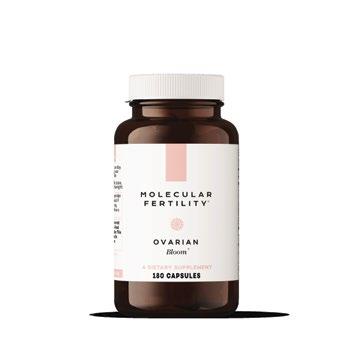
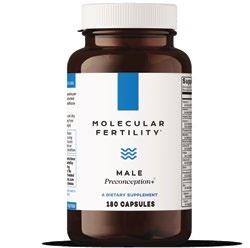
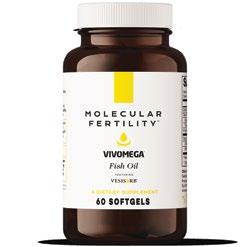
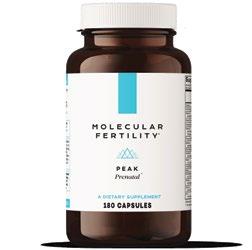
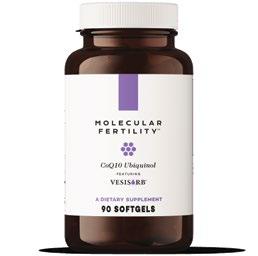
Your First Consultation
Your initial telehealth fertility consultation is an important one. We want you to feel comfortable and able to ask any questions you may have. For many, your initial consultation with one of our physicians, nurse practitioners, or physician assistants is really just a discussion. The primary goal is for us is to listen and understand your hopes and expectations so that we can collectively create a suitable plan of action. A provider will review your chart and discuss your medical history and initial testing: bloodwork, semen analysis, HSG, etc.
You can expect your initial consult to last around 30-60 minutes. If you suspect or know that you are suffering from infertility, it is best if both partners (if applicable) can be present during the office appointment or phone consultation. The focus of this initial consultation is you, and ultimately you are in control of every decision that is made. With the incredible online resources available these days, many clients come to us already knowing what treatment they want. Others, however, require more guidance. Regardless of where you are in your understanding of your fertility issues, we are here to answer any and all of your questions as well as educate you on all of your treatment options. After discussing your medical history and goals, we may recommend a certain course of action, but we will never force anyone away from the treatment they desire.
At CNY Fertility, our focus is always YOU. We don’t focus on boosting our “success rates” and have never found the need to artificially inflate our numbers by denying treatment to those with “lower chances of success.” Remember, odds and chances of success are merely statistics. Statistics are based on populations, but you are a unique
individual. One of our Financial Counselors is available to review your insurance coverage and the costs involved in any agreed-upon treatments. If you don’t have insurance coverage, financing options may be explored as well. You will also have the opportunity to learn about Eastern holistic therapies that can improve your chances of conceiving—Yoga, Acupuncture, Massage, and Meditation.
PREPARING FOR YOUR CONSULTATION
Here is a list of things we recommend you have prepared for your initial consultation:
• A copy of your medical records from your OB/GYN, primary care physician (PCP), or any other fertility facility.
• Insurance cards for both partners (if applicable) if your consultation is in office.
• Insurance authorizations (if applicable)
• A list of questions: many couples and individuals find it helpful to write down a list of questions beforehand so they don’t forget anything during their consultation. We are happy to answer your questions at any time, but your consult is a great time to get as many of them answered as possible.
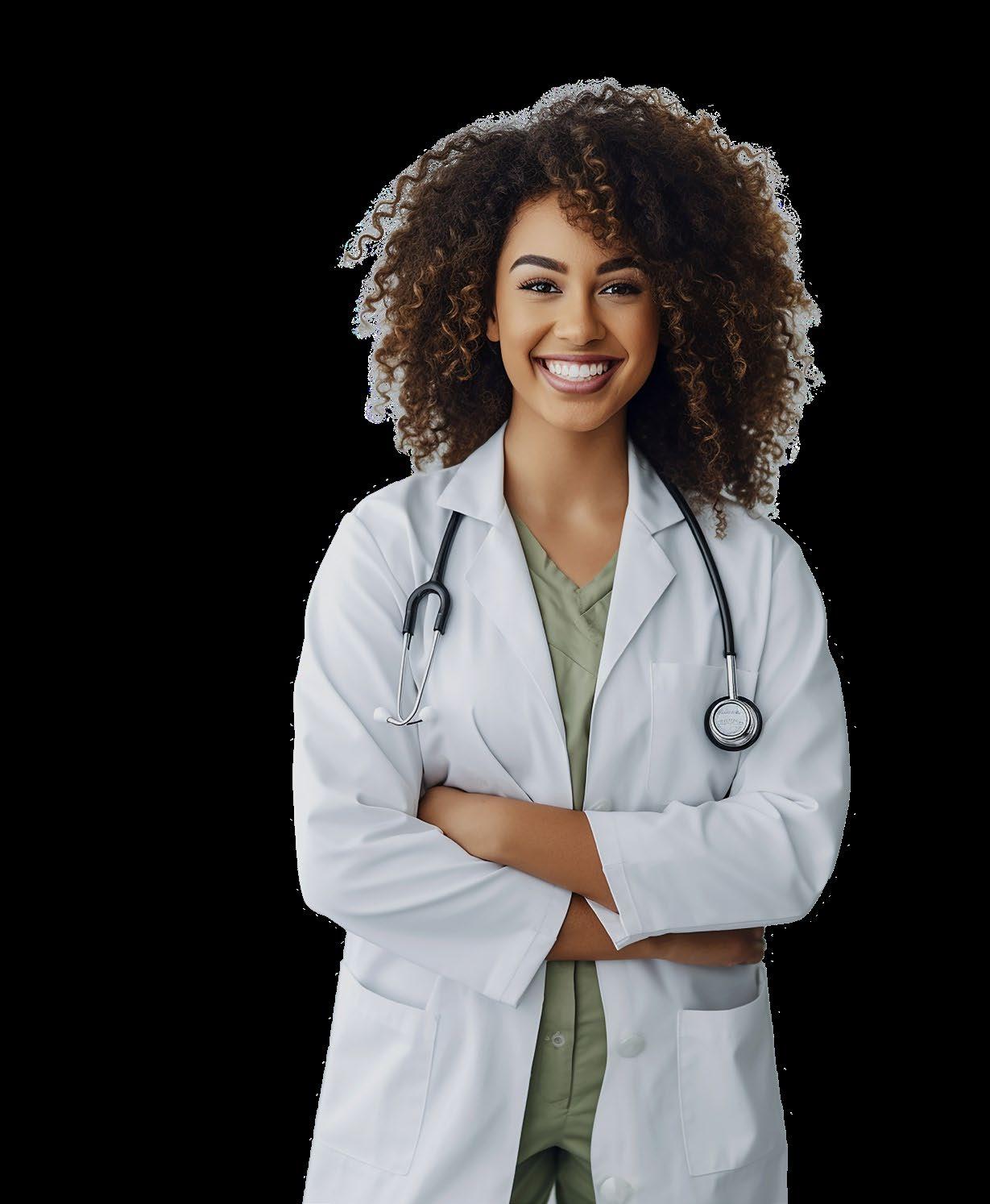
The Basic Fertility Evaluation
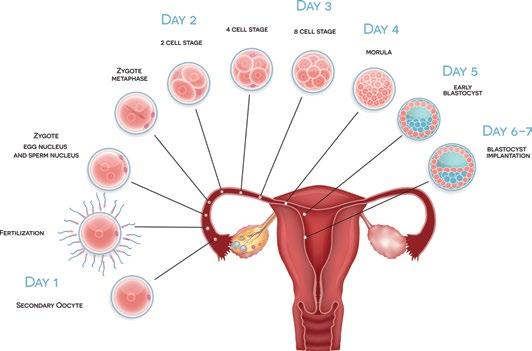
FEMALE
At this first visit, the woman will be asked about the regularity of her periods, if she experiences severe menstrual cramps, pelvic pain, vaginal bleeding, her method of contraception, any history of surgeries and infections. If previous fertility evaluation and treatments have been performed, these will be reviewed and the results evaluated. A painless vaginal ultrasound will be performed as well. There is no need to reschedule this appointment if you are currently menstruating. Preconception baseline bloodwork will also be drawn at your first visit.
RECOMMENDED DIAGNOSTIC TESTING FOR FEMALE
• Preconception baseline blood work (yearly) includes CBC (complete blood count), CMP (complete metabolic panel), Hepatitis, HIV, Cystic Fibrosis, Estrogen, FSH (follicle stimulating hormone), Progesterone, HCG (pregnancy hormone), TSH (thyroid), Testosterone, Rubella, Varicella, LH (lutenizing hormone), and Prolactin.
• If you have recurrent pregnancy loss or continuous failed implantation, additional testing will include: Lupus, NKC (natural killer cells), Karyotype (male and female), and ANA (antinuclear antibody).
• Autoimmune testing for recurrent pregnancy loss (if necessary).
• Hysterosalpingogram/Saline Sonohysterogram (HSG/SHG yearly)–to check condition of fallopian tubes and uterus.
• Physical exam and pelvic ultrasound (monthly).
• Hysteroscopy / Laparoscopy (diagnostic) –A surgical procedure done under anesthesia (general) to evaluate uterus for polyps, fibroids, endometriosis and adhesions.

MALE
The man will be asked questions regarding current and past medical conditions, past surgeries, infections, drug and medication use. A semen analysis should be performed to determine the likelihood of the man’s ability to reproduce. This analysis can also help to determine appropriate next steps.
Semen Analysis: A typical semen analysis will evaluate all of the following:
Total Volume: 2-5 milliliters is a normal volume. A very low volume indicates that the seminal vesicles may not be making enough fluid or that these ducts may be blocked. It may also indicate a problem with the prostate gland.
Sperm Count: 40 million to 300 million is the normal range for the number of sperm per milliliter. Counts below 10 million are considered poor; counts of 20 million or more may be fine if motility and morphology are normal.
Motility and Velocity: 2 aspects of motility will be evaluated:
• The number of active cells as a percentage of the total number of cells (rated from 0-100%, at least 50% should be active)
• The quality of the movement of the sperm (rated from 0-4. A score of 2 or more is satisfactory.)
Morphology examines the shape and size of the sperm head. Normal results are when 14% or more of the sperm have normal shaped heads. Men with less than 4% of normal shaped sperm may have a significant infertility problem.
RECOMMENDED DIAGNOSTIC TESTING FOR MALE
• Semen analysis (yearly)
• Chromosome testing / male hormone blood work (if necessary)
• Possible testicular/scrotal ultrasound to rule out varicocele
• Preconception baseline blood work drawn at consultation (with male factor infertility) TSH (thyroid), Testosterone, Prolactin, LH (lutenizing hormone), and FSH (follicle stimulating hormone)

Inflammation = Unexplained Infertility
A diagnosis of unexplained infertility or idiopathic infertility is usually made when all of our testing is complete and there is not an obvious source of the problem. The man’s sperm count looks reasonably normal in volume, motility, concentration and morphology. The woman has regular menstrual cycles which indicate she is likely ovulating. The hysterosalpingogram shows that the fallopian tubes and uterus are in normal condition. And, there are no obvious, systemic diseases (such as autoimmune diseases, diabetes, or previous history of cancer, radiation or chemotherapy) that may explain a history of infertility. Ovarian reserve is good and the woman has an AMH (Anti-Müllerian Hormone) level of greater than 1.
It is important to understand what unexplained infertility really means:
The diagnostic testing we have available will only identify the major reasons why a couple may have a difficult time getting pregnant and staying pregnant, but it certainly cannot identify all of the reasons.
About 20-30% of couples will have no definitive diagnosis after completing a standard infertility evaluation. True unexplained infertility may be related to egg and sperm dysfunction, among other causes. These conditions are difficult to establish through conventional testing. If the fallopian tubes are blocked or there is no sperm, these are obvious major obstacles to becoming pregnant.
Unfortunately, there are no tests available for more subtle infertility factors such as inadequate egg quality which could result in fertilization failure.

In today’s fast-paced treatment paradigm, some patients prefer to move forward with treatment without further clarification. Although oftentimes appropriate, this strategy should not be applied to every patient/ couple. Laparoscopy and hysteroscopy are minimally invasive, out-patient surgeries that can provide a diagnosis and sometimes even offer improved pregnancy rates if scar tissue or endometriosis is found and treated at the time of surgery.
It is humbling to put into perspective that even among fertile couples who have no issues getting pregnant, they only have a 20% chance of achieving pregnancy any given month they try. In otherwords, they are unsuccessful 80% of the time!
Dr. Kiltz believes that unexplained infertility is likely related to our daily environment, major and minor stress factors, and diet. Stress and our environment are known to affect cortisol and epinephrine levels, and have a significant effect on the immune system.
"Unexplained Infertility is complex and likely related to our daily environment, major and minor stress factor, and diet"
There is considerable evidence that diets high in carbohydrates have not only created the significant obesity problem in our modern world, but also an explosive number of autoimmune issues that affect every organ system, including both the female and male reproductive systems.
It is our belief that inflammation is probably the number one source of fertility dysfunction. This means reduced chances of conceiving and implanting, and a significant increase in miscarriages. It may even be related to spontaneous chromosomal abnormalities with DNA damage due to chronic or acute inflammation.
Age & Infertility

Age plays an important role in fertility. Your chances of getting pregnant naturally start to decline slightly in your late 20s, and considerably in your late 30s. Once you hit 40, your chances of conceiving can drop to 5-10%. By the age of 45, the chance of pregnancy drops to less than 5%.
These are statistics for the general population, but there’s always room for outliers. And unlike many disorders and diseases, infertility often does not advance in a linear progression. Although it is true that fertility generally declines with age for both men and women, simple lifestyle changes can have drastic effects on sperm quality, motility, and count, as well as egg quality, ovulation, uterine lining, and the overall reproductive environment.
The main reason it’s difficult for a female to achieve a live birth in their 40s is due to poor egg quality and egg quantity. There is a high likelihood of genetic abnormalities in eggs, which leads to a failure to fertilize or implant as well as higher odds of pregnancy loss if implantation occurs. And there are naturally fewer eggs in a woman’s ovarian reserve.
Genetically abnormal eggs are less likely to fertilize or implant in the uterine lining. If they do implant, they are more likely to result in a pregnancy loss.
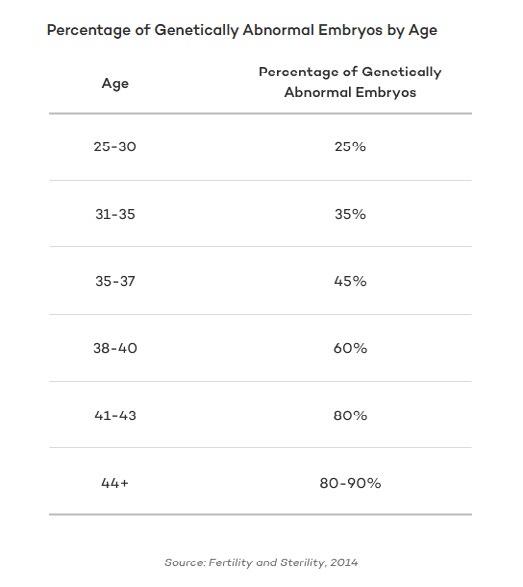
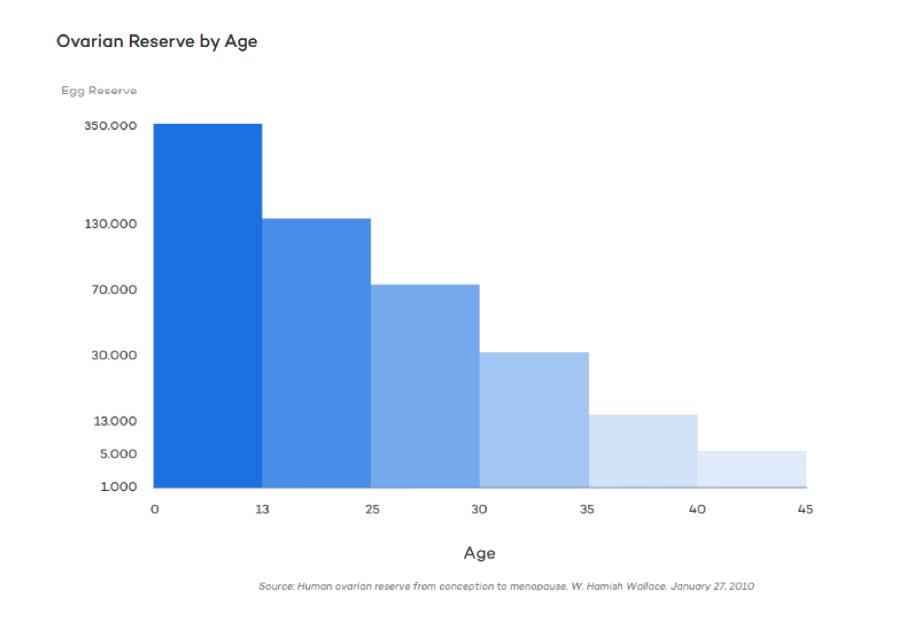
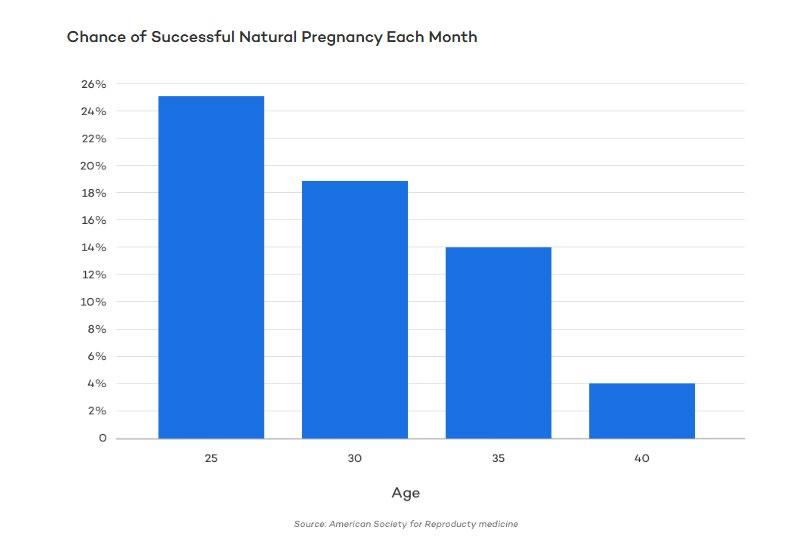

Improving Your Fertility
IMPROVING YOUR FERTILITY
Infertility, though frequently regarded as a disease in and of itself, is a diagnosis often connected to underlying issues of physiological health and wellness. This provides every person struggling to conceive with an incredible opportunity to take back their fertility and improve their chances of conception and having a healthy pregnancy.
While many who make these changes to optimize their fertility may still need assisted reproductive technologies, some will not. We recommend all of our clients, male and female, follow our ABCs of improving fertility to increase the odds of a successful pregnancy naturally, while helping to improve the outcome of any treatment needed. Ideally, these lifestyle changes should be made for three months to see their full effect.
The ABCs of Improving Female Fertility
Our oocyte and implantation enhancement protocols factor in dietary guidance, supplementary support, pharmacological driven reproductive immunology, holistic therapies, and surgical interventions. It is designed to improve oocyte (egg) quality and the uterine environment and thus improve embryo quality, implantation, and live birth results.
The human egg starts its final developmental stage prior to fertilization, approximately 90 days before that egg is ovulated. To account for the full period of development and, in turn, optimize egg quality for your treatment cycle, it is important that some of the enhancement measures be started in advance of these 90 days when possible.
The Fertility Diet
Decades of clinical experience have shown that the food we eat impacts our fertility perhaps more than anything. We recommend that all women (and men) eat a high fat, moderate protein (because excess protein is converted to sugar via gluconeogenesis), and low carbohydrate diet (AKA a ketogenic or carnivore diet).
A high-fat/low carb diet improves female fertility via two primary mechanisms:
• It Reduces Inflammation: Inflammation is the number one root cause of infertility. Eating a
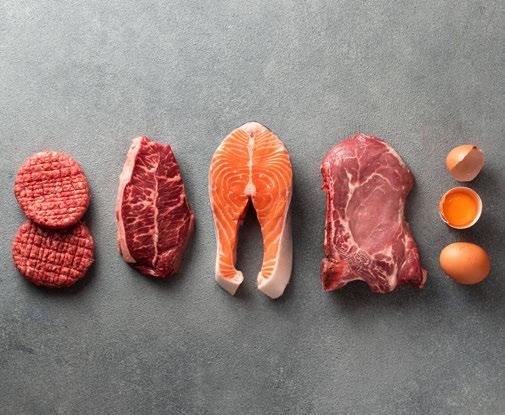
Standard American Diet (SAD) means a lowfat diet with excessive amounts of carbohydrates, sugars, grains, fruits, fiber, and vegetables. This high carb diet causes chronically elevated blood sugar which causes inflammation-inducing advanced glycation end products and impaired hormone functioning. A high carbohydrate/plant diet also comes with a burdensome load of phytochemicals that a plant makes to thwart the attack of bugs, pests, molds, and funguses (plants can’t move so they engage in chemical warfare). These molecules are antigens (foreign particles) to the human body and elicit an inflammatory response. Additionally, high plant diets contain lots of fiber that ferments in the gut, producing large amounts of heat – and thus inflammation, right on top of the reproductive organs. Removing this heavy burden and providing the body with large doses of anti-inflammatory fats improves the body’s ability to heal and deliver nutrients to important reproductive organs.
• It Improves Hormone Function: Many critical fertility hormones are made from cholesterol, but because cholesterol is also imperative for brain function and repair (aka survival), it’s almost impossible to maintain a healthy hormone balance if you’re not eating enough.
• Fat is so important for fertility that we often deliver fat to our patients intravenously in the form of intralipids, but if you’re eating enough high-quality fats you shouldn’t need intralipids.
Over the Counter Supplementation
Food is the foundation of female reproductive health, but dietary supplements can help fill in nutrient gaps and provide other nutrients that support the normal structure and function of the eggs and the female reproductive system. We recommend taking high quality fertility supplements to support egg, preconception, and prenatal health.
The ABCs of Improving Male Fertility
Spermatogenesis is the process by which sperm are developed starting from germline stem cells in the seminiferous tubules. Spermatogenesis is highly dependent upon optimal conditions for the process to occur correctly. The fortunate thing about spermatogenesis is that it is a continuous and ongoing process; with dietary, supplementary, lifestyle, and occasionally pharmacological intervention, sperm can be drastically improved.
Sperm take anywhere from around 40-80 days to develop from start to finish, so it is ideal if changes are made a minimum 40-90 days prior to semen (re)assessment or attempting to conceive or with fertility treatments like IUI or IVF.
The Fertility Diet
As with women, we recommend that all men eat a high-fat, moderate protein, and low-carbohydrate diet (aka the ketogenic diet). That means lots of fatty meat like ribeyes, pork belly, chicken wings, lamb shoulder, etc., along with butter, heavy cream, tallow, and other high-quality fats.
LIFESTYLE CHANGES
Stop Smoking
Improving sperm parameters is as much about adding things as it is about eliminating things. Making just a few lifestyle changes can reap big rewards. There are many studies that show that smoking has a negative effect on male fertility.

Some studies have even found potential mechanisms whereby tobacco may harm fertility. Zinc is a critical nutrient for sperm production and smoking seems to lower the level of zinc in semen. One study found that levels of zinc found in the ejaculate in smokers to be associated with the level of damage done to sperm. While most smokers tended to have lower level of zinc and sperm parameters, men that still had normal zinc levels despite smoking seemed to be less affected; but we’d say it’s still not worth the risk. Other studies examining oral tobacco use as well as nicotine metabolites in the semen have shown that it’s the toxins in the smoke itself that is causing the damage.
All this leads to a pretty resounding conclusion that stopping smoking can increase sperm count, motility, and other male fertility parameters.
Limit Alcohol Consumption
New research focusing on men is showing that alcohol can affect overall sexual health and male fertility. One study focused on the difference in sperm quality between alcoholic and non-alcoholic men. The results showed that progressive deterioration in semen quality is linked to increasing alcohol consumption. Sperm volume, vitality, and survival rate also decreased as the quantity of alcohol consumed went up. Of the alcoholics tested, only 12% had normal semen parameters. 37% (three times as many) of the non-alcoholic men had
normal semen parameters. The study concluded that alcohol abuse targets sperm morphology and sperm production.
Heavy drinking can affect sperm health. Alcohol consumption can cause a shrinking of the testes, changes to the shape, size, and movement of sperm, and lower testosterone levels. The good news is that alcohol’s effects on sperm health appear to be reversible. Sperm take up to 80 or so days to develop, so if you think you want to have a baby, consider cutting back on alcohol consumption three months prior to trying to conceive.
Get Tested for STIs and STDs
Sexually transmitted diseases (STDs) are known to affect the male reproductive process. Studies have shown that chlamydia can cause inflammation in the testicles. This inflammation can cause epididymal obstruction. The epididymis connects the testicle to the male reproductive system. In addition to causing male fertility issues, chlamydia is known to negatively impact female fertility. If left untreated, chlamydia can cause pelvic inflammatory disease (PID).
STDs are associated with infectious semen, and they increase the chances of transmission of the human immunodeficiency virus (HIV). HIV causes immunodeficiency along with semen deterioration in men. If passed to the female partner, HIV can cause reduced pregnancy rates and higher chances of miscarriage.
It's important that men test and treat any curable STIs to increase sperm count by alleviating sperm blockages due to inflammation caused by STI.
PRESCRIPTION MEDICATIONS
While dietary and lifestyle changes can go a long way, help from pharmacological medications (outside of traditional fertility medications) can be an important part of your fertility treatment, particularly when dealing with unexplained infertility, repetitive IVF implantation failures, and recurrent pregnancy loss.
Somatropin HGH: HGH has been found to help women with poor ovarian reserve testing (e.g., increased FSH, low AMH) and is believed to help with

oocyte maturation and improved egg quality.
Antibiotics: Antibiotics eradicate Aspirin bacteria and thus toxic byproducts and inflammation within the reproductive system that can cause failure to implant and miscarriage.
Low-dose Aspirin: Treatment with low-dose aspirin (81mg) has been shown to improve ovarian responsiveness, uterine and ovarian blood flow velocity, implantation, and pregnancy rates in patients undergoing fertility treatments.
IVIG: IVIG is made up of human antibodies. It is not clear exactly how IVIG works, but studies suggest that it may reduce the number of natural killer (NK) cells in the body, and/or may absorb or block a woman’s antibodies, which are causing the body to attack the pregnancy.
Viagra: Viagra works as a vasodilator which allows for improved blood and nutrition delivery. Used as vaginal suppositories to improve blood flow to the uterus for implantation.
Antihistamines: Over the counter Antihistamines like Claritin, Pepcid, and Benadryl can be used to suppress the immune system.
Orilissa: Orilissa is used to help treat endometriosis and endometriosis pain. It works by dialing down estrogen levels, which is what fuels endometriosis pain. Less estrogen = less fuel for painful endometriosis lesions.
Mounjaro (terzapatide) and Ozempic (semaglutide): Both medications may help ease PCOS symptoms and restore ovulation. Decades of research have established strong connections between obesity, metabolic disorders such as polycystic ovary syndrome (PCOS), and fertility issues. These weight loss medications — which can help some people drop up to 20% of their body weight — have helped many women with these conditions get pregnant. Weight loss helps correct hormonal imbalances caused by obesity and metabolic disorders and regulate menstrual cycles, thereby increasing the chances of getting pregnant.
Fat cells release estrogen, so the more weight a person gains, the more estrogen they’ll have. Ex-
cess estrogen can prevent regular menstruation and ovulation, which can make it challenging to get pregnant. Obesity causes insulin resistance as well, which can lead to high levels of male sex hormones like testosterone that don’t support pregnancy and affect egg quality.
“Ozempic babies” and “Mounjaro babies” have been receiving lots of press as women who have struggled with infertility suddenly start to ovulate and get pregnant on their own while taking these medications. Because of this, both Mounjaro and Ozempic may play a role in fertility treatment. However, it is recommended that women stop taking weight loss drugs at least two months before a planned pregnancy. Studies on rats, rabbits, and monkeys showed that these medications, if taken while pregnant, can lead to miscarriage and birth defects.

The Keto Carnivore Food Plan
For anyone experiencing infertility, recurrent pregnancy loss, or repeated fertility treatment failure, we believe immunologic dysfunction is the root cause of many diseases and can contribute to infertility and recurrent pregnancy loss.One of the easiest ways to improve immunologic function is to reduce inflammation by eating fats, reducing carbs, and eating less frequently.

What we choose to put into our bodies can create inflammation and dysfunction, or it can be a source of wellness and healing. For years and years, most of us believed what we were being told by health professionals, nutritionist and dietitians. Fat is bad. Eat low-fat. Eat plenty of fruits and vegetables. But in treating infertility, we have discovered the opposite to be true.
“FAT IS HEALING. FAT IS THE BUILDING BLOCK OF EVERY CELL IN OUR BODIES. FAT CAN REDUCE INFLAMMATION AND HELP OUR BODY TO REPAIR ITSELF.”
The human body was built for survival, requiring fat and protein to provide the energy needed to bear the elements and go about the necessary functions of the day. The potential to eliminate our biggest health problems and concerns —including issues of fertility— has proven itself to be possible by going back to a basic diet, the one man first followed when he hunted the earth for sustenance. Increasing your saturated fat intake, limiting protein consumption, and significantly reducing (or eliminating) carbohydrates reduces inflammation throughout the body.
For those looking to conceive, Dr. Kiltz recommends an inflammation-fighting carnivore or ketogenic of eating.
We use the term “ketogenic” to represent ketones. Ketones are supposedly built when the body converts to burning fat instead of sugar. Dr. Kiltz believes we never burn glucose as fuel. Rather, we must convert amino acids and simple sugars to fat in the liver via insulin for energy storage in the liver and adipose tissue. Fat provides fuel for the mitochondria and thus ATP. ATP is the chemical energy produced by the mitochondria to keep the cells alive. Therefore, we are always burning fat (acetyl Co-A that comes from fatty acids) 24/7/365 regardless of what we’re eating.
Our bodies can either make fat by converting carbohydrates and amino acids in the liver via insulin, or use the animal fat we eat for fuel. Acetoacetate, beta-hydroxybutyrate, and acetone are ketone bodies that can be measured. People perceive the elevated level of ketone bodies in the blood to be evidence of our bodies replacing glucose as a fuel source, but the presence of ketone bodies is really just a reflection of lower glucose levels. Ketone levels appear to be higher when glucose levels are lower. It’s simply a matter of ratios. More fasting lowers glucose and ketones show up.
EAT TO LIVE, NOT LIVE TO EAT.

The 3 Keys to Optimal Health & Longevity
The Dr. Kiltz Way

High-Fat Low-Carb Eating Carnivore, Carnivore, Carnivore!
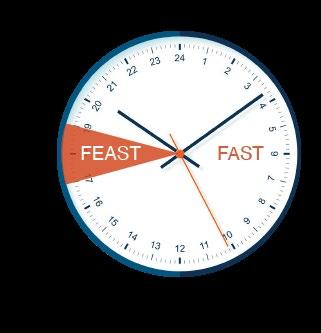
Intermittent Feasting (Fasting) One Meal A Day Mind, Body, Smile Walking, Yoga, Art, Tai Chi


Join Kiltz’s Mighty Tribe
This is a community where Ketovores, Carnivores, Fatovers, Carnicurious, and anyone/everyone can connect with one another, share ideas, learn, and stay inspired. Conversations within the community are supported by those actually eating the Keto/Carnivore Diet. Our tribe will help members to foster new relationships, build connections, share habits, and learn to become the lion within.
We are here to inspire and create leaders
Sign up here:
Carnivore Food Chart
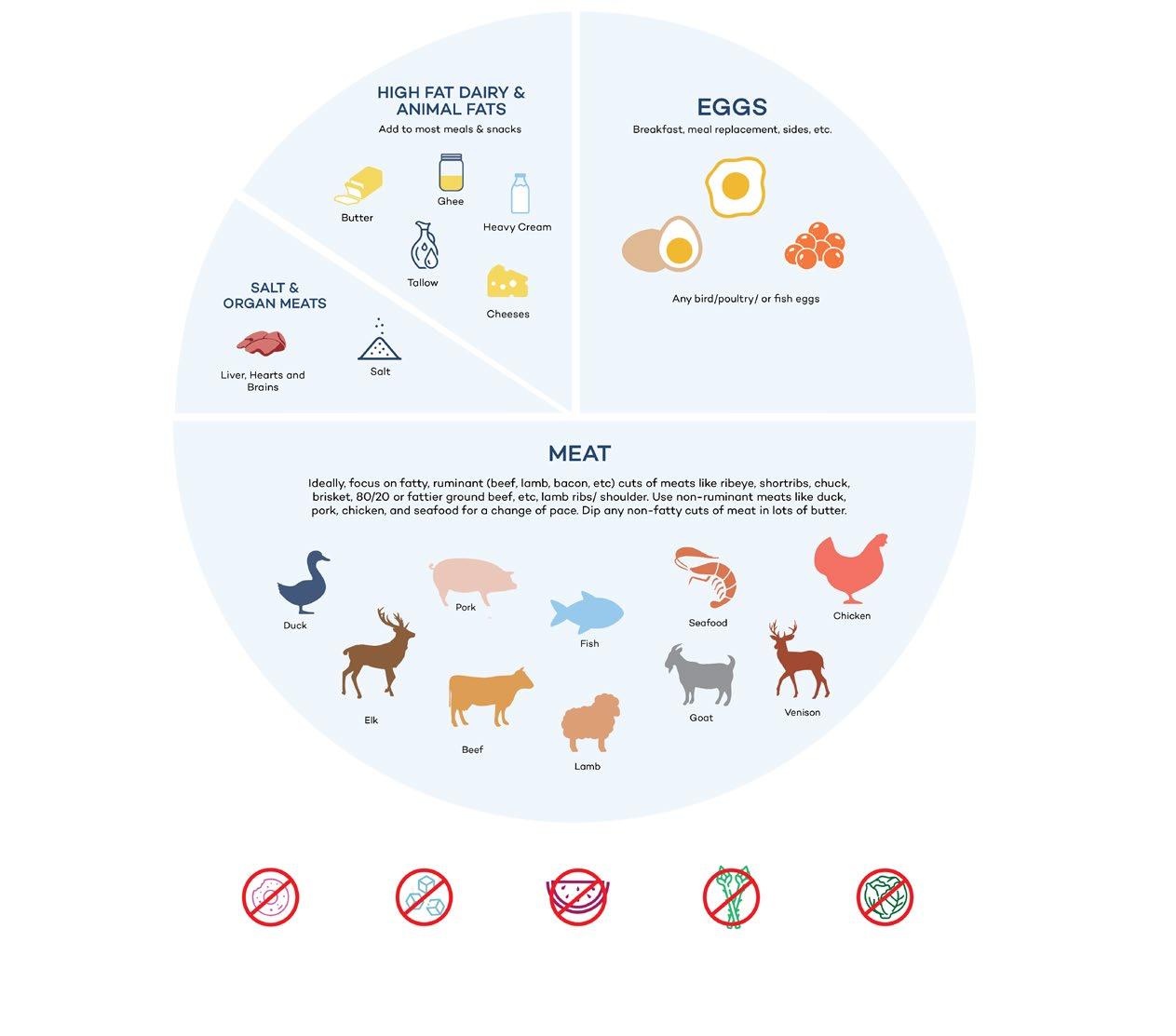
Why Carnivore?

For decades we’ve been told that a plant-based diet is the ticket to health and that meat will kill you. In a world that blindly accepts these stories, the carnivore diet is as nutritionally extreme as you can get. The thing is, when we consider the historical evidence for human carnivory, the incredible abundance of nutrients (and avoidance of antinutrients and plant toxins) in a carnivore diet, along with high-quality emerging science questioning the old anti-meat studies, the carnivore diet begins to sound, not just normal, but optimal.
For the vast period of human evolution, almost none of the vegetables and fruits you see today at the grocery store were eaten or even existed, and grains are only recent additions to our diets.
And where have they gotten us? Since the invention of agriculture, human metabolic health has taken a nosedive. In the early centuries of agriculture, we see human brains and skeletons shrink, and periodontal disease ran rampant.
Fast-forward a few thousand years to modern life, and we see skyrocketing incidences of diabetes, heart disease, cancer, osteoporosis, along with other “diseases of civilization” linked directly to modern diet and lifestyle.
Therefore, by eliminating the foods our ancestors didn’t eat and consuming only nutrient-rich animal foods, the carnivore diet may just be the most effective way to improve your overall health and wellbeing.
2021 Carnivore Diet
Findings from 2029 Participants over 6+ months on a Carnivore Diet
Diabetics came off injectable medications
Diabetics came off insulin completely
Diabetics came off all oral medications
Inflammatory marker decreased significantly
Study by Harvard University
Why Carnivore?
If you’re still wondering what’s so special about carnivore eating that makes it preferable to other food plans, let’s break it down to the basics.
IT’S NUTRIENT DENSE.
Carnivore eating sticks to the most nutrient-dense foods available to us and eliminates all of the foods that cause GI problems, inflammation, brain fog, and bloating. Nutrients are more bio-available in meats, which means your body has an easier time absorbing and using the vitamins and minerals it takes in.
IT REDUCES INFLAMMATION.
Eating an all-meat diet (and eliminating sugar and carbs) regulates circulating insulin, thereby removing the mechanisms that break down the prostaglandin inflammatory process. Carnivore eating causes the inflammatory process to turn off and on as needed, which is how it supposed to function.
IT SUPPORTS MENTAL HEALTH.
Serotonin dysfunction, low cholesterol, and zinc, DHA, Vitamin B12, iron and vitamin B6 deficiencies have all been associated with depression. The body requires amino acids, vitamins B3, B6, and B9 to make serotonin and vitamin D to release it. Because meats are nutrient-rich in all of these and have a high fat content, they can boost mood. The carnivore diet tackles nutrient deficiencies that are known to exacerbate mental health issues.
IT
REDUCES
CIRCULATING INSULIN.
When you’re consuming sugar and carbs (both break down to glucose and fructose) three to six times a day, the pancreas is constantly releasing insulin to handle the demand (and can lead to hyperinsulinemia). On a carnivore diet, your sugar and carb intake is nominal, so there’s no demand for insulin and insulin levels in your bloodstream fall giving your body a chance to rest and heal.
IT IMPROVES ENERGY LEVELS.
Inflammation and nutritional deficiencies can contribute to fatigue. Some studies have found that people with chronic fatigue have low levels of carnitine. Red meat is an abundant source of carnitine. Fat helps to fuel your cell’s mitochondria. A bump in vitamin B also helps provide additional energy.
IT SIMPLIFIES MEAL TIME & SHOPPING.
There’s nothing too complex about carnivore eating. Bacon, eggs, butter, beef, ice cream, salt gets it done! It’s a simple and short shopping list and easy prep and cooking. There’s no counting calories. That’s free time you can use to do just about anything – read a book, listen to a podcast, take a walk, paint a picture, learn photography.
IT REDUCES GLUCOSE INTAKE TO NEAR ZERO.
By eliminating sugars and carbs, you reduce glucose levels and your intake of the sugars that feed glycation and glycated protein clusters call AGEs (Advance Glycation End Products).
IT IMPROVES GUT HEALTH.
Carnivore eating removes food categories that are destructive to your gut health, namely fiber, plant toxins and triggers like glutens and lectins that feed gut bacteria, irritate the delicate biome, and can lead to leaky gut.
IT CAN INCREASE WEIGHT LOSS.
Science has shown that we gain weight because our insulin levels are always elevated which cues our bodies to go into fat storage mode. And, eating processed foods throws off our ability to be satiated, therefore we keep eating to excess. Switching to a carnivore plan eliminates both of these issues. Many people begin to drop weight once they switch.
IT SUPPORTS LIBIDO & TESTOSTERONE LEVELS.
There are many studies which show that saturated fat intake correlates with increased testosterone levels. Because the carnivore diet has high intake of goodquality fats, it can help increase the testosterone levels. Additionally, the elimination of sugar, carbs, and vegetable oils also positively impacts testosterone production. Zinc, Magnesium, vitamin D, and Boron play a large role in your body chemistry and how it creates testosterone. The carnivore diet is rich in these vitamins and minerals.
IT’S GOOD FOR YOUR SKIN.
Your skin is a byproduct of what you eat. Because the carnivore diet reduces inflammation and balances insulin levels (eliminating two major acne triggers), it improves acne and other skin conditions like psoriasis and eczema.
IT SUPPORTS IMMUNE FUNCTION & HELPS PREVENT
DISEASE.
Zinc, vitamin A, and vitamin D are critical nutrients for your immune system and most people are deficient in them.
IT IMPROVES SLEEP.
Sugar wrecks the quality of your sleep and increases inflammation. High sugar consumption is linked to more restless, lower quality sleep. Diabetes and hyperglycemia are also associated with insomnia. Ketones have been shown to improve REM sleep. Balanced hormones are a side effect of carnivore and hormonal balance also plays a role in sleep quality. Better sleep has a positive impact on a number of health and quality of life metrics.
IT ELIMINATES PLANT TOXINS.
When you say good bye to fruits and veggies, you also eliminate the various toxins and triggers that come along with them. Research shows that plants may not be as nutritionally beneficial as scientists once thought given their lectins, oxalates, phytates, etc.
IT PUTS YOU IN KETOSIS
Which is a good thing. Ketones, like beta- hydroxy butyrate, help to reverse inflammation. And the carnivore diet puts you into ketosis.
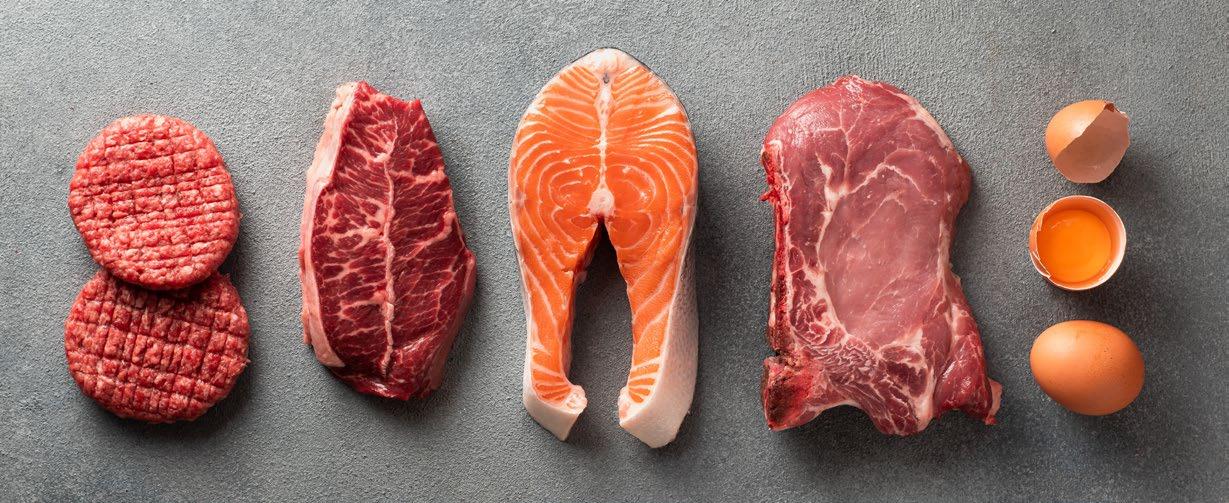
High Fat- Low Carb Eating Provides Superior Nutrition
Due to the incredible marketing efforts of various agricultural and food-processing companies, we've all been convinced that plant foods are loaded with vitamins and mineral and are the healthiest foods out there.
Truth is, fatty animal-based foods are far more nutritious and loaded with the vitamins and minerals shown to improve nearly all aspects of health, including male and female fertility.
As the graph below shows, the nutrient-density of kale and blueberries, which are widely regarded as superfoods, pales in comparison to rib-eye steak and beef liver. Combine this with the fact that kale and blueberries come packed with plant toxins and anti-nutrients, and these animal-based superfoods become a nutrient nobrainer.
Top High Fat / LowNo Carb Foods

Eggs
Ribeye/ Fatty cuts of steak
Full-Fat Dairy
Fatty Fish
Fatty Cuts of Lamb
Foie Gras/ Liver
Tallow & other animal fats like butter, lard, & duck fat
Pork Belly
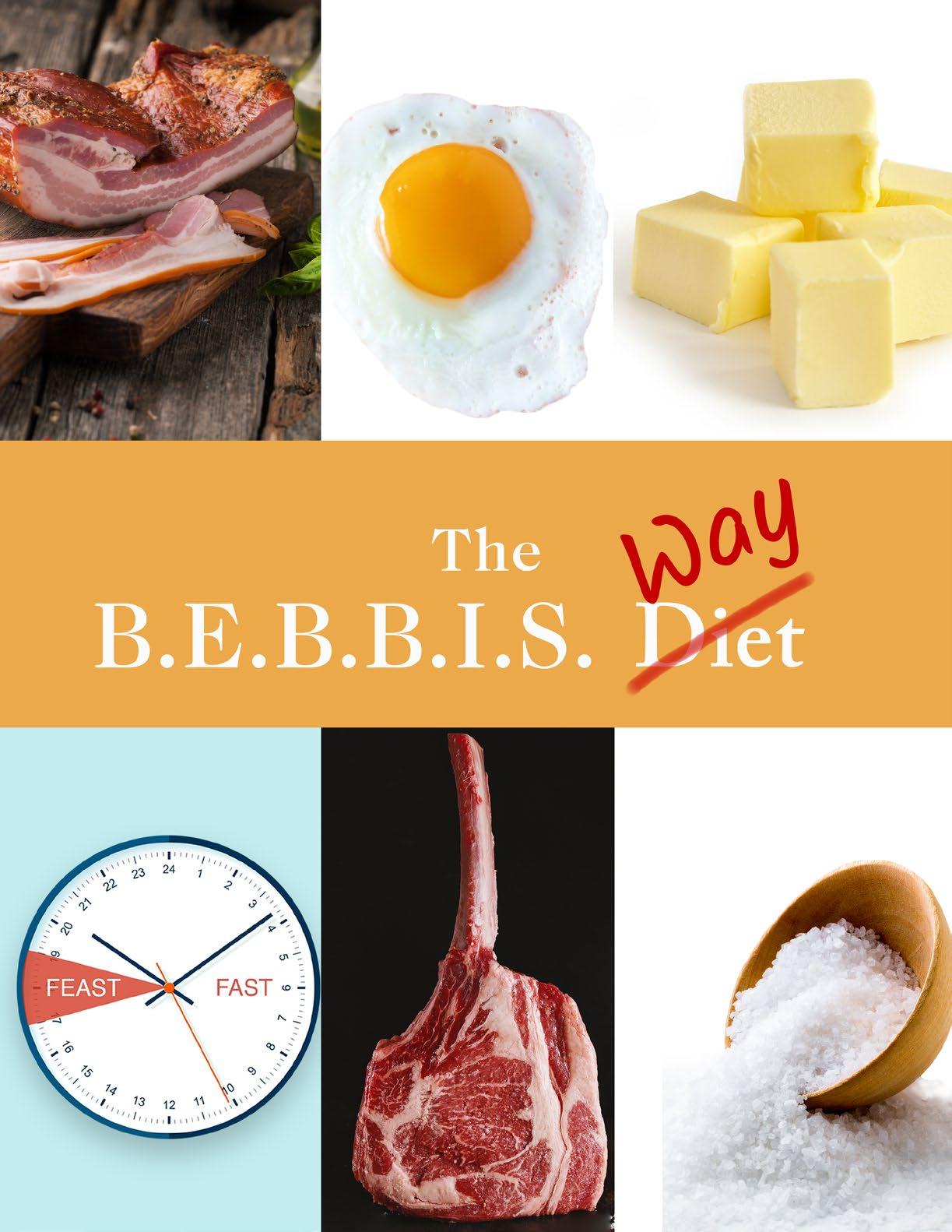
The single best way to reduce inflammation throughout the body is to adopt a high fat, low protein, near zero carbohydrate diet, such as the B.E.B.B.I.S. Diet.

What is the B.E.B.B.I.S. Diet?
Pronounced “BABIES”, the B.E.B.B.I.S. Diet is a high fat (80%), medium protein (20%), zero carbohydrate food plan that focuses on bacon, eggs, butter, beef (or other fatty meat), Kiltz’s full-fat ice cream on occasion, and salt. It’s also referred to as The Lion King Plan or the Carnivore Plan, because you’re eating like the king of the jungle—high fat, a small amount of protein, and no carbohydrates. This means eliminating all fruits and vegetables as well, as they are carbs and contain sugar and phytochemicals.
In combination with intermittent feasting, the B.E.B.B.I.S. Diet has been shown to help boost fertility in both men and women by naturally reducing inflammation throughout the body.
Why B.E.B.B.I.S.?
Diet is the number one source of chronic inflammation and fertility dysfunction. Making changes to what, when, and how frequently you eat can heal your body and reduce inflammation.
The excessive and repeated consumption of carbohydrates, sugars, grains, fruits, fiber and vegetables is very inflammatory to our bodies. Constant sugar in the bloodstream, along with plant phytochemicals and antigens cause an immunologic response. White cells and cytokines are enhanced. You might feel it in your joints, your skin, bowels, head, eyes, or you may not even feel it at all. Heat in the gut and bowels carries over to the reproductive organs in both men and women damaging the uterus, tubes, and testes. Untreated, chronic inflammation can result in repetitive pregnancy loss, failed implantation during IUI, IVF or natural cycle, or simply not conceiving.
Fat is essential… Carbs are NOT! (All Sugar)
Contrary to what we’ve been told and what many of us believe, fat is healing. Fat is the building block of every cell in our bodies. Fat can reduce inflammation and help our body repair itself. It’s really fruits, fibers, vegetables, grains and the constant ingestion of carbs that make us fat and chronically inflamed.
Our bodies require fat for energy. If we can’t eat fat or make fat, we die. The mitochondria of our cells need saturated fat (beef fat, pork fat, butter fat). Unfortunately, the majority of fat we consume is industrial, man-made fat. What we really need to be eating is nature’s fat—that stuff that surrounds the animal or is intertwined and marbled in every nook and cranny of the meat.
Excessive sugar leads to inflammation. All carbohydrates

The B.E.B.B.I.S. Diet
Bacon, Eggs, Butter, Beef, Intermittent Feasting, Salt
Eating a meat-based or carnivorous diet provides all of the essential nutrients your body needs. A vegetarian diet—even with “super foods” and their antioxidants—cannot deliver some of these essential vitamins and minerals. This is why most vegetarians must take supplements.
WHAT TO EAT
Beyond bacon, eggs, butter, beef, Kiltz’s full-fat ice cream (as a treat from time to time), and salt. I recommend that you stay very narrow in your selection of foods. Minimize the variety and simplify your meals. Eliminate pasta, bread, yogurt, milk, seeds, and nuts. Stay away from lean meats and try to choose grass-fed, all-natural meats. B.E.B.B.I.S. is about streamlining and simplifying.
You want to consume fatty meats like a rib-eye steak, not lean, fat-free chicken breast. You need to eat the fat. By adding fat, cream, butter, and eggs, you reduce inflammation; you reduce your appetite; you reduce your glucose levels; your energy is so much better; and your body begins to heal itself.
Fat in its best and purest, most natural form comes from animals (lard, tallow, butter, ghee, duck fat). Secondarily, there are several fruits and vegetables that are high in fat, like coconut oil, cocoa butter, and hemp seed oil. Stay away from vegetable oils like soybean, canola, vegetable, sunflower, and corn oil.
WHEN TO EAT
Once per day is best. Intermittent fasting (or intermittent “feasting” as I refer to it) is highly recommended with the B.E.B.B.I.S. Diet. This involves eating just one meal a day and allowing 12-24 hours between feedings. We’re not meant to eat 3-6 meals a day with snacks in between, constantly filling the gut with fiber and carbs that ferment and feed the bacteria and yeast in our gastrointestinal tract causing more disease. Our bodies are well-designed to go without food, yet most of us consume excessive calories that add fat to our bodies. It’s best to eat just before bedtime, giving your body time to rest and digest while you sleep.
WHAT TO DRINK: Water, Coffee, Tea, Bone Broth
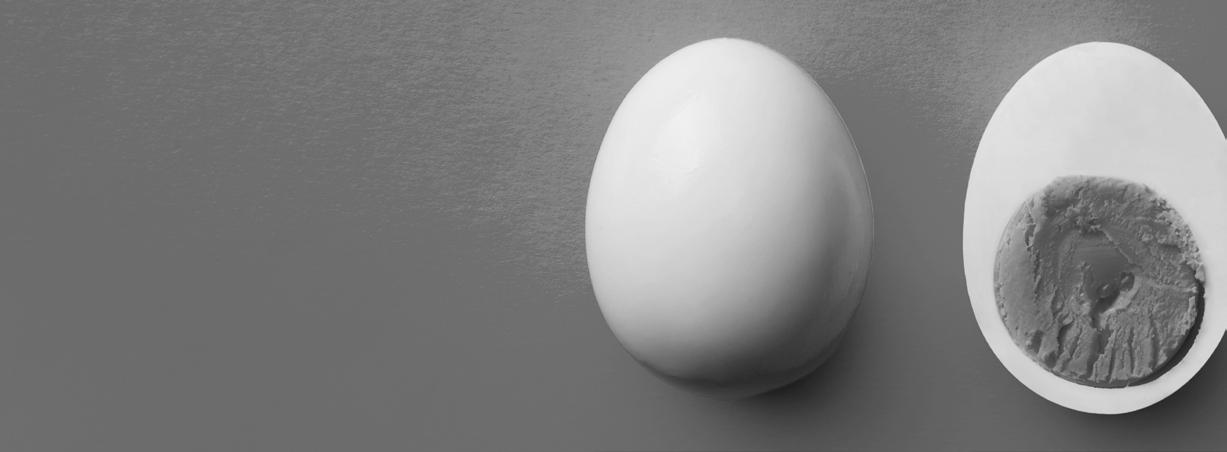
Getting Started on the B.E.B.B.I.S. Diet
• GET RID OF ALL SUGAR
• GET RID OF ALL GRAINS —(Wheat, corn, rice, oats)
• GET RID OF ALL HYDROGENATED OILS (AKA VEGETABLE OILS)—Most vegetable oils contain Polyunsaturated Fatty Acids (PUFAs) and are very inflammatory
• GET RID OF ALL FRUITS, VEGETABLES, AND FIBER.
Good Meal Choices:
• Rib Eye Steak or other cut with good marbling
• Pork Belly
• Liver/organ meats
• Pork/Lamb Shoulder, Chops, Ribs, Brisket
Be sure to include enough salt in your diet. Your body needs salt to help regulate fluid balances. As you’re eating fewer processed foods and your body begins to shed electrolytes and fluids while in ketosis, your body also loses salt. Even transitioning from regular keto to the B.E.B.B.I.S. Diet, you will lose extra water from inflammation. Brain fog, muscle cramps, headaches, dizziness, and similar symptoms are all likely signs you need more salt.
• Skin-on Chicken thighs and wings fried in own fat
HOW MUCH TO EAT
What you eat is far more important than how much you eat. You will find that fatty meats are more filling than lean meats, and you will likely feel full before you finish your meal.
Have a cup of coffee or tea with cream or butter and a glass of water (still or bubbly with no added sugar) when you need it. Avoid alcohol in all forms. Alcohol is toxic to your body. Purchased or homemade bone broth is another great addition. It’s a great snack and a soothing way to start or end the day.
Intentional movement is key, but avoid excessive exercise. Activities like high intensity running or spin class create additional friction, heat, trauma, and damage in the body. We are meant to walk, take in the sites, not run or churn away on the elliptical. Yoga and Tai Chi are ideal options. Slow movements accompanied by mediation and quiet thinking are great for your mind, body, and soul. I urge clients to slow it down. That doesn’t mean stop moving, but be cognizant that strenuous exercise heats up the body and takes the blood flow away from your core where it’s needed.
• ADD THE FAT! Add full-fat heavy cream to your coffee. Eat rib-eye steak, fatty bacon, eggs, and butter. Don’t trim the fat, eat it!
• PRACTICE INTERMITTENT FEASTING
(1-2 meals per day spaced out) Intermittent feasting or longer periods of fasting reduce glucose in the blood stream and reduce glycation.
Helpful Resources:
DoctorKiltz.com
Dietdoctor.com
Livinlavidalowcarb.com
Kendberrymd.com
Carnivoreaurelius.com
Kevinstock.io
Shawn-baker.com
Mariamindbodyhealth.com

Health Conditions That May Benefit from a
High-Fat Low-Carb Diet
• Hypertension
• Diabetes
• Crohn’s Disease
• Irritable Bowel Syndrome
• Anxiety
• Depression
• Polycystic Ovarian Syndrome (PCOS)
• Colitis
• Asthma
• Migraine Headaches
• Dementia
• Infertility
• Multiple Sclerosis (MS)
• Epilepsy
• Metabolic Syndrome
• Some Cancers
• Autism
• Parkinson’s Disease
• Alzheimer’s Disease
• Nonalcoholic Fatty Liver Disease
Foods to Eat on the B.E.B.B.I.S. Diet
Find the Fat
MAKE BACON, EGGS, BUTTER, BEEF, & ICE CREAM
THE MAINSTAYS OF YOUR REGULAR DIET
Anyone who has spoken to me has heard me repeat these five foods like a mantra. They are the basis of Dr. Kiltz’s B.E.B.B.I.S. Diet. They point back to this simple truth: Our bodies require fat for energy. If we can’t eat fat or make fat, we die. Unfortunately, the majority of fat we consume is industrial, man-made fat. What we really need to be eating is nature’s fat—that stuff that surrounds the animal or is intertwined and marbled in every nook and cranny of the meat.
Stay away from lean meats and try to choose grassfed, all-natural meats. You want to consume fatty meats like a rib-eye steak, not lean, fat-free chicken breast. You need to eat the fat. By adding fat, cream, butter, and eggs, you reduce inflammation, you reduce your appetite, you reduce your glucose levels, and your energy is so much better. All of the bowel problems go away, the skin problems and the joint problems are gone.
Minimize the variety and simplify your meals. Eliminate pasta, bread, yogurt, milk, seeds, and nuts. Plant oils which harden when exposed to oxygen likely contain a multitude of plant antigens, which are harmful.

THINGS TO AVOID:
Sugar
Carbohydrates
Alcohol
Whole Milk
Cream
Bone Broth
Eating fat in its purest form is the simplest energy source for our bodies. There are a lot of different food plans out there that focus on high fat / med-low protein / low carbs. They are pretty similar, but tend to differentiate themselves by their recommended fat and carb consumption. Paleo is about 20% protein, 70% fat, 10% carbs. The B.E.B.B.I.S. Diet is 80% fat, 20% protein, zero carbs. This is the key to health and wellness.Any combination of bacon, eggs, butter, and beef (or fatty meat) is crucial to reducing inflammation. We call this The Lion King Plan. To eat like the king of the jungle means eliminating all fruits and vegetables that produce sugar and phytochemicals, and focusing only on high quality, high fat foods.
High-intensity exercise
Probiotics
Fiber
Seeds & nuts
Fatty, Flavorful, and Filling
WHY RIB-EYE STEAK IS THE PERFECT CARNIVORE MEAL
Iconsider a rib-eye steak to be the perfect carnivore meal, and it’s one I eat quite often. Here’s why: A rib-eye steak is cut from the rib section of beef cattle. Known for their tenderness, rib-eyes also have a high fat content. Generally, the higher the grade of meat, the more fat it contains. It’s half fat and half protein in a delicious package and contains no carbohydrates, sugar, or fiber.
All that beautiful marbling in a rib eye means fat— great for flavor and your body.
GENERAL NUTRITION
A 242-gram serving, or about 8.5 ounces, of grilled, boneless, choice rib eye steak with its fat trimmed contains 520 calories, 133 percent of the recommended daily intake of protein, 44 percent of the fat and 6 percent of the sodium. I recommend you don’t trim the fat and eat it instead.
PROTEIN
Protein makes up about half of the calories in rib eye steak. Your body breaks proteins down into amino acids. Amino acids are essential to the creation, repair and maintenance of cells. There are three types of amino acids: nonessential, conditional, essential. Your body can produce nonessential amino acids and conditional amino acids, but may need supplemental sources in times of illness or stress. Your body cannot make essential amino acids, which come only from the food you eat. Rib eye steak offers both conditional and essential amino acids.
FAT
Fat comprises the other half of rib eye steak’s calories. About 40 percent of that fat comes from saturated fat. The body needs dietary fat for energy and for the essential fatty acids it contains that the body can’t produce. These fatty acids reduce inflammation, control blood clotting and aid in brain function. Fat also allows the body to absorb vitamins A, D, E and K.
VITAMINS
A serving of rib eye steak offers 239% of the recommended daily intake of vitamin B12 for an adult male. Vitamin B12 helps red blood cell formation, neurological health, DNA synthesis, and may play a role in reducing the risks of dementia and age-related cognitive decline. A rib eye also provides 84% of daily recommended intake of niacin, which helps in red blood cell formation, neurological function and maintaining healthy digestion, skin and nerves.
MINERALS
An 8.5-ounce serving of rib eye supplies 153% of the daily need for zinc. Zinc is integral to energy production, protein and nucleic acid synthesis, healthy immune function and cell division. The same serving of rib eye has 145% of the daily requirement for selenium. Selenium combines with proteins to form antioxidant selenoproteins that help prevent cellular damage from free radicals, which may help lower cancer and heart disease risks. Selenium may also play a role in alleviating arthritis.

“Fat is the fuel for cells in the muscles. Muscles always need energy.”
More Than Beef
Many people mistakenly believe that steak is the only acceptable food on the Carnivore Plan. Not the case. Though beef is certainly a mainstay of carnivore eating, you’ve got lots to choose from, including all ruminant meats (hoofed, herbivorous grazing mammals), like goat, buffalo, and lamb, plus seafood and shellfish, poultry (skin-on thighs and wings preferred), fullfat dairy, eggs, liver and other organ meats.
CARNIVORE PROTEINS
Choose humanely-raised meat and eggs and wild-caught seafood when available and affordable. Grass-fed meat is preferred if you can afford it, but the nutritional differences are slight.
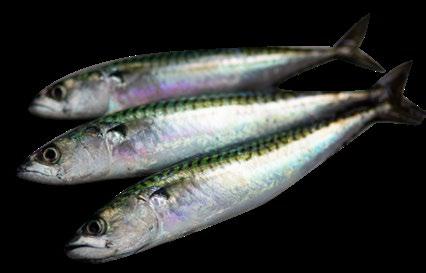
Carnivore Food Options
CREAM IS THE NEW ORANGE JUICE.
BEEF BUFFALO GOAT
LAMB
RABBIT
VENISON
POULTRY
CHICKEN
DUCK
GAME HEN GOOSE
OSTRICH
PORTRIDGE
PHEASANT
QUAIL
SQUAD
TURKEY
EGGS
CHICKEN EGGS
DUCK EGGS
GOOSE EGGS
OSTRICH EGGS
QUAIL EGGS
FISH
AHI/MAHI
CATFISH
HALIBUT
HERRING
MACKEREL
SALMON
SARDINES
SNAPPER
SWORDFISH
TROUT
TUNA
WALLEYE
WHITE FISH
(COD BLUEGILL)
SHELLFISH
CLAMS
CRAB
LANGOSTINO
LOBSTER
MUSSELS
OYSTERS
PRAWNS
SCALLOPS
SHRIMP
SNAILS

Adding full-fat heavy cream or butter to your coffee or tea is an easy way to add fat back in to your diet, and it tastes great too! Give up the non-dairy creamers, sugary flavored mix-ins, almond or soy milk. Go with full-fat heavy cream to fight inflammation.
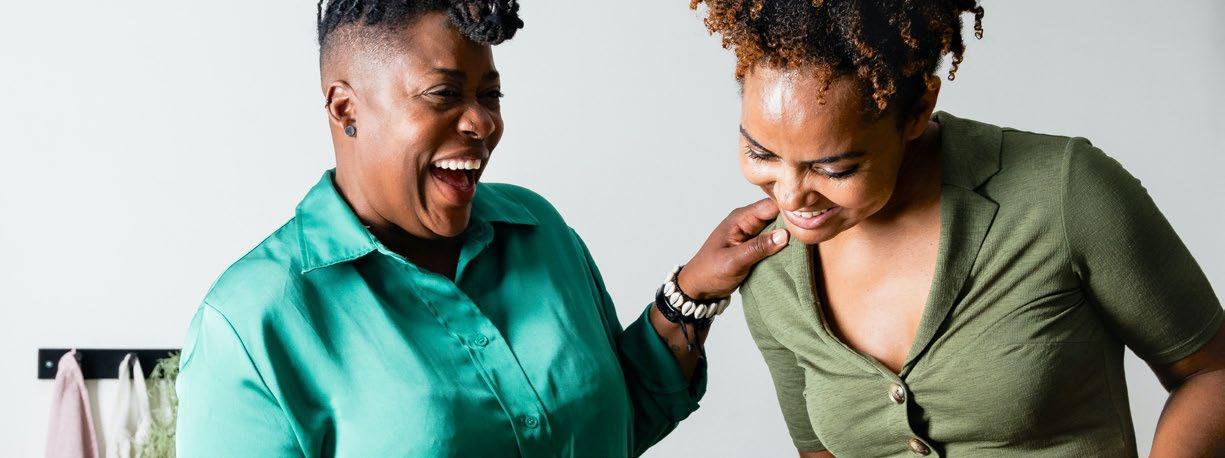
Intermittent Feasting
Fasting between meals gives your body time to rest and digest, heal and repair, and allows the glucose levels in the bloodstream and throughout the body to go down. Some refer to this as “intermittent fasting”, but I find the term “intermittent feasting” to be more accurate. I believe your best health comes from eating one meal a day in the evening and giving the body time to clear the bowels of food by allowing 12-24 hours between feedings. This is in line with how prehistoric man lived: going for days to weeks without eating, not knowing where or when his next meal was coming, feasting and then fasting, fasting, fasting while on the hunt for food.
Our bodies were not designed to eat 3-5 meals a day with snacks in between like a grazing animal. Eating several meals a day fills the gut with fiber and carbs that ferment and feed the bacteria and yeast causing more disease. The more we eat, the more we fill “the bucket” that is our digestive system. We fuel the fire of inflammation; we fill our intestines, never allowing them to diminish their contents because of the continuous supply of food.
TRUE FASTING: EAT ONCE PER DAY (OR LESS) LONGER FASTING LEADS
Intermittent feasting allows time for digestion, reduces glucose and insulin levels in the bloodstream, thereby reducing the damage that causes foggy brain, digestive issues, and aches and pains throughout the body.
Our bodies are well- designed to go without food, yet most of us consume more calories than we could ever burn through in a day. This adds fat to our bodies. Fat is meant to be there to help ensure our survival during times of famine and drought.
Dr. Jason Fung has a lot of good information on incorporating intermittent fasting into your lifestyle.
“Carbo-caine” When I talk to patients or friends about eating bacon, eggs, butter, and beef and removing carbohydrates and sugar from their diets, most worry they won’t be able to do it. Carbs and sugar have a real grip on most of us, you’re not imagining it. I actually call carbs “carbo-caine”. Like cocaine, they are addictive. Eating carbs affects the pleasure centers in the brain just like a drug. High carb consumption spikes insulin which allows tryptophan to enter the brain and make serotonin, the feel-good neurotransmitter.
Eating carbs quite literally makes us happy, but only temporarily. A steady diet of high carbs and sugar will create a host of problems that affect your daily enjoyment of life and can shorten your lifespan.
Intermittent Feasting Benefits
While there are likely dozens of health benefits to intermittent feasting, we'd like to highlight a few that are especially important for impacting fertility.
BENEFIT #1: Keeping the Bowels Clear and Cool
Many people do not recognize that in the female body, the bowels sit directly on top of the reproductive organs.
This is problematic as digestion (particularly fermentation if you are eating vegetable products) creates a tremendous amount of heat, and the female reproductive system is finetuned to function at a very specific temperature, 98.6.
This isn't a problem if we space out meals and limit them to around once a day. But if we are eating 3 meals a day and snacking in between, the ovaries may be operating in elevated temperatures nearly 24/7, which could seriously alter egg quality and other aspects of female reproductive health.
BENEFIT #2: Increases Human Growth Hormone -> Improves Egg and Sperm Quality
We frequently prescribe human growth hormone or recommend supplements designed to increase HGH levels as a way of improving egg quality. But all of that may not be necessary if you're intermittently feasting.
A recent study looking at the effects of IF on 200 people found that fasting for just a 24-hour period increased HGH by 1300% in women and 2000% in men.
BENEFIT #3: Reduces Inflammation
Fasting has been shown in numerous studies to reduce inflammatory activities and reduce chronic inflammation. This gives IF the power to improve nearly every marker of physical and mental health while reducing the risk of disease and infertility.
BENEFIT #4: Improved Blood Sugar, Insulin, and Hormone Levels
It is believed that PCOS, the leading cause of infertility, is largely driven and caused by chronically elevated blood glucose levels which keep insulin levels consistently high and lead to disruption of normal hormone function.
Fasting is the most foolproof way to reduce blood glucose and insulin levels, and reduce the symptoms of metabolic syndrome and PCOS, including ovulatory dysfunction.
SIMPLE BONE BROTH RECIPE INGREDIENTS
• 2–3 pounds of beef bones.
• 4 liters (1 gallon) of water.
• 2 tablespoons apple cider vinegar.
• 1 onion (optional).
• 4 garlic cloves (optional).
• 1 teaspoon of salt and/or pepper (optional).
DIRECTIONS
Put bones and vegetables in a big, stainless steel pot*. Pour cold water into the pot so it covers the contents. Add the vinegar, and then raise the temperature to bring to a boil.
Reduce heat, add salt and pepper, and then let simmer for 4–24 hours (the longer it simmers, the tastier and more nutrient-dense it will be).
Allow the broth to cool, and then strain the solids out. Now it’s ready.
You can also add other meat, veggies or spices to your broth. Popular additions include parsley, bay leaves, carrots, celery, ginger, lemon rinds and liver, but they are not required.
Broth may be stored in an airtight container in the refrigerator for up to 5 days, or in the freezer for up to 3 months.
For those who prefer to multi-task (cook and sleep), you may also want to use a pressure cooker, slow cooker or Crock-Pot. You can use a Crock-Pot to make bone broth overnight.
*For extra flavor, roast the bones before adding to pot. Preheat oven to 450°. Roast bones on a parchment-lined rimmed baking sheet for 30 minutes.

The Simple Guide to Dr. Kiltz’s Fertile Lifestyle
1. Eat one meal & one snack per day
2. Higher fat, lower protein & carbs

3. Eat less frequently- reduce your bowel contents by fasting 18-23 hours
4. If eating carbs, cook them wellsimplify your carbs to speed up absorption. Eat less complex carbs. This delivers sugar (glucose) to the liver to be converted to fat fast, reducing serum glucose levels.

Carnivore Snacks




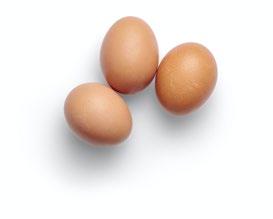
Steak Leftovers
Pork Rinds
Freeze Dried Beef Organs
Beef Jerky & Biltong
Kiltz Ice Cream
Bone Broth
How Do I Get Started?
It’s helpful to “buddy up” when starting Keto. Adopting the Carnivore lifestyle with a partner or friend allows you to share, learn from and support each other. Many of our client couples go Keto together and find they are both happier and healthier. When it comes to fertility, both the man’s and woman’s
Buy organic when possible and grass-fed beef. Farmers markets are a great place to find locally grown/raised foods.
And don’t expect to be perfect. None of us is. You will have days when you don’t stick to your goals and you make bad food choices—you have a glass of wine with a friend or eat a couple French fries. That’s okay. Just get back on track and stay focused.

The good news is that a carnivore diet is generally more fulfilling than one heavy in carbs and sugar.
Fats are filling. Even though you are eating less, you will feel fuller faster and not get hungry as fast because your sugar levels aren’t on a roller coaster anymore.
GETTING STARTED ON DR. KILTZ’S CARNIVORE
Get rid of all sugar— Any type.
2. Get rid of all grains — wheat, corn, rice, oats.
3. Get rid of all hydrogenated or partially hydrogenated oils (e.g. vegetables oils)—canola oil, grapeseed oil, corn or sunflower oil, and most vegetable oils contain Polyunsaturated fatty acids (PUFAs) and are very inflammatory. These should be eliminated (or kept to a minimum like peanut or sesame oil).
4. Get rid of all fruits, vegetables, and fiber.
Practice intermittent feasting. Narrow your eating window to 1-2 hours per day with 1 meal and 1-2 snacks.
Keto/Carnivore Resources
Making the decision to go keto can seem overwhelming at first. You wonder, “Where do I even begin?” Fortunately, there are lots of resources to reference: websites, articles, books, cookbooks, etc. At CNY Fertility, we are very fortunate to have Keto-experts Maria and Craig Emmerich as a CNY Fertility special consultants. Their books, website, blogs, and seminars are a priceless resource for anyone wishing to boost fertility and achieve countless other health benefits by going keto.
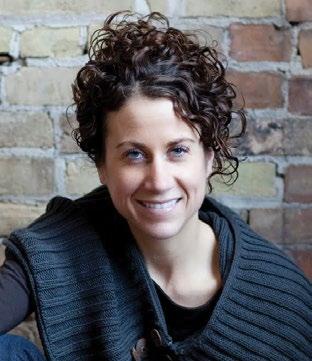
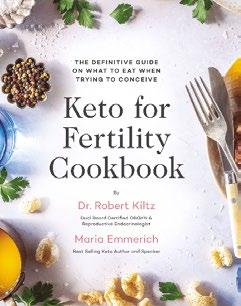
MARIA EMMERICH is a wellness expert in nutrition and exercise physiology. She has a passion for helping others reach their goals of optimal health. She struggled with her own weight throughout childhood and decided enough was enough. She decided to study health and wellness so she could help herself and others stop wasting time feeling discouraged with their outward appearance and not feeling their best mentally. Maria is an international and best-selling author of several books and cookbooks. She understands the connection between food and how it makes us all feel on the inside and out and shares answers to lots of nutrition questions at her website www.mariamindbodyhealth.com.
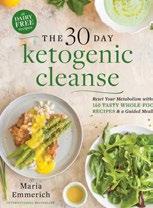

What do you get when a leading fertility expert and a best-selling keto-expert/ speaker get together to write a cookbook that will help improve your fertility?
The Keto for Fertility Cookbook, that’s what. Dr. Robert Kiltz and Maria Emmerich share the why, what, how, and when of eating to reduce inflammation and promote fertility when trying to conceive.
Infertility can take an enormous toll on anybody struggling in its throes. But the secret to success may be as simple as changing your diet. Together they’ll show readers how a diet low in carbs, moderate in protein, and high in fat can boost your fertility, improving your overall health and odds of conception (with and without additional fertility assistance). Includes delicious, easy recipes and helpful tips to keep your pantry stocked with fertility-friendly ingredients. This HFLC (high-fat, low-carb) food plan has worked for patient after patient, even when modern fertility techniques failed.
Together, Dr. Kiltz and Maria Emmerich hope to inspire a HFLC fertile lifestyle while guiding readers on the many ways it can improve how you feel, how you look, and ultimately your ability to conceive the child you’ve been longing for.
Carnivore Resources
Great minds! Dr. Kiltz has interviewed or been interviewed by many of the top Carnivore thinkers. Lots of great videos to watch and information and tips to absorb.


KELLY HOGAN
Instagram: @kelly_hogan91
YouTube Handle: @myzerocarblife

BRIAN SANDERS
Website: nosetotail.org
Instagram: @foodlies & @eatnosetail

AMBER WENTWORTH
Website: Lone-Star-Keto.com
Instagram: @lonestarketogirl
Youtube: Lone Star Keto
Facebook: @lonestarketogirl
Twitter: @lone_star_keto

DR. GARY FETTKE
Website: lowcarbdownunder.com.au
YouTube: Low Carb Down Under
Twitter: @FructoseNo
Instagram: @isupportgary
DR. TRO KALAYJIAN
Website: doctortro.com
Podcast: https://podcasts.apple. com/us/podcast/low-carb-mdpodcast/id1441557261
Instagram: https://www.instagram. com/doctortro/
Twitter: https://twitter.com/ DoctorTro
Facebook: https://www.facebook. com/DoctorTro/
Youtube: https://www.youtube.com/ channel/UCCZoglf1EL7upJgmb_ KaFLQ
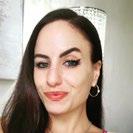
DR. SARAH ZALDIVAR
Website: https://drsarahzaldivar.com/ UDEMY instructor page: https://www. udemy.com/user/sarah-zaldivar/
Instagram: https://www.instagram. com/cnyfertility/
YouTube: https://www.youtube.com/ channel/UCBXm-oCTNdJdbD65gK5lEQ
Facebook: https://www.facebook.com/ drsarahzaldivar/
Twitter: https://twitter.com/ DrSarahZaldivar


DR. ANTHONY CHAFFEE
Instagram: @anthonychaffeemd Podcast: “The Plant Free MD
SHAWN BAKER, MDAmazon best-selling author of The Carnivore Diet
Website: https://carnivore.diet/ dr-shawn-baker-md/
Instagram: @shawnbaker1967
YouTube: Dr. Shawn Baker
Podcast: Revero Podcast
Carnivore Resources
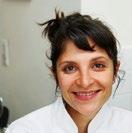
ALEXIS COLANTONIO
Website: purenaturalkitchen.com
Website: purenaturalmind.com
Instagram: @purenaturalkitchen
Facebook: @purenaturalliving
Twitter: @purenaturallife

DR. JAIME SEEMAN
Website: .doctorfitandfabulous.com
Instagram: @doctorfitandfabulous
YouTube: Doctor Fit and Fabulous
Podcast: humanperformanceoutliers.libsyn.com/

ZACH BITTER
Website: https://zachbitter.com/
Instagram: @ZachBitter
Podcast websites: https://zachbitter.com/hpo

BELLA
Website: https://sbg-s-meat-up.mn.co/
Youtube: Steak and Butter Gal
Instagram: @steakandbuttergal


ROBERT ORION SIKES
Website: https://ketosavage.com/
AUSTIN CAVELLI, MS, PA-C
Website: QualityCarnivore.com
Instagram: @qualitycarnivore
Facebook: qualitycarnivore
YouTube: Quality Carnivore

PAUL SALADINO
Website: https://carnivoremd.com
Instagram: carnivoremd2.0
Podcast: https://carnivoremd.com/ category/podcasts/

DR. KEN BERRY
Website: drberry.com
Instagram: KenDBerryMD
Facebook: KenDBerryMD
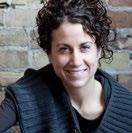
MARIA EMMERICH
Website: mariamindbodyhealth.com
Instagram: mariaemmerich
Vimeo: Maria Emmerich

JUDY CHO
Website: https://nutritionwithjudy.com/
Instagram: @nutritionwithjudy
Medicines for Treating Inflammation
“Inflammation is the cause of all of our diseases.”
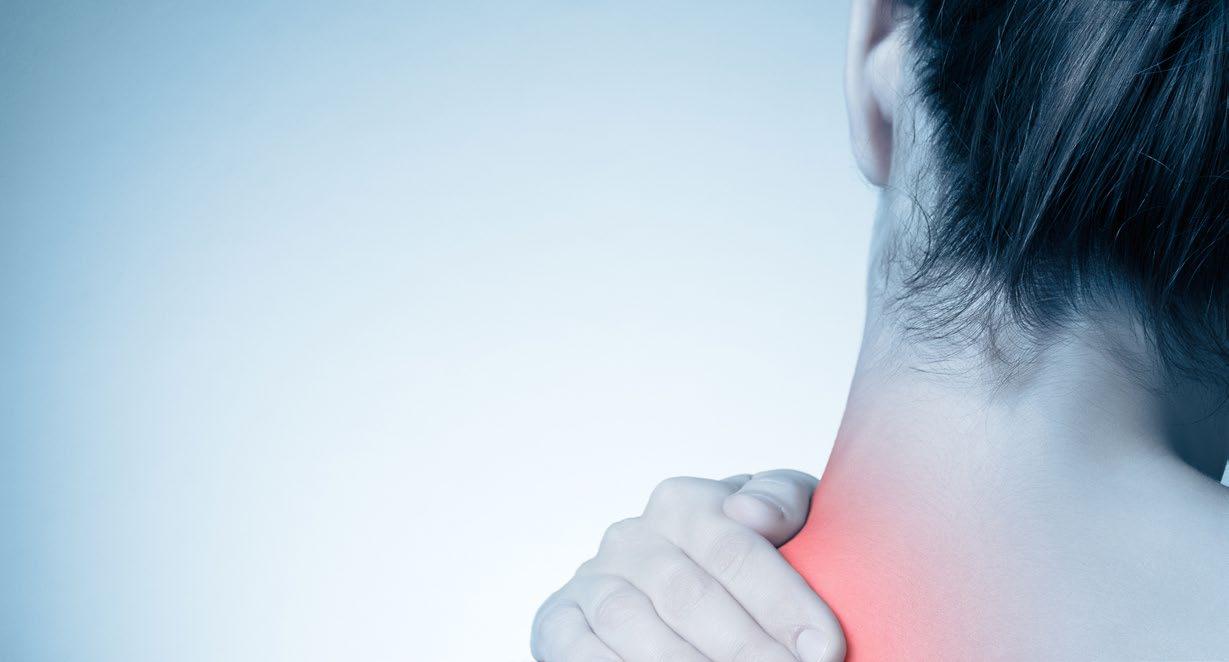
Inflammation is the cause of all of our diseases. Infertility is just another list of diseases caused by acute and chronic inflammation. Whether it’s a bug—a microorganism—or it’s due to glucose and glycation or other phytochemicals or plant antigens that actually damage and create an inflammatory response from our own body, we don’t yet know.
Exactly why it happens in the uterus, tubes, ovaries or in the male reproductive organs, we’re not completely sure, but it likely has to do with blood flow that deposits these microorganisms or plant phytochemicals and antigens in those areas. Plus, it’s secondary to the excessive heat in the G.I. tract—the colon and small intestines. As the fermentation of these particles (fruits, fibers, vegetables) occurs, it creates an exothermic reaction which heats the local organs and damages all of them. Inflammation is the body’s reaction to these insults.
We’re constantly looking for ways to reduce inflammation. Reducing the quantity of plant molecules you put into your body as food and reducing the heat in your body by slowing it down can help.
Recently, we have achieved success treating inflammation pharmacologically with low-dose steroids like Prednisone, Humira, and intravenous immunoglobulins and intralipids, which are made up of egg protein and soy fat. The fat appears to be a successful method of reducing the inflammation in our bodies. We also use aspirin, NSAIDs, steroids, and antibiotics. Using low dose naltrexone and CBD oil or Cannabidiol in conjunction with acupuncture, massage, meditation, light therapy, and visualization is beneficial as well.
LOW DOSE NALTREXONE (LDN)
Because infertility may be due to the immune system’s overreaction to one’s own hormones, we may try prescribing low dose naltrexone (LDN). LDN is a therapy that has shown promise in a variety of health issues including infertility. Although originally developed decades ago for the treatment of heroin/opioid addiction because of its ability to bind with opioid receptors in the brain thereby blocking the effects of the drugs, it was discovered that in very low doses, naltrexone was helpful in treating autoimmune disorders, HIV/ AIDS, cancer, and central nervous system disorders. Because it can balance and regulate the immune system without over-stimulating it, any condition that involves immune dysregulation may benefit from LDN. Since auto-immunity is a potential cause of infertility, LDN therapy is a useful treatment option.
In lower doses, naltrexone still causes a very mild blockage of endorphin receptors throughout the body. The body’s response to this binding is to compensate by increasing production of endorphins and enkephalins (our natural opioids). The brief blockage every night appears to be enough to effect a prolonged change in many aspects of the immune system and increases the body’s ability to heal itself. In addition to treating Lyme disease, fibromyalgia, chronic fatigue syndrome, multiple sclerosis, Parkinson’s, Hashimoto’s thyroiditis, Crohn’s disease, autism, and rheumatoid arthritis, LDN can also be helpful for depression because of its endorphin-boosting effect.
LDN boosts the immune system, the mechanism for which we do not entirely understand. LDN makes the immune system begin working at optimum levels again which includes the correction of the many imbalances which plague our body. Studies have also helped to uncover some relationships between the immune system, the hormonal imbalance of the body and the problems experienced by women with PCOS and infertility in general. In the treatment of infertility, the goal is to stop any process in the body where the immune system is attacking its own tissues, which could hinder the fertility process, thereby improving one’s ability to get (and stay) pregnant.
TAKING LDN
Patients who are prescribed LDN typically begin taking 1.5 mg – 4.5 mg by mouth once daily at bedtime. Although LDN is noted for being sideeffect free because it stimulates the body’s own mechanisms, there are clients for whom it is not well-suited, especially those being treated for addictions. LDN should not be used if you are taking Methotrexate or any narcotics. Some people do report vivid dreams, sleep disturbances, nausea (usually for the first 2 weeks), dizziness, headache and mild dry mouth, but sleep issues typically resolve themselves spontaneously. It is recommended that patients take LDN prior to beginning a cycle and continue, when recommended, throughout pregnancy. It will be temporarily stopped 4 days before oocyte retrieval and resumed the following day.
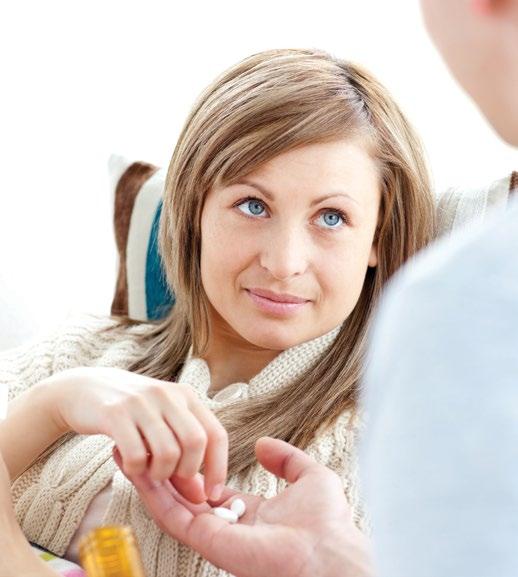
OTHER MEDICINES FOR TREATING INFLAMMATION
The following medications enhance implantation and reduce inflammation in conjunction with our standard protocols.
Prednisone: This low dose steroid is taken orally. There is evidence that empiric treatment with low dose steroids may be beneficial in repeated pregnancy loss, even when the autoimmune testing has been negative. Side effects generally are minimal and mild when given in low dose, short term use.
Lovenox: A blood thinner, has been successfully used in promoting embryo development and preventing small blood clots from forming at the site of embryo implantation. It is administered by injection and has been an effective form of treatment for recurrent pregnancy loss. Although recommended for clients with known blood clotting disorders, Lovenox has been widely used empirically with infertility treatments to prevent miscarriage and for those with repeated unsuccessful fertility treatments.
HCG: Low dose HCG injections or HCG uterine wash. The corpus luteum provides the main source of progesterone support. The corpus luteum maintains its activity for 14 days. If an embryo fails to implant and HCG is not secreted, the activity of the corpus luteum will decline. The normal development of pregnancy depends on proper corpus luteum activity. Providing HCG, along with Progesterone, supports the luteal phase in infertility treatments.
Neupogen: Given either by injection or uterine wash, causes the body to generate neutrophils, a type of white blood cell which plays an important role in the immune system. You may benefit from Neupogen if you have experienced recurrent miscarriages or failed IVF treatments.
IVIG: Intravenous Immunoglobulin has been established as one of the most effective treatmentsfor multiple miscarriages. IVIG helps protect the embryo from the mother’s immune system by suppressing many of the immune responses which commonly attack the embryo.
It is administered via IV in our office.
Intralipids: Intralipids are a liquid emulsion of fat. They are mainly composed of soybean oil and egg fats. It is similar in effectiveness to IVIG, but significantly more affordable for couples who are seeking success after multiple miscarriages. Researchers believe it acts to suppress the body’s natural killer cells and prevent embryo rejection. This is an IV infusion that is performed in our office and generally takes approximately 20-30 minutes. The recommendation is to infuse intralipids before IUI/ Egg Retrieval/Embryo Transfer and weekly thereafter to 12-14 weeks gestation.
Prograf (Tacrolimus): Prograf is an immunosuppressant that was studied in woman with elevated Th1/Th2 cells. Prograf was studied and shown to improve reproductive outcome of women with repeated implantation failure. Prograf is taken orally twice daily beginning 2 days before embryo transfer and stops with pregnancy test. Patients with a history of skin cancer or any type of cancer should not take Prograf.
Metformin: Metformin is an insulin-sensitizing drug primarily used to treat Type 2 diabetes, but it is also used for fertility. Women with PCOS may benefit from taking metformin alone, along with letrozole, or during IVF treatment. Exactly how metformin improves fertility is unclear. Many women with PCOS have insulin resistance, where the body’s cells stop reacting to normal levels of insulin. As a result, the body thinks that there is not enough insulin and triggers the production of more insulin than your body actually needs. Higher insulin levels seem to lead to higher levels of androgens, which lead to PCOS symptoms and problems with ovulation. Metformin lower excess levels of insulin in the body, which may then help regulate the reproductive hormones and restart ovulation. Research shows that menstrual cycles become more regular and ovulation returns with the use of metformin.
Humira: Originally developed to treat rheumatoid arthritis, Humira is now frequently prescribed to treat many autoimmune disorders, inflammation, and to decrease the number of natural killer cells. Humira is an injectable medication used for clients who have not been able to achieve a successful pregnancy with other treatments by reducing the risk of immune system reactions that may cause embryo rejection. Plaquenil: Plaquenil is also used most commonly for the treatment of rheumatoid arthritis. We have introduced this medication to our clients in order to enhance implantation and prevent embryo rejection. Plaquenil inhibits the stimulation of cells that induce inflammatory responses in the body. Minimizing inflammatory responses in turn minimizes embryo rejection. Plaquenil is an oral medication taken twice daily.
HCG Booster Injections:
HCG booster injections may be prescribed for use immediately following IUI or Embryo Transfer to help sustain a possible pregnancy. An HCG booster signals the corpus luteum to keep secreting progesterone, which in turn keeps progesterone levels up to help maintain the endometrium and help with implantation. Clients are prescribed daily injections of HCG to support a pregnancy.
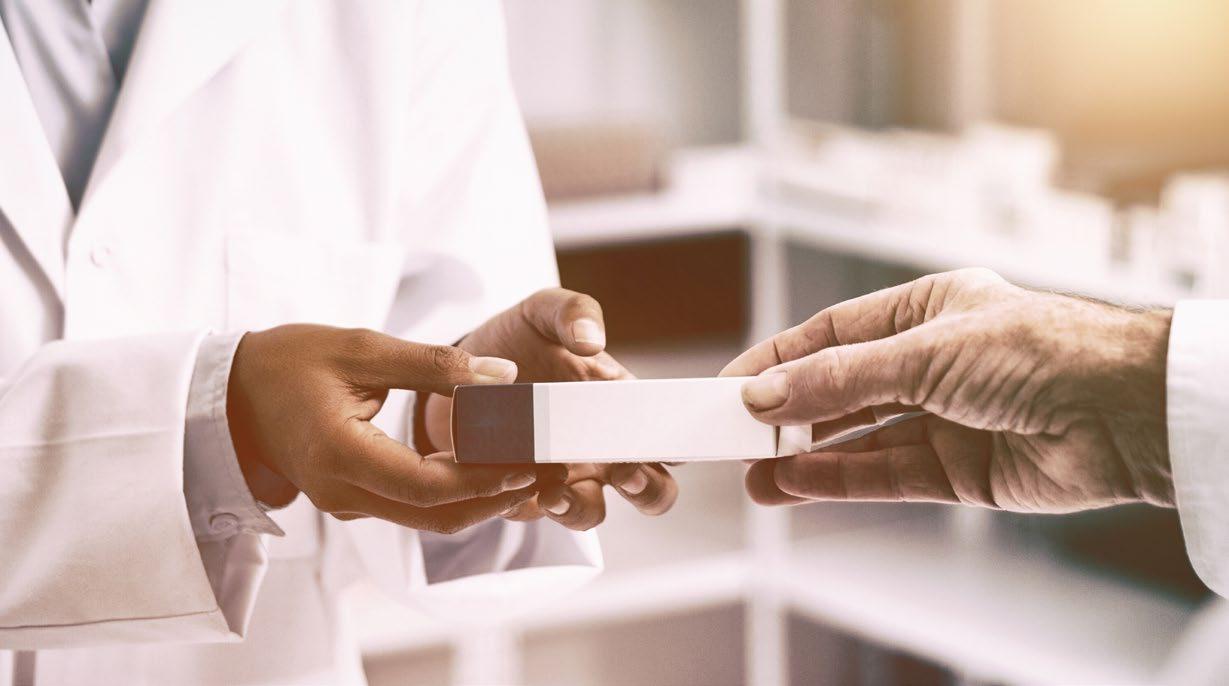

Treatment Options
Treatment Options
After thorough testing of both partners and identifying potential factors contributing to a couple’s infertility, treatment options will be recommended based on their individual needs.
If my uterus/fallopian tubes/ovaries are normal, with normal sperm and I appear to be ovulating, my per cycle success is:
Continued trying on own/month
Intercourse Cycles with Fertility Medications
Intrauterine Insemination (IUI) with Fertility Medications
In Vitro Fertilization (IVF) with Fertility Medications
Donor Eggs
OVULATION INDUCTION
For those women with ovulation disorders, Polycystic Ovarian Syndrome, or irregular menstrual cycles, an oral hormone medication such as Letrozole (Femara) may be prescribed. These medications are designed to stimulate ovulation. Letrozole is often combined with ultrasound to monitor the ovaries and blood tests to monitor hormone levels. Letrozole can be used in conjunction with both timed intercourse or intrauterine insemination. Gonadotropins are injectable fertility medications that work directly on the ovaries to produce follicles/eggs. The injections are given daily for approximately 10-12 days. During gonadotropin treatment, frequent monitoring with ultrasounds and blood hormone levels is necessary to closely monitor egg/follicle development. If a couple does not conceive after 3-6 cycles of gonadotropins, it is time to re-evaluate and move on to alternative treatments.
INTRAUTERINE INSEMINATION (IUI)
For those women whose tubes are not severely damaged and have a normal HSG, intrauterine insemination (IUI) may be an option. In this fairly simple procedure, sperm is placed within the uterus around the time of ovulation. The woman’s eggs are allowed to travel down her tubes on their own. Ovulation induction combined with IUI is often the
per cycle
per cycle
per cycle
per cycle
per cycle
first course of treatment. IUI alone offers a 3-6%* conception rate per cycle while combining Letrozole with IUI may boost this up to 9%*. Gonadotropins combined with IUI offers a 15-20%* per cycle conception rate (*minimal to mild tubal damage, normal to mild sperm abnormalities and women less than 40 years old.)
IVF
In Vitro Fertilization (IVF) offers a much higher chance of success per cycle for tubal damage than surgery. Tubal scar tissue is often inside the fallopian tube, but laparoscopic surgery can only repair the outside of the tube. During IVF, ovaries are stimulated to develop eggs and then the eggs are collected. The eggs are injected with sperm and incubated overnight to fertilize. The resulting embryos are incubated for up to 5 days and are placed in the woman’s uterus.
DONOR EGGS / SPERM
For couples and individuals who experience a lack of eggs or sperm, or whose eggs or sperm will not allow development into viable embryos, using donated eggs or sperm (or both in some cases) is a course of treatment worth consideration. Donors are usually anonymous, though not necessarily so– as in cases using
family members or significant others. Egg donation is a viable option for women whose ovaries no longer produce eggs or whose eggs cannot develop into viable embryos. It is also an option for those couples who wish to maintain a biological link by using the partner’s sperm. Sperm donation has been around for many years and has been socially acceptable for some time. Not only can a single woman, or women who do not have male partners, become pregnant using donated sperm, but males who have severe sperm abnormalities or no sperm at all, or even potentially serious genetic traits they do not wish to pass on, can benefit. Donors are screened for STDs, heredity and genetic diseases and blood disorders. Donors can be found who are a close physical and mental match of the recipient.
Embryo Donation is now another option available to our clients seeking to either create, or expand their families. Often when families undergo IVF treatments, they are left with remaining fertilized eggs (embryos). This can place the parents in a difficult position when they begin to discuss what to do with the remaining embryos. Previously, the only options available have been to donate the remaining embryos to research, keep them frozen indefinitely, or to dispose of them. We are now able to add a fourth option, Embryo Donation.
Fertility Treatment Options
Trying Naturally Trying naturally for a further number of months
• When there is no diagnosed cause for infertility
• The woman is relatively young
• Seek help after 6-12 months of trying without success, sooner if there’s a known cause for infertility
Ovulation Induction
• May use drugs to promote egg production
• May or may not include injections
• Have sex to become pregnant
• May or may not be part of a monitored cycle
Intrauterine Insemination (IUI)
• Preparing sperm in lab
• Selecting best sperm for implantation in uterus
• May be combined with fertility drugs such as Clomiphene to increase the number of eggs available
• Can be conducted over course of several cycles
• Drugs to increase number of eggs that mature
• Eggs collected
• Sperm added in lab
• Best embryo selected to replace (Any additional can be frozen for later use)
as per the above, using eggs from a young. fertile donor and partner or donor sperm.
• Women who don’t ovulate
• Women with short cycles
• Women with short duration of unexplained infertility
• Mild male factor infertility
• Short duration of unexplained infertility
• Nearly any cause of infertility- tubal damage, endometriosis, unexplained infertility, ovulation problems
• Repetitive
• Woman of advanced age or with Diminished Ovarian Reserve (DOR)
• Cancer survivors
• Male couples/single men using a surrogate
• Genetic reasons

Intrauterine Insemination(IUI)
INTRAUTERINE INSEMINATION
IUI is one of the least invasive fertility treatments available and can be pretty successful in certain situations. It’s a good starting treatment for many women and couples, particularly those with mild male factor infertility, ovulatory dysfunction, or unexplained infertility. If diagnosis allows, it is usually tried before proceeding to IVF. While IVF generally achieves pregnancy much faster, speedier results come at a higher cost, and IVF is a more complicated process.
IUI is primarily a facilitator of natural conception. The goal of IUI is to increase the number of sperm that reach the fallopian tubes and subsequently increase the chance of fertilization. IUI provides sperm with a head start in that they don’t have to travel from the vagina and through the cervix, but it still requires a sperm to reach and fertilize the egg on its own.
IUI circumvents the vagina and cervix by placing concentrated sperm right into the uterus where it’s closer to the egg. IUI can be used with women who ovulate normally as well women who don’t. And it can be used with medication and without as long as there’s adequate sperm from a partner or donor. IUI generally has a success rate of around 10-20% per cycle, however, like most fertility treatments, success rates depend on a lot of different factors and will vary for every patient based on age, medical history, and diagnosis.
Statistically, IUI becomes a less successful treatment option as patients get older. And if IUI is going to work, it usually happens in the first few cycles of treatment.
IUI may be a good fit for those with the following circumstances:
• Ovulatory Factor Infertility –those with no or irregular periods or PCOS
• Mild Male Factor Infertility
• Ejaculation Dysfunction
• Cervical Factor Infertility
• Sperm Allergy
• Single and Lesbian Women needing donor sperm
• Unexplained Infertility
Who Should Consider IUI: The most common reasons for IUI are low sperm count or decreased motility.
Who Shouldn’t?: Fertility providers don’t typically recommend IUI to patients with fallopian tubes that are completely blocked, partially blocked, or open but diseased. In these cases, conception is challenging and can result in an ectopic pregnancy. If the male partner has a low sperm count (e.g., less than 10 million motile sperm) or the couple has been
attempting to conceive for a long time with a male partner who has a normal semen analysis, IUI is usually not the first treatment of choice.
TYPES OF IUI
There are four different “types” of insemination cycles, categorized by the medications that can be used. Your preferences, fertility testing results, and medical history will help decide which type of IUI cycle is best for you.
• Natural Cycle – No medications are used.
• Trigger Cycle – Medication is used to trigger ovulation at a specific time in order to optimally time insemination, further increasing odds of pregnancy. IUI typically occurs 12-36 hours after the trigger medication has been taken orally or injected.
• Oral Medication Cycle – Clomid or letrozole is given to enhance egg development and ovulation. Oral medication decreases the risk of multiples when compared to injectables.
• Injectable Medication Cycle – Injectable gonadotropin medications stimulate the ovaries further than oral medications can, however, the risk of multiples is greater with injectables. No matter what type of IUI cycle you choose, your cycle is monitored either with regular blood work and ultrasounds or at home via an ovulation predictor kit. If your IUI cycle includes medications, you can plan to be monitored with bloodwork and ultrasounds to ensure a safe and effective cycle.
THE IUI PROCESS:
IUI Preparation – Before your IUI procedure, men and women can make many to their diet, add beneficial supplements or medications, and utilize holistic therapies like acupuncture and massage to ensure the best possible outcome. Taking this time to focus on improving the quality of your eggs pays off exponentially because it’s something you have the power to change. Best results are seen if these changes are adopted for 90 days prior to treatment. Egg Development – This step is either part of the woman’s natural egg development or stimulated with medications and lasts roughly 10-14 days.
Once your follicles are optimal size, a trigger medication may be given to finalize egg maturation and trigger ovulation. This phase of egg development may or may not be accompanied by ultrasound and bloodwork monitoring.
INSEMINATION
The insemination is performed as close to the day of ovulation as possible. Concentrated sperm from a partner or donor is injected into the top of your uterus through a small catheter inserted through your vagina and into your cervix. Doing this increases the odds of conception by reducing the distance the sperm must travel to meet the egg. Once injected, the catheter is removed. The insemination itself takes just a few minutes. It’s possible to experience mild cramping post-procedure. The sperm used in your IUI can usually be collected at the office performing the IUI (preferred if possible), frozen and shipped to the treatment location, collected fresh at your home and shipped to one of our facilities using our sperm shipping kits (not advised), or ordered and sent to our office from a donor agency. Fresh sperm samples are prepared in our laboratory to obtain a concentration of active sperm.
If the IUI is successful, a blood pregnancy test will be positive in two weeks. Once a heartbeat is detected via ultrasound, the pregnancy has a 90-95% probability of resulting in a live birth.
Statistics show that 90% of IUI pregnancies occur in the first three cycles of IUI. Knowing when to move on to more advanced treatment like IVF is important for the emotional and financial well-being of both partners.
IVF
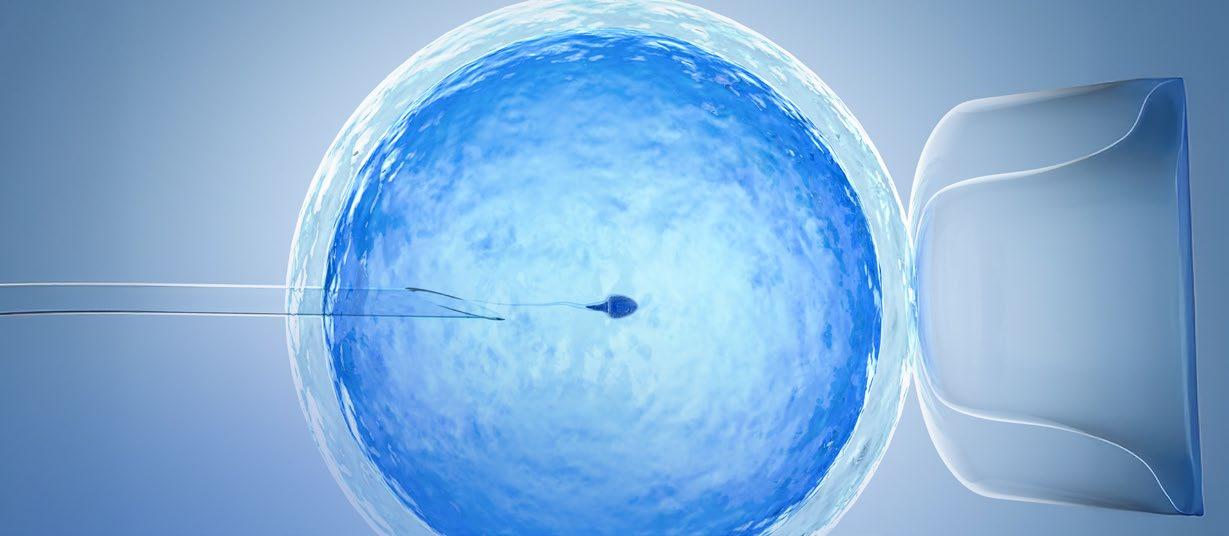
WHAT’S REALLY INVOLVED?
In Vitro Fertilization (IVF) is the process during which a physician removes one or more eggs from a woman’s ovaries and then, in an embryology laboratory, uses sperm to fertilize, or inseminate, them.
In recent years, IVF has become synonymous with fertility treatment due to its high rate of use by fertility clinics and its success rate. First performed successfully in 1977, IVF is now the most commonly used assisted reproductive technology (ART) procedure, with data indicating nearly 1.5 million ART cycles are performed globally each year.
Estimates suggest between one and two percent of all births in the United States now occur as a result of IVF, and that number only appears to be growing due to significant technological advances. IVF is commonly indicated for a variety of diagnoses, including:
• Advanced maternal age
• Unexplained fertility
• Fallopian tube damage or tubal ligation
• Male factor infertility
• Endometriosis
• Recurrent pregnancy loss
• Genetic abnormalities.
At CNY Fertility, IVF is performed as an out-patient procedure in our offices.
THE PROCESS
An IVF cycle begins with the onset of your menstrual period. You will need to call our office on the first day of your menstrual cycle to schedule a baseline exam for days 2, 3 or 4 of your cycle. Your appointment will also include blood work and a trans-vaginal ultrasound. At this appointment your treatment protocol will be outlined, and we will give you oneon-one instructions about administering your medications that you will begin taking that evening.
Your appointments for follow-up monitoring will be scheduled, and we will monitor your progress every 2-4 days during your stimulation.
STEP ONE: Ovarian Stimulation
During a woman’s normal ovulation cycle, only one egg matures each month. With IVF, it is best to have multiple mature eggs available, as this increases your chances of success. To do this, the ovaries must be stimulated to release additional eggs.
During the stimulation phase of an IVF cycle, you will use injectable medications to stimulate the ovaries to produce eggs. Follicle-stimulating hormone (FSH) and luteinizing hormone (LH), which are both produced naturally within the body, may be used. During this part of your cycle, you will need to come into the office several times for regular monitoring, which allows us to track the progress of follicle development using an ultrasound and adjust medication as needed. Stimulation typically occurs for 10-12 days.
Once your follicles grow to approximately 13 mm and/or your estrogen level reaches a certain level, the staff will instruct you to begin your antagonist injection (Cetrotide or Ganirelix). The final step in the stimulation phase of treatment is the trigger shot.
The trigger shot helps the developing eggs complete the maturation process and begins ovulation You will use either a human chorionic gonadotropin (hCG) or Lupron trigger shot. Egg retrieval will be scheduled 35 hours after this injection. You should not have intercourse during the time between the trigger injection and egg retrieval.
STEP TWO: Egg Retrieval
Egg retrieval is an office procedure that requires a sterile environment, which is why partners are not allowed to be present in the room. During the procedure, you will be temporarily put to sleep, and you will not experience any discomfort. Prior to your retrieval, you will meet with your doctor and an anesthesiologist, who will review your medical history and administer intravenous fluids.
Egg retrieval can take anywhere from 5-20 minutes. Using ultrasound as a guide, a thin needle is passed through the top of the vagina and into the ovarian follicles. This nonsurgical procedure is possible because the ovaries are located directly next to the vagina. The needle enters the follicles and removes the follicular fluid which contains the eggs. The fluid is then examined under a microscope to identify the eggs.
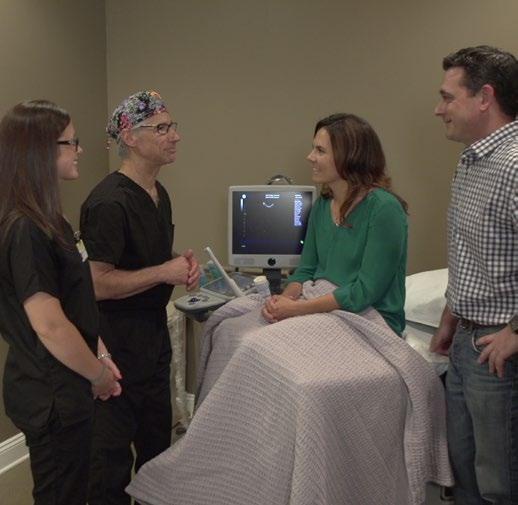
Recovery takes about 30 minutes, and you will be able to walk out on your own. A responsible adult should drive you home after the procedure as it is unsafe to drive after receiving anesthesia. Egg retrieval is a very safe procedure and serious complications are rare.
STEP THREE: Fertilization
The number of eggs retrieved will depend upon your age and response to hormones. But on average, 6 - 12 eggs are developed. As soon as the eggs are identified under the microscope, they are placed in Petri dishes which contain a culture medium that very closely resembles your own body’s fallopian tube secretion. The eggs, and subsequently the embryos, will develop in the Petri dishes just as they would in your own body. The dishes are kept in an incubator at a constant temperature of 37ºC, 100% humidity and 5% CO2 concentration.
Travel IVF

TRAVELING FOR FERTILITY TREATMENT
Many people hear about CNY Fertility, our affordable pricing and flexible payment plans and wonder “Too good to be true?”. Then they do some research about CNY Fertility, discover our patients receive incredible care and our providers are dedicated to every client with 24/7 on-call nurses to answer urgent questions or resolve critical matters. The next question is usually “Can I travel to CNY for an IUI, IVF, Tubal Reversal or other fertility treatment?” The simple answer is yes. In fact, over one-third of our clients come from a state where we don’t have a full-service fertility location and about 3-5% from outside the U.S.
The simple answer is yes. In fact, over one-third of our clients come from outside the State of New York and about 3-5% from outside the United States.
Fertility treatment can be a stressful time, and certainly traveling for care can add an additional stressor, but most clients find the benefits of traveling to CNY Fertility far outweigh any additional inconvenience. Most of your treatment and all of your monitoring can be done remotely, so you only need to travel to CNY for your actual fertility procedures (insemination, egg retrieval, embryo transfer, tubal ligation reversal, etc.).
In fact, CNY Fertility makes the process as simple and smooth as possible through our dedicated travel team. Our dedicated travel team will guide your remote treatment every step of the way from beginning to end. Even though your monitoring is
done elsewhere, we will always be in control of what’s happening. Our team will instruct you as to what tests are needed, make any necessary medication changes, answer your questions, and closely guide your treatment.
HOW IT WORKS
You might be asking, how does this even work, how often/when do I travel, how do I plan? To help explain it all, here are CNY Fertility’s 9 Steps for Traveling to CNY Fertility for IVF.
STEP ONE: Schedule Your Consultation
This may seem like a no-brainer, but the first step toward becoming a travel client at CNY Fertility is to schedule your initial consultation. We typically schedule appointments multiple months in advance, so we recommend you schedule your consultation as soon as you know it’s something you’d like to pursue.
You can schedule your phone consultation by calling us at 844-315-2229 or by filling out an online appointment request form. If you leave a message or fill out the form, please allow up to one week for our team to respond. After you have scheduled your appointment, you can focus on writing down a list of questions you and your partner have so you don’t forget to ask anything during your consultation.
In preparation for any fertility treatment, we recommend women begin a high-fat/low carbohydrate (keto) diet as well as a prenatal
supplement. Your provider can recommend the supplements that are right for you.For men, we recommend the same high-fat/low carbohydrate diet and preconception and omega-3 supplements.
STEP
TWO: Your Phone/Video Consultation
Your initial consultation will most likely be over the phone. While you are welcome to come for an in-person consultation, the vast majority of our travel clients opt to have a phone/Facetime/Skype consultation and forego the additional expense of travel. This is your time to ask all of those questions you’ve written down. You may also find it beneficial to record your consultation so that you don’t have to worry about taking notes or remembering everything that was said (of course, we will be taking notes on our end, but your own record will be beneficial for referencing in the weeks and months to come).
After your initial consultation, a nurse will call you within a week to review your treatment protocol, order your medications, answer any other questions, and prepare you for the beginning of your treatment cycle. If you don’t hear anything after one week, please message or call us to check in and get started.
Prior to starting your treatment cycle, you will need to have all of your medications and an established relationship with a local fertility clinic, OB/GYN, hospital, or other laboratory capable of providing same-day blood and ultrasound results. After your medications and monitoring facility are in order, you can start treatment at the beginning of your next cycle. You will be instructed to call our offices with the first day of your cycle. If you do not have regular cycles, you will just need to have all of your meds and a monitoring facility lined up to get started. During this time, our financial team will review your insurance coverage and determine what costs are covered and which will be out of pocket. We are happy to share details about our interest-free financing options as well.
STEP THREE: Begin Local Monitoring Monitoring refers to the appointments you will need to have at your local fertility clinic or OB/GYN in order to check on your blood hormone levels as well as follicle and uterine lining development. You will receive a call the day of your baseline appointment to go over your medications, injection instructions,

answer any new or remaining questions, and provide you with a rundown of what your monitoring schedule might look like. Most patients need to have monitoring done every few days once they start taking medications right up until their trigger. During this time, our team will be continually reviewing your results, updating any medications, instructing you on next steps, and answering all of your questions.
STEP FOUR: Booking Travel to CNY
We encourage you not to book your flights until you have a date scheduled for retrieval. Usually a retrieval date is scheduled about halfway through your stimulation as we need to see how your follicles/ eggs are developing. The number of and duration of your trips to one of our offices in Syracuse, Albany or Colorado Springs depend on whether you are doing a Fresh Transfer or a Frozen Embryo Transfer (FET). You’ll need to be in the area the day before any procedure and should not leave until the day after any procedure. If someone else is driving you, it is okay to begin your drive home the same day as your procedure.
STEP FIVE: Egg Retrieval
Your egg retrieval will take place in either our Albany or Syracuse office. You must be in the area the day prior to your egg retrieval in order to avoid any travel delays and to make your day as stress-free as possible. You

can not have anything to eat or drink from midnight on starting the evening before your surgery.
Before your retrieval, you will have some basic bloodwork performed as part of your pre-op work up, as well as meet with a nurse, embryologist, doctor, and anesthesiologist. You will be placed on monitors and put under MAC anesthesia (no tube down your throat like general anesthesia) for the duration of the procedure. The procedure itself only takes around 1015 minutes from start to finish. You will likely wake up afterward thinking “That was it?”
Most clients take around 30 minutes to recover from their egg retrieval (of course, this varies, but you will never be rushed or pushed out of our office before you are fully ready to go). After your retrieval, you will be given instructions, and we’ll discuss your options of having a fresh or frozen transfer. If your hormone levels are off or if your uterine lining is not prepared for a transfer on the day of your retrieval, we will highly recommend proceeding with a frozen embryo transfer (FET), thereby allowing your body to reset and providing a more comforting home for your embryos. During this discussion, we will review any medications you will be taking prior to and after your transfer.
We encourage you to rest and relax as much as possible following your retrieval. The following day, you may resume your normal daily routine (minus any
intense exercise). If you are flying, we urge you not to leave the area until the day following your procedure to avoid any complications. If you traveled by car, you may have someone else drive you home the same day (NOTE: you can NOT drive yourself). If you are staying in the area for a fresh transfer, then the day is yours to rest and relax.
STEP SIX: Embryo Transfer
How far away you live and whether you are doing a frozen or fresh transfer will dictate many of the logistics surrounding your embryo transfer. If you’re doing a fresh transfer, many clients within driving range return home, while those requiring air travel often stay locally for another 3-5 days to complete their transfer in the same trip as their egg retrieval. If doing a frozen transfer, nearly everyone returns home for FET monitoring, choosing to return to CNY the day before their transfer. If this is the case, we again recommend not booking any flights until a transfer day is determined.
Similar to the Egg Retrieval, you will need to be in the area at least one day prior to your transfer. If you are driving, you may return home the same day. If you are flying, we recommend you wait until the day after your transfer.
The embryo transfer itself is a simple procedure that takes only a few minutes. No anesthesia or recovery time is needed. To help your body prepare itself for
the embryos, you will be given daily progesterone to supplement your own. Many clients also choose to do acupuncture and/or intralipids prior to transfer. The day of your transfer, one of our practitioners, along with the embryology team will examine the embryos to determine the best embryo to transfer.
By the time of your transfer, we will have reviewed the quantity and quality of embryos as well as the number of embryos that you would like to have transferred. During the transfer, the embryos are “loaded,” into the tip of a catheter along with a very small amount of transfer medium. Your physician, a member of the embryology team, and a nurse will confirm your identity to ensure the embryos are properly matched. The catheter is then gently passed through the cervical canal and into the uterus using an abdominal ultrasound to provide visual guidance during the transfer. The embryos are slowly expelled near the top of the uterus. After carefully removing the catheter, an embryologist will double check that the embryos indeed left the catheter using a microscope. At this time, a nurse will provide you with instructions for the two-week wait.
STEP SEVEN: The Two-Week Wait (TWW)
This is quite an exciting time, but it can be very stressful and anxiety provoking as you (and your partner) await the results of your first pregnancy test. We recommend abstaining from any intense exercise and instead focusing on spending time with your partner. Light exercise like yoga and walking is recommended.
STEP EIGHT: Your Pregnancy Test
Your pregnancy test will be done at a local lab near your home two weeks after your transfer (hence the two-week wait). We highly recommend patients not use over-the-counter pregnancy tests. Trigger shots and fertility meds can produce false positives. After a BFP (Big Fat Positive), you will continue to be monitored by your OB/GYN with CNY overseeing your care for 6-8 weeks.
STEP NINE: Discharge from CNY Fertility At 6-8 weeks of pregnancy, you will officially be discharged from CNY Fertility and continue care for the rest of your pregnancy with your local OB/ GYN. By this time, you will likely have seen your OB/ GYN already for your first prenatal appointment, but this marks your official release from CNY Fertility’s monitoring and care.
Last but not least, we do have some ADDITIONAL NOTES REGARDING COMMUNICATION: We have a 24/7 on-call nurse that can truly be used 24/7 for urgent matters and questions. The patient portal web correspondence is for general questions and will be replied to within 24 hours. If you are having an emergency, you need to go to your local emergency department or urgent care facility.

WHY TRAVEL TO CNY?
There are many reasons to come to CNY for your treatment, but it mostly boils down to the incredible care you receive at CNY Fertility for a fraction of the cost of most fertility centers in the country. According to FertilityIQ, the average IVF cycle costs $23,474. That includes $5,000 for genetic testing (which is an additional service and at CNY Fertility costs substantially less – roughly $300/embryo tested) and $5,000 for medications. Subtracting the costs of both of these, the average IVF cycle costs around $13,500.
At CNY Fertility, IVF is approximately one-third the national average, while still maintaining the highest industry standards. Even when factoring in $1,500 for potential travel expenses (air travel and hotel accommodations), you are still looking at significant savings over other fertility clinics. These extra savings translate into an extra IVF cycle and a half, which can make the difference between walking away after a failed cycle or having the opportunity to do multiple cycles and ultimately walking away with a baby in your arms.
“At CNY Fertility, IVF is one-third the national average, while still maintaining the highest industry standards"
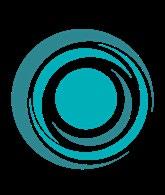
Making Priceless Affordable ®

You could receive a FREE IVF Cycle!
HERE’S HOW:
Every month, CNY Fertility announces the opening of a grant application period on our Facebook and Instagram pages. Some months, the grant will focus on and be restricted to those who fit certain criteria (PCOS, LGBTQ, recurrent pregnancy loss, military, etc.) to help bring awareness to specific issues. Other months, the grant is open to everyone. Rules change monthly, and grant applications are only open during a specified time.
HOW TO APPLY:
Follow CNY Fertility on Facebook, Instagram, TikTok, or YouTube. Complete our online application form at www.cnyfertility.com/grant-application/ If the web application is not working for you, please email your responses to each question to ivfgrants@cnyfertility.com
the Recipient Gets
IVF with Medication Package

Local Monitoring
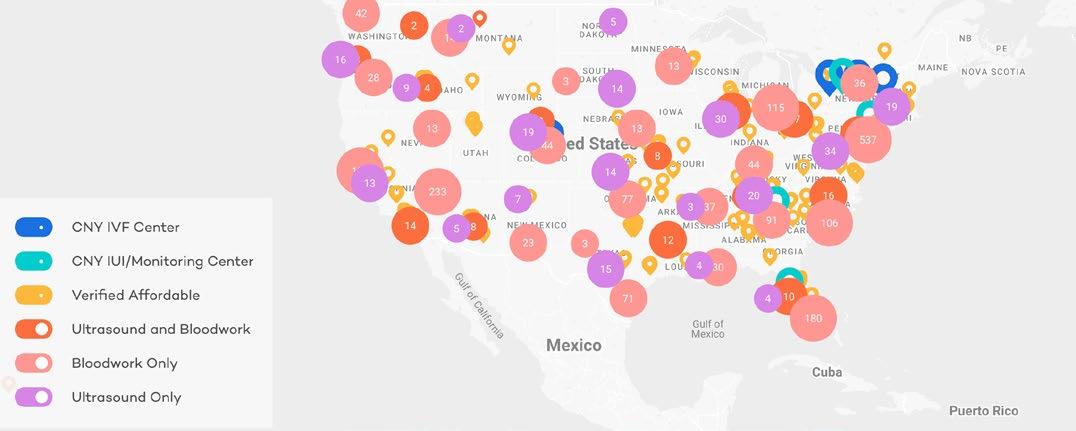
IVF patients require 3-5 doctor visits during the stimulation phase of treatment. These are called Monitoring Appointments.
During simulation, you will likely be taking medications to help your eggs develop and grow. These appointments start on day 2, 3, or 4 of your cycle and continue every 2-4 days. These appointments are to ensure that your follicles (which house your eggs) are developing appropriately, to adjust your medications if they are not, and to time the procedures for when your body is best prepared. To time the procedures correctly and make sure your treatment is done safely, your follicles, uterine lining, and hormone levels must be monitored closely.
If you don’t live near a CNY location, you can use a local monitoring facility. Cycle monitoring appointments can be done wherever you live or work. We provide an ultrasound/bloodwork order that you take to your local clinic. They send us the results and, after analyzing them, we call you with updates, next steps, and tell you when to schedule your next monitoring appointment.
What to Expect at a Monitoring Appointment?
During your monitoring appointments, you will have labs taken and an ultrasound performed.
• A transvaginal ultrasound is done to get the best look at the uterus and ovaries. A sonographer will determine the number and size of each follicle, along with the endometrial thickness and type.
• The bloodwork taken at each monitoring appointment most commonly includes Estradiol, Progesterone, and LH. Additional labs may be taken if necessary.
After receiving your labs, a member of the CNY medical team will examine your lab values and ultrasound results to determine if your follicles and lining are developing appropriately or if adjustments need to be made. As medications are introduced to your system, your follicles should begin to grow and your estrogen levels should rise, thus providing evidence that the follicles are maturing appropriately.

The Donor Decision

Making the decision to use donor eggs, sperm or embryos is a complex and important one. When a couple decides to move forward with donor egg treatment, we provide them with a specialized donor care team featuring the following members:
• Donor nurse
• Clinical assistant
• Recipient liaison
• Financial coordinator
• Psychologist/social worker with expertise in fertility and third-party reproduction
Though the patient will not be using her own eggs, she will still be carrying the child, so she must undergo the same screening as all infertility patients (the same goes for her partner). After you have completed all testing and the physician has reviewed your results with you, you will then need to decide on a financial program. This is a situation unique to donor egg treatment, in that the financial program chosen can directly impact the treatment schedule.
SELECTING AN EGG DONOR
At CNY Fertility, our goal is to make the egg donor selection process as smooth as possible for our clients. One way we do this is by ensuring all of our donors have been through a rigorous screening process before they ever appear in our donor database. CNY Fertility actively recruits and screens young, healthy fertile women between the ages of 20 and 32. Although egg donors are compensated financially, we have found that the majority of women who donate their eggs are motivated by a strong altruistic desire to help others have families.
The recruitment process includes medical, genetic and psychological screening as well as personal interviews, routine bloodwork and lab tests. In addition, all donors must test negative for the AIDS virus, Hepatitis B and C, Syphilis, CMV and STDs such as gonorrhea and Chlamydia. All ethnic donors are tested for Tay Sachs (Jewish donors), Thalassemia and Hemoglobinopathies (Mediterranean descent), and Cystic Fibrosis. These tests are repeated every six months or before any donation for as long as the donors participate in the program.
Donors are screened and selected according to the regulations of the New York State Department of Health, standards of the AATB and guidelines of the American Society of Reproductive Medicine. Our donor process is anonymous, but completely transparent, and the donor database provides patients with a wealth of information. Each donor has a profile featuring demographic characteristics (eye color, race, ethnicity, etc.)
Additionally, some recipients may opt for a known donor (i.e., a friend or family member) or go through an agency. In either instance, donors will still undergo the same medical and psychological screening as donors recruited by CNY Fertility.

DONOR SPERM
If you experience infertility due to a low sperm count, a complete lack of sperm or are a same sex couple or single parent, you can often still achieve a pregnancy using donor sperm. We can recommend several reputable sperm banks so you have a choice of donors. The sperm banks we recommend follow FDA guidelines when testing for infectious disease prior to releasing the sperm. Donor sperm can be used for insemination (IUI) or in vitro fertilization (IVF).
Choosing a sperm donor is a very important decision, and each person brings their own perspective to this challenge. You will select your sperm donor using the sperm bank’s website. Sperm donors may or may not be anonymous, but donors often provide a childhood picture. The donor database offers personal demographics (i.e., hair color, height, ethnicity, etc.), and sometimes essays written by the donor. Some sperm banks even offer voice recordings of interviews with the donor. In some cases, recipients can find out if previous pregnancies have resulted from that donor’s sperm.
In the case of a known donor (i.e., a friend or family member), you will still need to have an infertility work-up and the required FDA testing.
From there, you will undergo an intrauterine insemination (IUI) or in vitro fertilization (IVF) cycle using the donated sperm. Additional frozen sperm specimens can be stored at one of our facilities for future use.
DONOR EMBRYOS
Often when families undergo IVF treatments, they are left with remaining embryos. This can place parents in the difficult position of deciding what to do with them. Previously, the only options available were to donate the embryos to research, keep them frozen indefinitely, or dispose of them. There is now offer a fourth option: embryo donation. Because of these parents’ generosity, we are able to provide other clients the opportunity to use donor embryos for their cycle(s). While it can be difficult to come to terms with the emotions of not having your own biological child, using donated embryos can eliminate the imbalance of only one-half of the couple having a genetic connection to their child. Using donated embryos can also be less expensive than using donor eggs. And, since the embryo is already created, another step in the process is eliminated.
Carrier Screening
If you are pregnant or planning to get pregnant, carrier screening can help you understand your risk of passing on a genetic condition to your child. Carriers of certain genetic diseases are usually healthy individuals and may have no family history of genetic diseases. Most people do not know they are carriers until they have a child born with the disease.
By taking a blood sample, we can screen for hundreds of genetically inherited conditions. The more common disorders tested for include cystic fibrosis, sickle cell disease, thalassemia, Fragile X, spinal muscular atrophy, and Tay-Sachs disease. Many of these conditions are rare – and some you’ve never heard of - but one large study found that 24% of the patients tested were carriers of at least one mutation. This is why some parents choose to be screened for an expanded panel of diseases instead of just the one or two they may be "at risk" for.
Many of these inherited disorders follow autosomal recessive inheritance, which means that a baby must inherit a defective gene from each parent in order to have the disease. Carriers don’t usually have symptoms of the disease they carry. But if you're a carrier of a recessive disorder, you have one normal copy of the gene from one parent and one defective copy from the other.
Normally, testing is performed first on the person carrying the baby. If that person's results are negative, then no testing is needed from their partner. If they test positive for a disorder, follow-up testing for their partner is usually recommended.
If both you and your partner are carriers of a disorder, your child will have a 1 in 4 chance of being born with the disease.
What if screening shows our child has a higher chance of inheriting a disease?
Knowing you have increased odds of having a baby with a certain genetic disorder gives you the option of moving right to IVF and screening embryos prior to transfer. Preimplantation Genetic Testing allows you to identify and transfer healthy embryos that are unaffected by the inherited disease. It’s important to discuss all of your options with your provider or genetic counselor.
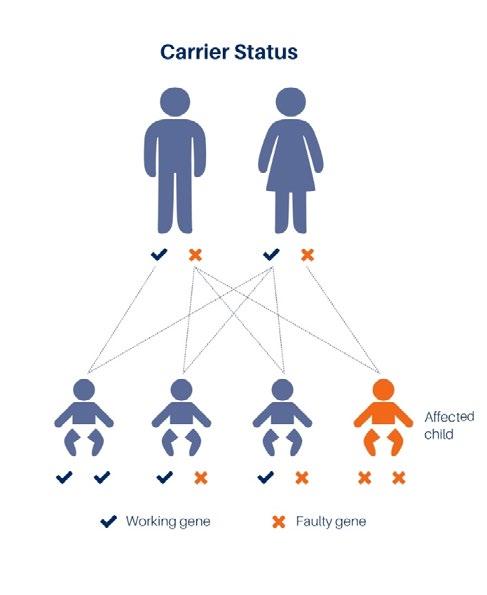
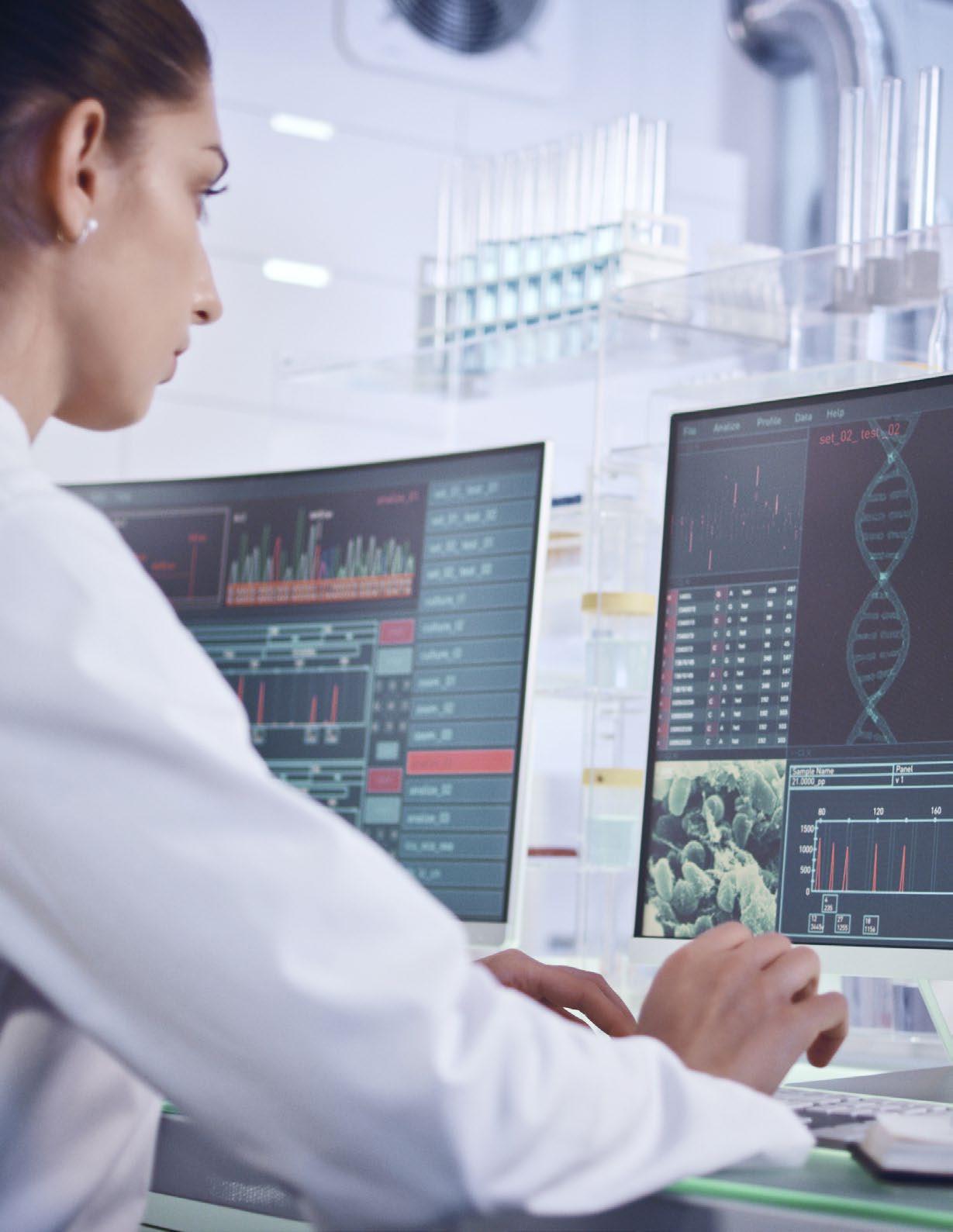
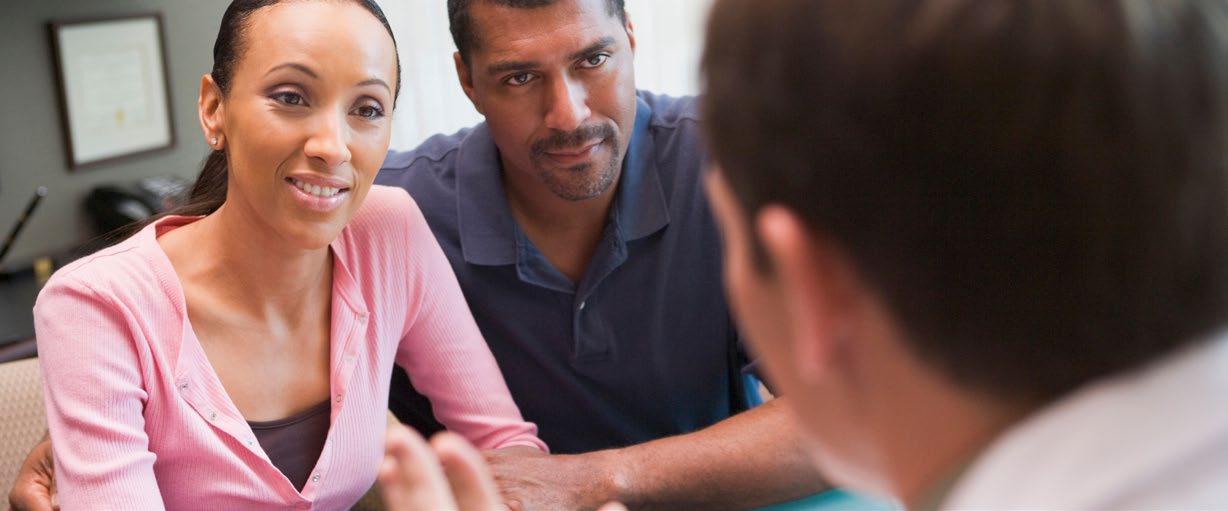
Embryonic Genetic Testing
Testing the cells of embryos created through IVF allows parents to identify genetic abnormalities or conditions before transfer into the womb. Known as Preimplantation Genetic Testing, PGT is an embryonic procedure done in unison with IVF where a tissue biopsy of a developing embryo is taken and tested for genetic abnormalities. Blastocyst-stage embryos are biopsied, usually removing 5-10 cells. The tissue is sent to a third-party genetics lab for analysis. In addition to embryo grading, PGT can help improve your chances of selecting a healthy embryo for transfer, and ultimately, live birth.
Carriers of certain genetic diseases are usually healthy individuals and may have no family history of genetic diseases. Most people do not know they are carriers until they have a child born with the disease. In addition to embryo grading, PGT can help improve your chances of selecting a healthy embryo for transfer, and ultimately, live birth.
PREIMPLANTATION GENETIC TESTING
PGT is broken into three main testing categories:
• Preimplantation genetic testing for aneuploidies (PGT-A)
• Monogenic/single gene defects (PGT-M)
• Chromosomal structural rearrangements (PGT-SR)
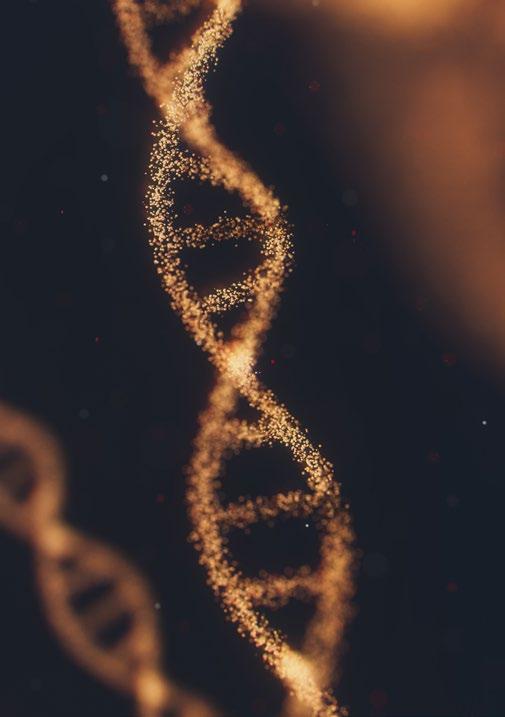
PGT-A: PREIMPLANTATION GENETIC TESTING FOR ANEUPLOIDES
Formerly known as PGS (preimplantation genetic screening), PGT-A gives information about the number of chromosomes within IVF embryos. Those with normal results have higher odds of achieving a successful pregnancy. It may also be used to choose the sex of the anticipated child.
PGT-A may be added in conjunction with an IVF treatment cycle – the only adjustment from a patient perspective is that the embryos must be frozen to await the test results, requiring a Frozen Embryo Transfer (FET) as opposed to a fresh transfer, which doesn’t impact success rates whatsoever. After receiving the test results and discussing them with you, we choose an embryo and thaw it for your FET.
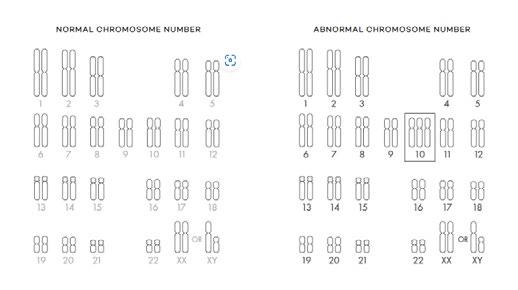
Potential PGT-A Results
There are three potential results that can come from each embryo tested with PGT-A: Euploid (normal), Mosiac (mixed – some cells tested are normal, some are abnormal), and Aneuploid (all cells tested are abnormal).
Aneuploidy & Age
While everyone is at risk of producing aneuploid embryos, the risk gets higher as women age. Aneuploid embryos are associated with increased implantation failure, miscarriage, and lower live birth results.
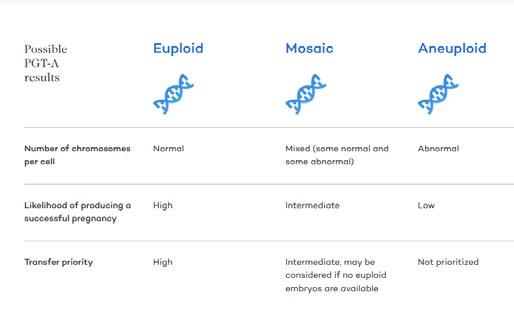

PGT-M: PREIMPLANTATION GENETIC TESTING FOR SINGLE-GENE DEFECTS
PGT-M is performed on blastocyst stage embryos to significantly reduce the risk of having a child with a specific genetic disease. Whether you have a genetic disorder or have learned of a risk status through screening, an affected family member, a pregnancy, or a child with a known single-gene disorder, PGTM may be the solution for your familybuilding needs. PGT-M can be performed for over 6,000 other single-gene disorders.
PGT-M involves a close examination of the mutation an individual carries. Each test design is unique and specifically tailored to the individuals being tested so DNA samples from both partners (and often additional family members) will be required to design a test.
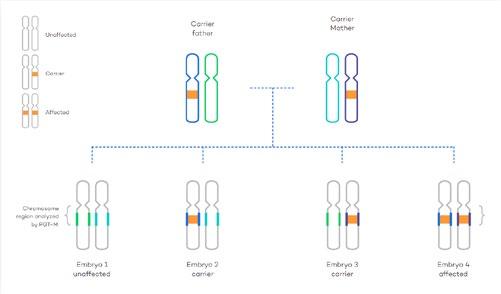
PGT-SR: PREIMPLANTATION GENETIC TESTING FOR CHROMOSOMAL STRUCTURAL REARRANGEMENTS
Chromosomal rearrangements are changes from the normal size or arrangement of chromosomes. Chromosome rearrangements can be inherited or can happen via a spontaneous mutation. Many carriers are healthy and are unaware of their carrier status until they try to have children as they are at an increased risk of passing along that genetic mutation, which often leads to an unsuccessful pregnancy. PGT-SR helps identify embryos that are not impacted by a structural rearrangement, and thus are most likely to result in a live birth.
Who’s PGT-SR for?
PGT-SR is for people who have a chromosome rearrangement and should be considered in conjunction with IVF if you had a child or pregnancy with a chromosome rearrangement.
Next Steps
After your embryo’s cells are sent to a genetic testing lab, you and your CNY team of will discuss the results. By looking at all the available information, including genetic risks, you will know which embryo(s) will give you the best chances for a healthy baby.
If you are interested or wondering if carrier screening might be a good option for you, please discuss it with your provider as soon as possible.

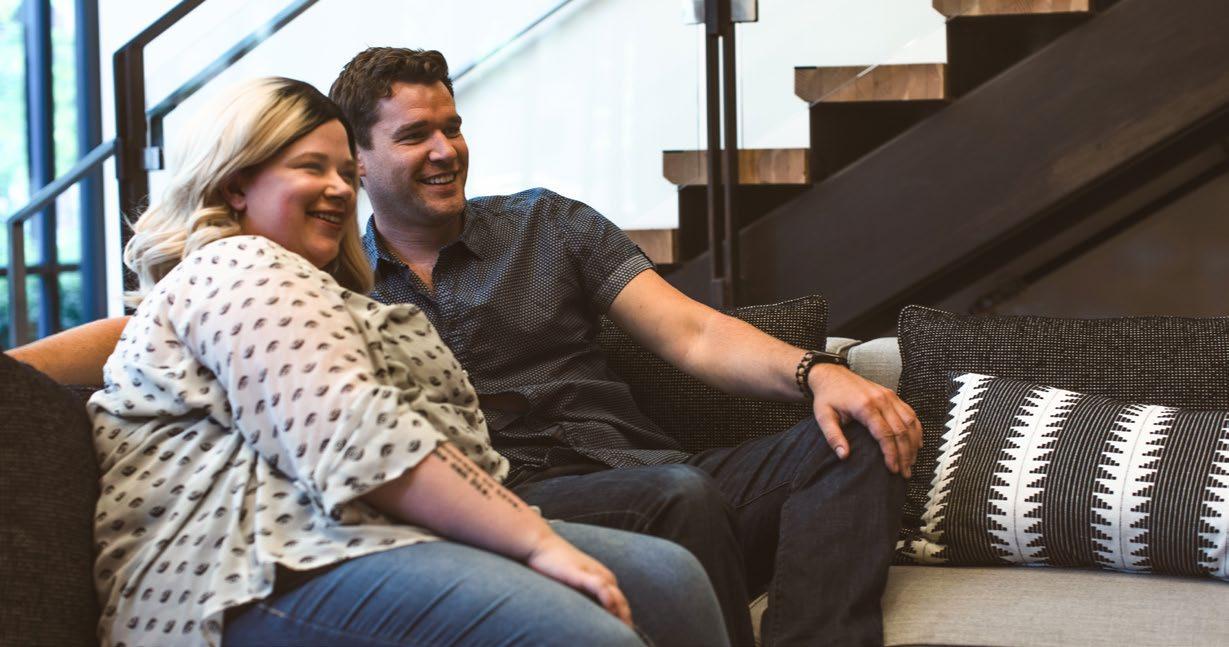
ZyMot ® Sperm Processing
CNY Fertility is now offering ZyMōt™ Sperm Processing as an add-on service for IUI and IVF patients. As part of both fertility procedures, semen must be processed to find sperm that can fertilize an egg to form an embryo. Using your healthiest sperm increases the likelihood of creating a healthy embryo and having a successful pregnancy. ZyMōt offers a new approach that may be healthier for your sperm.
THE NEED FOR HEALTHY SPERM
Using healthy sperm for IUI and ICSI procedures is more important than ever. In new research from scientists at Imperial College London, recurrent pregnancy loss was directly connected to the presence of elevated sperm DNA fragmentation and reactive oxygen species, along with a lower percentage of normal morphology. This follows a growing body of evidence that links improved
sperm health to better pregnancy outcomes. ZyMōt devices may help in the identification of sperm with the lowest levels of DNA fragmentation and oxidative stress.
BETTER SPERM SELECTION BY MIMICKING NATURE
ZyMōt Multi Sperm Separation Devices prepare motile sperm from semen for use in IUI and ICSI procedures. These revolutionary tools simulate the natural barriers of the cervical and uterine pathway that sperm must overcome to fertilize an egg and enables the separation of functional sperm without the use of density gradient centrifugation. ZyMōt
Sperm Separation Devices help ensure you are using healthy sperm.
AVOIDING DNA FRAGMENTATION AND OXIDATIVE STRESS
ZyMōt ICSI Sperm Separation Devices have been shown to separate sperm with very low levels of DNA fragmentation compared to traditional sperm separation techniques. In an independent study from Midwest Fertility Specialists, ZyMōt Sperm Separation Devices showed statistically significant improvements in three DNA- and stress-focused indicators of sperm health and function, when compared to traditional, centrifugation-based methods.
DELIVERING SUPERIOR MOTILITY AND MORPHOLOGY
ZyMōt Sperm Separation Devices were designed and developed to aid reproductive medicine professionals in the selection of healthy sperm for use in assisted reproductive technology (ART) procedures. ZyMōt helps specialists select sperm with the lowest possible levels of DNA fragmentation and oxidative stress which may help increase fertilization and euploidy rates. Processing with ZyMōt has also been shown to increase the proportion of sperm with normal morphology. Using ZyMōt devices shows statistically significant improvements in sperm motility and progression, enriching a sample for improved sperm performance and better clinical outcomes.
Interested? Discuss ZyMōt™ Sperm Processing with your fertility provider. To learn more, scan to watch this video or visit zymotfertility.com.
Select Your Champions! ZyMōt devices offer your fertility team a new option for selecting healthy sperm and improving your odds of success.
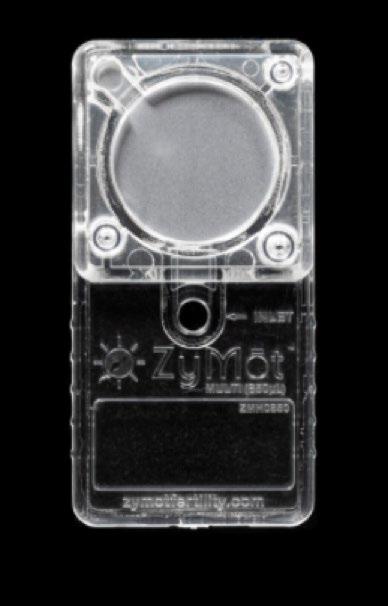
SCAN HERE
Polycystic Ovarian Syndrome (PCOS)

Polycystic Ovarian Syndrome or PCOS is one of the most common hormonal endocrine disorders in women. Many women have it, and yet we don’t know why, nor do we know the cause. In general, PCOS is really just that –polycystic ovaries. The basic difference between polycystic and normal ovaries is that although the polycystic ovaries contain many small follicles with eggs in them, the follicles do not develop and mature properly, so there is no ovulation.
Women suffering from PCOS may experience high testosterone levels, which cause other signs and symptoms such as Hirsutism (excessive hair growth), male pattern baldness and acne. This high level of testosterone can prevent the ovaries from releasing an egg each month causing irregular menstrual cycles and, ultimately, infertility.
Many women struggle with PCOS for years, and it’s only when they have difficulty conceiving and seek fertility assistance that they learn the reason for so many of their symptoms. In fact, it is estimated that more than 50 percent of PCOS cases remain undiagnosed.
PCOS is one of the leading causes of infertility among women and is responsible for 70% of infertility issues in women who have difficulty ovulating. It affects nearly 10 percent of women before they hit menopause. Postmenopausal women
can also suffer from PCOS. There is some degree of heredity with PCOS. Some studies have found that if a mother has PCOS, there is a 50% chance that her daughter will have PCOS.
SYMPTOMS OF PCOS
Although many of its symptoms are unnoticeable, PCOS can affect a woman’s fertility, menstruation, hormone levels, and physical appearance. Infertility can result from low levels of the hormones necessary to create an egg. If ovulation doesn’t occur, progesterone, a hormone that thickens the lining of the uterus, is not produced. A woman’s cycle will be irregular or absent without progesterone.
Women with PCOS are at additional risk for insulin resistance, type 2 diabetes, high cholesterol, high blood pressure, and heart disease.
Many may be overweight and have difficulty with weight control, although you can be lean and still have PCOS.
PCOS TREATMENT SUCCESS RATES
Treatment for PCOS
Metformin Alone
Clomid
Femara
Injectable gonadotropins
IVF, In vitro fertilization
PCOS cannot be diagnosed with one test alone, and symptoms vary from woman to woman. Additional warning signs include:
• PMS or pelvic pain
• Weight gain
• Acne
• Increased hair growth on face, back or chest
• Sleep apnea
• Thinning hair/baldness
• Dandruff
• Elevated cholesterol
• High blood pressure
• Type II Diabetes
Women with PCOS often have higher levels of insulin in their blood than normal. Insulin regulates the amount of sugar in the bloodstream. Researchers believe that the overproduction of this hormone causes women’s bodies to respond by producing excessive amounts of the male hormone androgen. In a healthy body, the ovaries make a tiny amount of androgen. But with PCOS, they start producing too much. This often causes you to stop ovulating, grow excessive facial and body hair, acne, and makes it difficult to sustain a healthy body weight. That is why proper diet is critical to those who suffer from PCOS.
TREATMENT
There is no known cure for PCOS, although it is possible to manage its symptoms medically and through lifestyle modifications.
The Ketogenic diet has produced very good results in managing the symptoms of PCOS. By reducing or eliminating carbohydrates altogether and increasing consumption of saturated fats, a ketogenic diet can lead to significant reductions in body weight, and lower percent free testosterone, LH/FSH ratio, and fasting serum insulin in as little as six months.
CONCEIVING WITH PCOS
The good news is that your chances of getting pregnant with PCOS using fertility treatments are very good. The great majority of women with PCOS will be able to have a baby. Women with PCOS generally need ovulation induction in order to get pregnant. This can be accomplished through the use of oral medications such as metformin, Clomid or Letrozole (Femara). These medications can be effective in stimulating ovulation in some women with polycystic ovaries and anovulation. Metformin is used to reduce high insulin levels and stabilize your hormones. It can be used alone or in combination with Clomid or Femara.
Some women do not respond and ovulate with Clomid, but will respond well to letrozole. Injectables can also be used. For women who do not ovulate with Clomid or Femara, the traditional next step is to use injectable gonadotropins. The woman takes daily shots of FSH hormone for about 10 to 12 days in order to stimulate mature follicle development.
Progressing to IVF is usually recommended after ovulation induction with intercourse and induction with IUI have not resulted in pregnancy.
There are also some surgical interventions, including ovarian drilling. This is when a doctor punctures the ovary with a small needle carrying an electric current to destroy a small portion of the ovary. This surgical procedure may lower male hormone levels and help with ovulation, but it also carries a risk of developing scar tissue on the ovary and the benefits may only last a few months. Both the risks and the benefits of ovarian drilling should be discussed with your doctor to determine if it is the right treatment for you.
Treating Endometriosis

The scientific community has yet to establish the exact cause and progression of endometriosis. Though many questions remain, we are able to identify and successfully treat this common disease. Endometriosis (or “Endo”) is a leading cause of infertility and may run in families. Up to 50% of affected patients may experience fertility issues. There is also a great variety of symptoms that may or may not be present in each patient. Many symptoms are not normal and should raise suspicion for endometriosis.
These include:
• crippling menstrual pain
• pelvic pain lasting throughout the month
• chronically heavy or long menstrual periods
• painful sexual activity (particularly with penetration)
• significant lower back pain with menses
• bowel or bladder disorders associated with periods
• allergies, migraines, or fatigue that tends to worsen around menses
Many women experience no symptoms and are affected by “silent endometriosis”. There is no definite non-surgical diagnostic test to confirm the presence of endo. Occasionally, an ultrasound or pelvic exam can raise the suspicion if there are fixed, tender, nodular, or enlarged pelvic organs. Surgical observation and biopsy are the gold standards for diagnosis and treatment. Endometriosis starts when endometrial cells gain access to the abdominal cavity establishing a blood supply for survival.
This causes a local inflammatory response leading to adhesions and scarring. There exists a poorly understood association with infertility at the chemical and immunologic levels. The pelvic reproductive organs (uterus, tubes, ovaries) are affected most often. Severe disease may involve the bowel, bladder, and distant parts of the body.
Endometriosis can influence fertility in multiple ways:
• distorted anatomy of the pelvis
• adhesion formation
• scarred fallopian tubes
• inflammation of pelvic structures
• altered immune system functioning
• changes in the hormonal environment of the eggs
• disrupted fertilization
• impaired implantation of a pregnancy
Many different patterns of endo may be observed in the operating room. The surgical treatment will vary depending on the type and degree of the lesions encountered. The main goal of minimally invasive surgery (MIS) is to restore normal anatomy and function, leading to an increased pregnancy rate. One treatment plan does not fit all patients. Medical therapy to suppress hormones and regrowth may be used in combination with surgery. Even with the best medical and surgical treatment, reoccurrence may require repeat surgery in the future. Patients are encouraged to see their gynecologic provider should they demonstrate any of the above-mentioned symptoms.
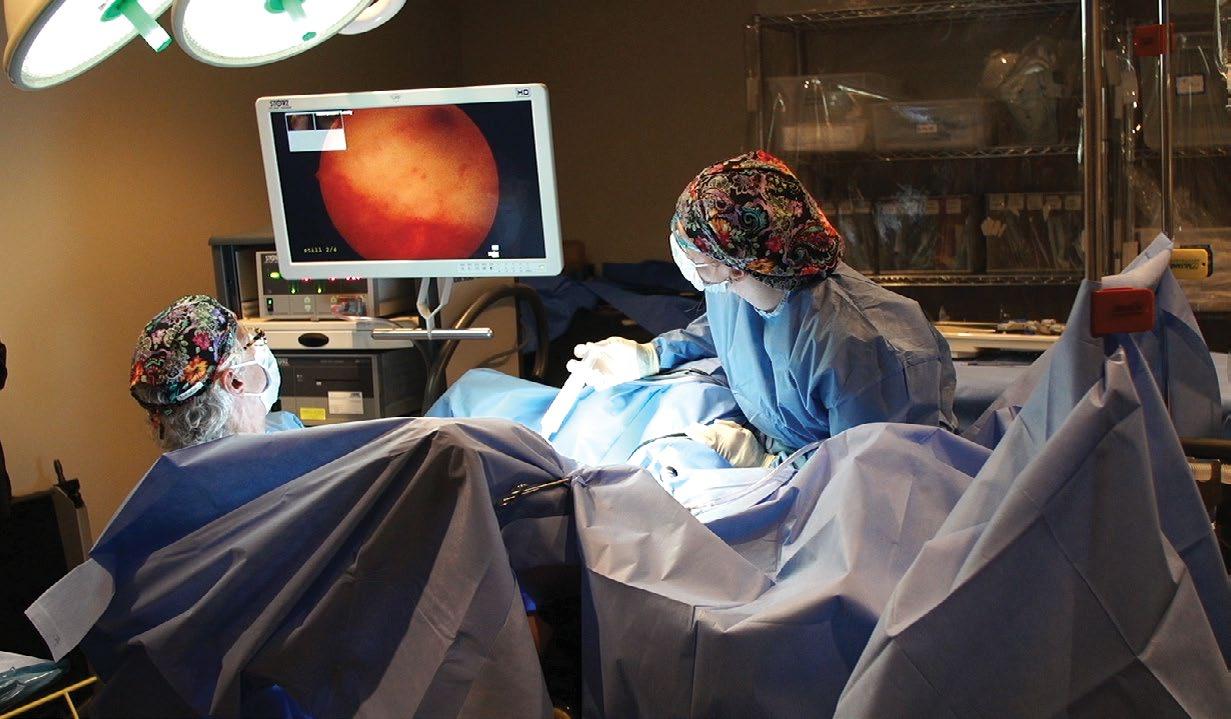
CNY Fertility International Surgical Institute
PROVIDING MINIMALLY INVASIVE SURGERY FOR OUR FERTILITY PATIENTS
Specializing in Minimally Invasive Surgery (MIS), our expert surgeons at the CNY Fertility International Surgical Institute are recognized as leaders in the fields of laparoscopic and da Vinci robotic surgery. Sometimes referred to as “keyhole” surgery, MIS utilizes small incisions, tiny fiber optic lights and high definition monitors which allow our surgeons to correct many conditions without requiring patients to undergo major surgery or large incisions. Patients go home the same day and recovery time is generally shorter and less painful with minimal scarring.
We perform:
• Diagnosis and Treatment of Endometriosis
• Treatment of Fibroids (Myomas)
• Tubal Reversal
• Vasectomy Reversal
Egg Freezing

Many people aren’t ready to start a family during their most fertile years, and there are lots of reasons to preserve your fertility until the time is right. Freezing your eggs or embryos is a way to protect and insure your family-building options for another time. We are further empowering women to take charge of their future. Whatever your reason – the opportunity to pursue other goals, military service, or medical treatment -we’re creating options for those who might not otherwise have them.
High quality doesn’t have to mean high cost. CNY Fertility offers affordable care starting with a complimentary consultation.
WHEN SHOULD YOU CONSIDER FERTILITY PRESERVATION?
There are a number of situations and reasons why someone might consider freezing their eggs or embryos. Some of the most common are:
• Wanting or needing to delay childbearing in order to pursue educational, career or other personal goals
• After receiving a cancer or other serious medical diagnosis
• Prior to military service
• You have diminished ovarian reserve and may need extra stimulation over time in order to get the number of eggs or embryos needed for the highest chances of future pregnancy.
When Delaying Childbearing
Many women focus on building careers not families during their prime reproductive years, ultimately delaying parenthood until egg quality is not optimum. Failure to find an ideal partner with whom to have and raise children can also be a factor.
Choosing to preserve eggs or embryos while in your 20s or early 30s is a way of ensuring that the family of your future can become a reality.

We are proud to provide discounted egg freezing for oncology patients.
Before Medical Treatment
When you receive a cancer diagnosis or any serious medical diagnosis, your focus is likely on treatment, success rates, and processing the emotions of what it all means. It’s easy to overlook future fertility preservation. But if you haven’t started a family yet or have dreams of growing the one you have, it is an important consideration. For women who are about to begin medical treatment, time is of the essence. An unfortunate side effect of many chemotherapy drugs, radiation treatment, and surgical interventions is infertility. It’s important to investigate all of your options prior to beginning any treatment. CNY Fertility will work with your medical team throughout the process to ensure your treatment and fertility goals do not negatively impact each other.
Prior to Military Service
Serving in the military can sometimes result in injuries or other impairments that negatively affect your ability to have a family. Freezing eggs or embryos prior to deployment is a wise choice for many military personnel who may be in harm’s way while serving our country and want to protect and preserve their future ability to have children.
HOW DOES IT WORK?
To give you the best chances of conceiving after treatment is completed, we recommend egg or embryo freezing. In order to freeze eggs (also called oocytes) and/or embryos, the eggs must first be retrieved. This part of the process is identical to IVF and can be completed in as little as two weeks.
Patients take hormone injections to stimulate the ovaries and allow a greater than normal number of eggs to develop. Once the eggs have adequately matured, they are removed with a needle using ultrasound for guidance. This procedure is done under sedation and is not painful.
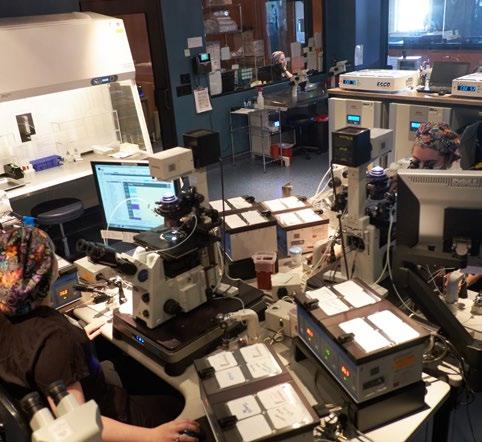
Women not currently in a committed relationship may opt to have the eggs frozen unfertilized. Later, when the patient is ready to attempt pregnancy, the eggs will be thawed, injected with a single sperm in a process called Intracytoplasmic Sperm Injection (ICSI) to achieve fertilization, and transferred to the uterus as embryos.
Embryo Freezing
If a patient wishes to freeze embryos, eggs are removed from the patient and fertilized in a test tube with the sperm from a partner or donor. The resulting embryos are then frozen approximately 3-5 days after fertilization and stored as long as necessary.
To give you the best chances of conceiving in the future, we freeze eggs and embryos in a flash freezing process called vitrification. Oocytes and embryos are immersed in a series of solutions which dehydrate the cells and replace water molecules with cryoprotectant or “anti-freeze” to prevent the formation of ice crystals and protect the integrity of the cells during the freezing process. The eggs or embryos are loaded into specially designed straws and placed in liquid nitrogen tanks for storage.
Once you decide to move forward with treatment, it generally takes 10 to 14 days to complete stimulation of the ovaries for the egg retrieval.
Pregnancy rates from frozen eggs depend on the women’s age at the time they are frozen and not the age at which she thaws, fertilizes, and transfers the resulting embryo. We see the best results for women younger than 35 at the time of egg freezing.
Preservation of embryos has a higher success rate of future pregnancy than preservation of eggs, so if you have a partner or might consider a sperm donor, this is a great option to discuss with your provider.
If you’re about to begin cancer treatment, we will work directly with your oncology team to ensure your fertility preservation is expedited so your treatment can begin quickly and to ensure that any hormones used in the process do not stimulate unwanted cell growth.
Due to the time sensitivity, you can expect an accelerated treatment plan.
How Many Eggs Should I store?
As a general rule, we recommend women store at least 10 eggs for each pregnancy attempt. Studies indicate that egg thaw survival rates average around 75% and fertilization rates are expected to be 75% in women 35 years old and younger. In real terms, if 10 eggs are frozen, 7 are expected to survive the thaw, and 5 to 6 are expected to fertilize and become embryos. We generally transfer one embryo in women 35 and younger.
Plans & Pricing
CNY Fertility provides the highest quality fertility care at a cost that is less than one-third of the national average.
CNY SUCCESS STORY
“CNY made it possible for me to freeze my eggs at a time in my life when it otherwise wouldn’t have been an option. I am so grateful that it is their mission to make this process affordable for women like me who might not have the resources to make this choice. Egg Freezing has allowed me to invest in my future so that I can invest in myself today. Thank you CNY.” – Julia, Venice, CA
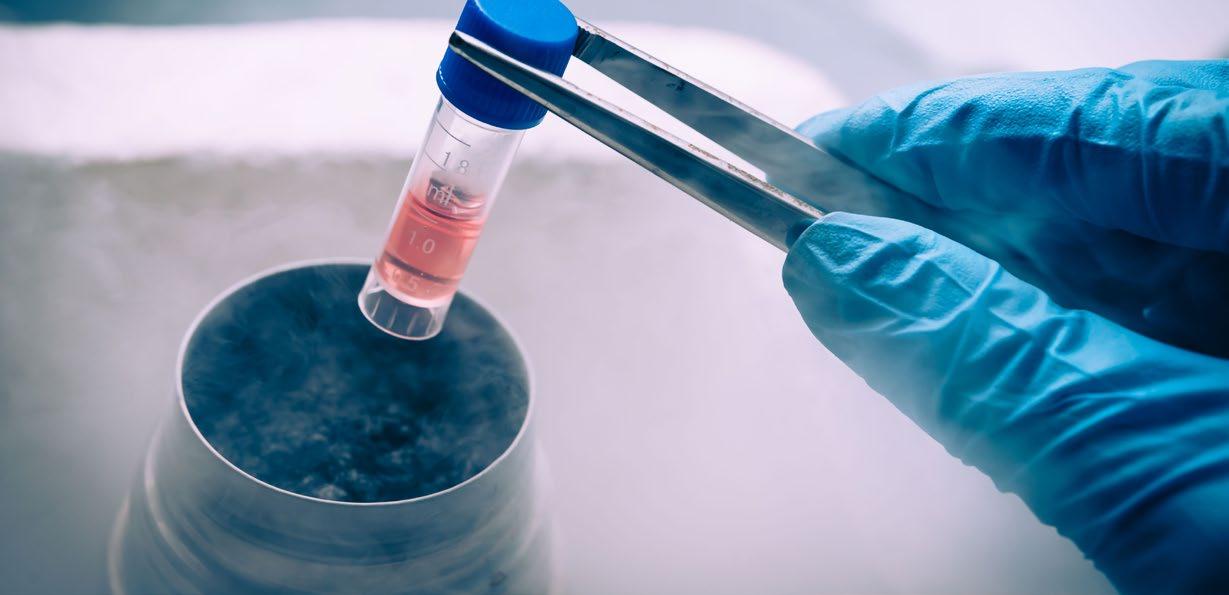
CNY Fertility provides the highest quality fertility care at a cost that is less than onethird of the national average.

Sperm Freezing
PRESERVING FERTILITY IN MEN
Fertility preservation in men is generally much easier and quicker than with women. It involves collecting a sample of semen and freezing it. In men about to begin medical treatment, sperm must be banked before any chemotherapy or pelvic radiation therapy begins in order to avoid damaging the sperm. Sperm can be frozen the same day you contact us. Once vitrified, the sperm can be stored indefinitely. Sperm can be thawed later and used for intrauterine insemination or in vitro fertilization.
Even if a man has only a few live sperm in his semen, they can be used for in vitro fertilization (usually ICSI) and offer a good chance of pregnancy. In this situation, when the sample is thawed, the healthiest sperm are captured and injected into the woman’s harvested eggs in the laboratory.
For men storing sperm, a single ejaculation sample will produce an average of 5 vials of sperm. It is typical to use 1-3 vials for each artificial insemination attempt. For best results, we recommend men store multiple samples.
HOW LONG CAN SPERM REMAIN FROZEN?
Sperm are stored in a liquid nitrogen tank at -196° C for long-term storage. Our experience is that longterm storage does not affect sperm quality and when stored correctly, they can remain frozen indefinitely.
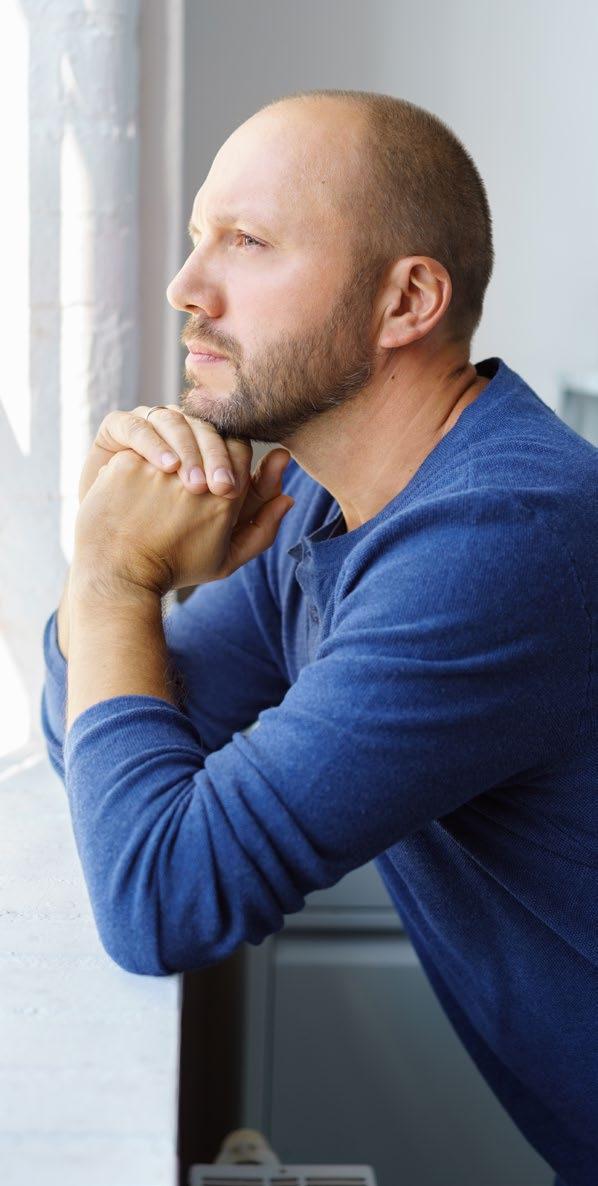
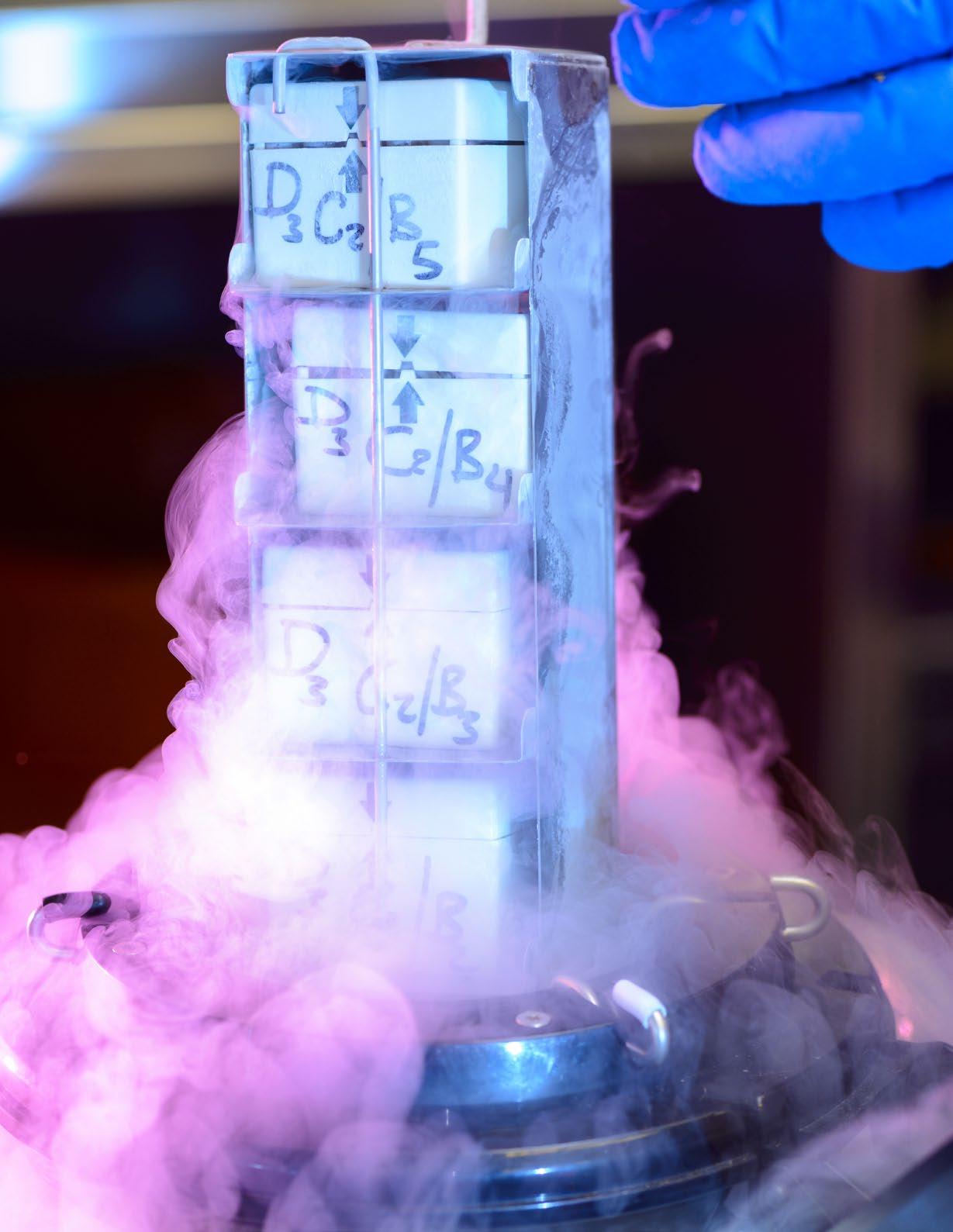
Vasectomy Reversal

When a man undergoes a vasectomy, it is most often used as a permanent form of birth control. However, life changes and many men decide they would once again like to have children.
In this situation, a vasectomy reversal is often the preferred solution, however, another option includes a TESA/PESA in combination with IVF. In short, a vasectomy reversal is a surgery that reconnects the vas deferens, which was surgically severed during the vasectomy, once again allowing sperm (male gamete cell) to enter the semen (ejaculate). The vas deferens are the tubes that bring sperm from the testicles to seminal vesicles where they are allowed to mix with semen and become part of the ejaculate. By severing this tube, sperm is still produced in the testicles, but during orgasm, they can no longer be transported, mixed with semen, and ejaculated.
The Surgery
Very simply, during a vasectomy reversal, the surgeon will surgically reconnect the two halves of each vas deference, thereby allowing sperm to once again travel freely and mix with semen prior to ejaculation.
Recovery
Surgery usually takes about 2 to 4 hours, and you are able to go home the same day. Recovery takes about 2 weeks. Men should not have sex or ejaculate until your doctor tells you it is okay. Most doctors recommend that you wait 2 to 3 weeks to have sex.
How will i know if it was successful?
You’ll know your vasectomy reversal was successful if sperm appear in your semen after a few months. Your doctor will collect semen samples and examine them regularly for 4 to 6 months after surgery, which is usually enough time for your counts to stabilize, although sometimes it takes longer.
Cost
The self-pay price for a Vasectomy Reversal is $7,900 and includes: the cost of anesthesia, the surgery itself, a 2-week post-operative check-up, and regular sperm analysis/testing post-surgery. There may be additional fees based on your unique situation.
After your initial consult, a $4,000 down payment is required prior to scheduling surgery. In-house financing is available.
Other Alternatives
Men who have undergone a vasectomy and now wish to father a child have other options besides Vasectomy Reversal. if you hope to conceive naturally through intercourse, then having a vasectomy reversal is your only option. However, for those who this is not a concern, a Percutaneous Epididymal
Sperm Aspiration (PESA) and Testicular Sperm
Aspiration (TESA) coupled with In Vitro Fertilization (IVF) is also an effective option and offers a high chance of success at a more affordable cost. Consult with your doctor to decide which is the best option for you.
Tubal Reversal with IVF
Many women decide to forgo the continuous and prolonged use of birth control and elect to have a tubal ligation after giving birth and completing their families. Having your “tubes tied”, as it’s commonly called, to prevent pregnancy is a fairly common procedure, but sometimes the unexpected happens or circumstances change within a family or with a partner, and a woman wishes to re-establish her ability to have children.
If you’ve had a tubal ligation procedure and wish to reverse it, CNY Fertility can perform tubal ligation reversal surgery on an out-patient basis at our Institute of Superior Surgical Care using laparoscopic techniques that enable us to restore your fertility in a minimally invasive way. A tubal ligation reversal (TR), medically known as the Tubal Anastomosis, is the procedure by which a surgeon repairs a woman’s fallopian tubes, thus restoring her natural fertility so that she will be able to again become pregnant. This microsurgery procedure enables us to reduce recovery time, makes the procedure affordable, and allows women to achieve high pregnancy rates post-surgery.
The Surgery
During a TR, our surgeon will reconnect both your left and right fallopian tubes by making careful incisions to reopen the surgically closed portion of your tubes. After ensuring that each tube is open by flushing them with colored water, the surgeon will then use sutures to reconnect the tubes. Once again, the surgeon will flush both tubes with liquid to ensure that each reconnected tube allows for sperm, egg, and embryo to flow freely through each tube without obstruction.
The surgery itself takes approximately 90 minutes. Tubal reversal enables most women to conceive naturally and without the use of fertility medications. Our medical team will consult with you to see if you’re a good candidate for tubal reversal surgery or if you should choose In Vitro Fertilization (IVF), and to discuss the pros and cons of both options.
Success Rates
TR surgery at CNY Fertility offers our clients a fantastic opportunity to restore their natural fertility, with roughly a 60-80% chance of attaining a natural pregnancy within two years of their surgery date.
Your chance of becoming pregnant and delivering a baby is highly dependent on your personal fertility health and history. Our doctors will be happy to discuss your individual situation further during your consultation.
Recovery
Most women can resume walking the day of their operation and return to an exercise free version of their normal daily routine the next day. Still, we generally recommend those undergoing this surgery take off at least a week of work and abstain from all exercise for at least two weeks post-surgery. Recovery time is generally 10-14 days.
Costs
Because tubal reversal is considered an elective procedure, it is unlikely to be covered by health insurance, Medicare or Medicaid.
THE SELF-PAY PRICE FOR TUBAL REVERSAL INCLUDES:
• The cost of anesthesia
• The surgery itself
• A 2-week post-operative check-up
• A discounted IVF cycle if you are unable to achieve pregnancy within 12 months of the surgery if under 35, or 6 months if over 35
There may be additional fees based on your unique situation. In-house financing is available. Prior to surgery, patients are required to consult with one of CNY Fertility’s doctors and have an ultrasound. We also require all surgical patients to have preoperative bloodwork. You will be given prescriptions for an antibiotic, pain medication, and possibly antinausea medicine. Insurance may cover some of these additional fees.
After your initial consult, you will be required tomake a deposit or first month’s payment prior (if financing) prior to scheduling your surgery. We can usually schedule your surgery within a few months of your initial payment.

Get Answers for Your Unexplained Infertility, Miscarriages and IVF Failures
DISCOVER HOW PREGMUNE’S REPRODUCTIVE IMMUNOLOGY ASSESSMENT REPORT CAN HELP GUIDE YOUR FERTILITY TEAM & CLINICAL CARE
CNY Fertility has been on the forefront of treatment innovation since its inception. When it comes to infertility, we refuse to accept a formulaic approach to IVF where protocols are one size fits all. Dr. Kiltz is one of the first reproductive specialists to study and apply the principles of reproductive immunology. The medical field of the immunology of pregnancy--reproductive immunology--has made great progress in recent years, and there are medical journals dedicated just to this topic.
Implantation of a pregnancy is a complex immunological process. In order for a pregnancy to implant normally in the uterus, the body has to block the natural process of rejection of a foreign body (aka, the baby). So, when it comes to recurrent implantation failure or pregnancy loss or even infertility of long duration, it is imperative that women seek specialists who are familiar with these issues and who can help them.
To guide CNY's world-renowned reproductive immunology program, CNY Fertility partners with PREGMUNE, a state of the art reproductive immunology testing company.
The Pregmune PGM-1 Reproductive Immunology Assessment Report helps identify potential causes of your infertility, estimates your chances for successful live birth based on our customized artificial intelligence algorithm, and provides your CNY Clinical Care Team with expert guidance for follow-up treatment for improved chances of success. The Pregmune PGM-1 identifies often-overlooked immunological causes for reproductive failure — and provides expert guidance for individualized treatment with your own doctor.

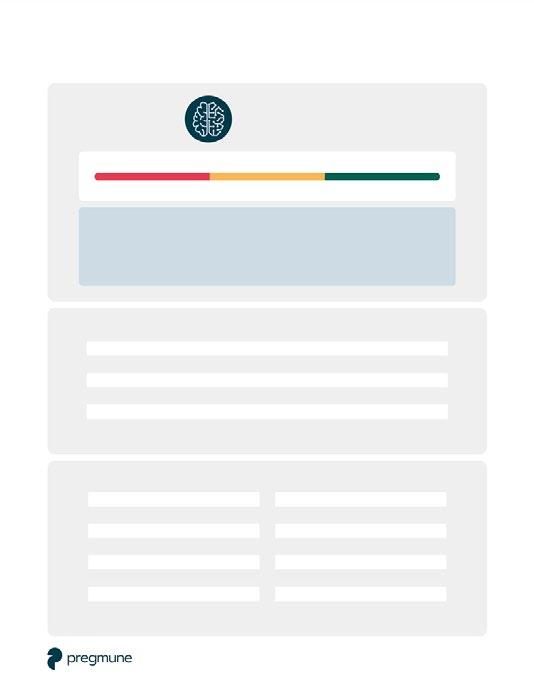
Scan the QR code below or head to www.pregmune.com/cnyfertility/ to schedule your complimentary consultation with Pregmune to learn how including their testing in your treatment can help you on your fertility journey.
Shining a new light in the most challenging times
ReceptivaDx – a path forward for unexplained infertility, failed IVF, and recurrent pregnancy loss

What is ReceptivaDx?
One of the most common causes of unexplained infertility, failed IVF and RPL (Recurrent pregnancy loss) is inflammation on the uterine lining. For women trying to conceive, inflammation associated with endometriosis is often the cause and for many women, endometriosis is silent, meaning there are no obvious symptoms.
ReceptivaDx is the only test that can identify leading causes of unexplained infertility in a single sample including endometriosis, progesterone resistance, and endometritis. ReceptivaDx includes BCL6, a marker that identifies uterine lining inflammation most often associated with asymptomatic (silent) endometriosis. BCL6 is found in more than 50% of women with unexplained infertility and over 65% of women with two or more IVF failures.
The ability to identify progesterone resistance via the BCL6 marker has been previously linked in published data to both implantation failure and recurrent pregnancy loss. Progesterone resistance is a condition that causes unfavorable changes on the uterine lining, blocking the important hormone progesterone from carrying out its vital role in embryo survival.
IVF Failures Highly Associated with BCL6 Presence
Retrospective analysis of 4,000 patients with prior implantation failures showed a statistically significant difference as the number of prior failures increase, highlighting the decision to test women after even one failure.
ReceptivaDx can also be used to identify endometritis, a chronic bacterial infection of the uterine lining, using a different marker called CD138. The good news for both providers and patients is that either a positive BCL6 or CD138 both have successful treatment options, significantly improving the chances for a successful pregnancy and live birth.
HOW DO THE TEST RESULTS HELP ME?
Without treatment, women testing positive are 5x less likely to succeed in IVF.
If positive for BCL6, current published data recommend two equally effective options:
1. Surgical laparoscopy to remove any visible endometriosis
2. Hormone suppression therapy for 60 days which reduces the inflammation caused by endometriosis and provides a stable and viable surface for the embryo to grow.
If BCL6 is negative, provides assurance that uterine lining inflammation is not the primary cause of failed implantation and improves the probability of a successful transfer.

USEFUL FACTS
Published studies show that women testing positive for BCL6 and left untreated have just an 11% chance of a successful live birth. Once treated, the probability goes up to over 60%. If negative, the probability is also above 60%.
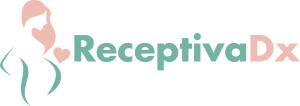
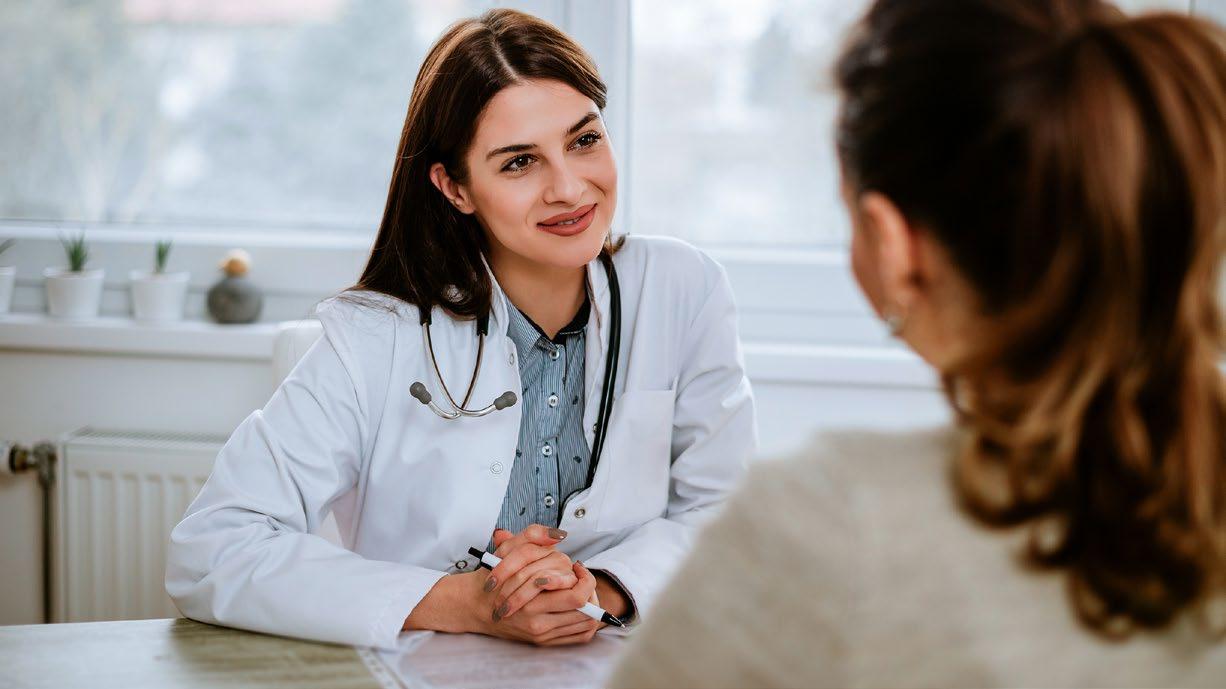
Affording Treatment
MAKING PRICELESS AFFORDABLE®

Dr. Kiltz founded CNY Fertility with the mission of making fertility treatment affordable to all. You will find that most fertility centers around the country are 2-3 times more expensive than CNY Fertility. CNY provides affordable and compassionate fertility care without sacrificing quality. In addition to participating with and accepting most insurance plans, we offer multiple cycle discount plans, treatment & medication bundles, and payment plans up to two years. Our goal is to provide affordable fertility care so that your dreams can come true.
Prior to your first visit, a CNY Fertility financial counselor will evaluate your insurance coverage so you have a better understanding of which costs are covered and which will be out of pocket, but we always recommend you speak directly with your insurance provider to get an official document detailing your coverage. We strive to work with clients to find the financial arrangement that best suits you. Welcome to Making Priceless Affordable®.
ACCEPTED INSURANCE
Our extensive network of accepted insurance providers covers around 50% of our patients (either partially or in full). Remember, your specific insurance plan is more important than your insurance provider as each company has many plans (some cover treatment and others do not).
We accept: Aetna, ALL Blue Cross Blue Shield Plans (i.e. Empire Blue Cross Blue Shield, Bluecard, Healthnow Blue Cross Blue Shield, Excellus BCBS Northeastern NY, Excellus BCBS Western NY, etc.), Federal Blue Cross Blue Shield, CDPHP (Capital District Physicians Health Plan), Champva, Cigna, Emblem Health, Empire Plan of United HealthCare, Independent Health, NOVA Health, Lifetime Benefit Solutions, Martin’s Point, MVP, Oxford of United HealthCare, 1199 SEIU, Progyny, Tricare/Humana Tricare, UMR (United Medical Resources), United Healthcare, Univera, HealthCare, US Family Health, and WINFertility. We do not accept any Marketplace, Medicaid, Managed Medicaid Plans, or other plans not listed. Progyny members – please contact your designated Progyny representative to verify covered services at our locations.
PAYMENT PLANS
CNY Fertility is the only fertility clinic in the nation that offers in-house financing with payment plans of up to two years. Financing is available for most treatments, including IVF, FETs, Donor IVF, Tubal Ligation Reversals, Vasectomy Reversals and more.
What you need to know:
• All of our payment plans, whether for IVF or other fertility treatment, have the same payment structure.
• 100% approval rating and no credit check.
• You must have an active credit or debit card.
• A 25% deposit is required for each treatment cycle.
• Vasectomy Reversals and Tubal Reversals require a 50% deposit prior to scheduling.
• You can pay any amount up front and finance the remaining balance.
• If you pay off your balance before your agreement is over, you do NOT have to pay the monthly management fee.
• CNY financing is NOT available for “add on” services like medications and genetic testing, which are paid to third parties like the pharmacies and genetics lab.
• Treatment prices at CNY Fertility are onethird the cost of the national average.

THE FERTILE GUARANTEE™ Shared Risk Refund Program
Some people want more assurance that their investment will result in a successful pregnancy. That is why CNY Fertility offers The Fertile Guarantee™. This is an IVF and Donor Egg Refund Program that gives our patients the assurance that they will walk away with a child. We offer a 75% refund if all cycles are completed without attaining a live birth. The packages must be paid in full prior to starting the first cycle, and no refund is given if any of the cycles are indeed successful.
The Fertile Guarantee™ program includes all of these services:
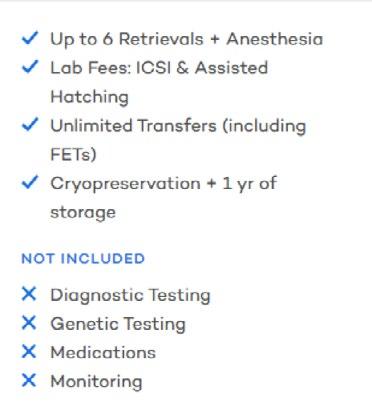
It is important that you understand the total cost of treatment up front and exactly what services are included. Many IVF centers advertise a lowcost estimate that does not include many essential aspects of treatment such as monitoring, retrieval anesthesia, ICSI, assisted hatching, cryopreservation of embryos and FET’s. Our guarantee program price varies depending on the age of the patient. Patients must apply for the Fertile Guarantee Program prior to beginning treatment.
For more pricing and financing information, please visit our website.

LGBTQ+ Family Building Options
CNY FERTILITY IS FOR EVERYONE
At CNY Fertility, we believe families are defined by love, not gender, sexual orientation, or gender identity. We work every day to ensure that all of our clients have the opportunity to love, nurture, and grow the family of their dreams. We are proud to serve the LGBTQ+ community and couples who are seeking to become parents. We are committed to helping you find the family-building option that best suits your unique circumstances and is as inclusive and encompassing as possible.
GAY MEN
The path to parenthood for same sex male partners requires a surrogate or gestational carrier along with an egg donor. In this process, we use an egg from a donor and sperm from either male partner to create an embryo, which is then placed inside the uterus of a gestational carrier.
When gay men choose to have a baby using a surrogate or gestational carrier, pregnancy is usually achieved through in vitro fertilization (IVF). During the IVF procedure, sperm (usually from one of the male partners, but sometimes from a donor) is combined with the egg to produce one or more
embryos. To produce multiple eggs for use in this procedure, the donor’s ovaries are stimulated with the help of fertility medications. The eggs are harvested and combined with sperm to produce embryos, which are then transferred into the woman’s uterus to achieve a pregnancy.
In some cases, gay men choose a woman they know to be their carrier. Others are able to find a surrogate by using an agency or attorney that specializes in this service, or even via websites that link prospective parents with women who want to be carriers.
The decision to have a baby using a surrogate or gestational carrier should be made thoughtfully and after careful consideration. We also strongly recommend all patients work with an experienced reproductive attorney who can provide legal counsel and prepare the necessary agreements, even in cases where a friend or relative serves as the gestational carrier.
LESBIAN WOMEN
After a thorough fertility evaluation, some lesbian couples will proceed with a natural intrauterine insemination (IUI) with donor sperm, where we follow the progression of your natural menstrual cycle but help time the IUI so that it falls within the window during which you are most fertile. Some couples will proceed with an IUI but also utilize gentle stimulating medication. These medications will usually generate more than one egg, giving the couple a greater chance of fertilization and implantation during that cycle. Other couples might proceed with IVF or reciprocal IVF.
Lesbian couples may choose to proceed with an in vitro fertilization cycle (IVF) in order to retrieve the eggs from one partner, inseminate the eggs with donor sperm, and then transfer the embryo(s) into the other partner’s uterus, who then carries the pregnancy. This is called reciprocal IVF and allows both partners to play an active role in the conception process.
FERTILITY PRESERVATION PRIOR TO TRANSITIONING
Transgender people planning a medical transition face an important decision about future family planning and fertility preservation. Fertility preservation options may include sperm, egg, embryo, ovarian tissue or testicular tissue cryopreservation.
For transgender females, the process of fertility preservation is actually relatively straightforward. Before starting hormones, these patients can freeze their sperm at CNY Fertility and store it indefinitely for potential use in the future. Transgender males have a slightly more complicated process, because they have to consider whether to freeze their eggs before starting hormones like testosterone that will make it much less likely, and even impossible, to retrieve eggs in the future. Egg retrieval does require certain medications to ensure an adequate number of eggs are available along with a short surgical procedure.
We advise our transgender clients to carefully consider how important a biological connection to future children might be to them down the road before proceeding with any treatments.


Using a Surrogate

The terms surrogate and gestational carrier are often used interchangeably for a woman who carries a baby for someone else. While very similar, they actually refer to something slightly different. A surrogate is someone who in addition to carrying the pregnancy also acts as the “egg donor,” meaning the child is genetically related to her. A gestational carrier uses eggs from the intended parents or a donor and is not genetically related to the child she is carrying. Gestational surrogacy is the most common type of surrogacy today. In either situation, some type of reproductive assistance is required: IUI, IVF, or Donor Egg IVF.
Surrogacy is a complex medical and legal process, as well as an emotional one, and the path to surrogacy looks a little different for everyone who decides to pursue it.
WHY CONSIDER SURROGACY?
Parents who wish to have a biological connection to their child may prefer surrogacy over adoption where there is no genetic link between your child and you or your partner. For couples who want a child but are unable to give birth, surrogacy is a viable solution. Surrogacy is an ideal option for women who have had a hysterectomy or endometrial ablation and want
to have a child. Women who’ve experienced numerous miscarriages with unsuccessful immunological treatment may also consider using a gestational carrier, along with women who have preexisting medical conditions like diabetes or a heart condition that make pregnancy dangerous or those who have a nonfunctioning uterus. Same sex male couples will also need to use a surrogate to have a child of their own.
USING AN AGENCY
Most intended parents choose to work with a full-service surrogacy agency to help them find a gestational carrier and guide the entire process.
Using an agency can actually save time and money by avoiding legal problems and potential pitfalls that could derail your surrogacy journey.
CNY Fertility can assist you in finding a reputable agency to help you find a suitable surrogate.
HOW IT WORKS
When working with an agency to find a surrogate, the process is designed to go smoothly and accommodate all of your needs. Here’s how it works:
• The intended parents have a consultation with a provider at CNY.
• Parents connect with surrogacy agency
• Receive surrogate profiles and meet your surrogate in person or via video call
• Escrow is opened
• Psychological examination of surrogate
• Medical screening/fertility evaluation of surrogate
• Legal documents are finalized and signed
• Preparation for embryo transfer including mock IVF cycle
• Embryo transfer
• Regular post-transfer/OB appointments
• Pregnancy is achieved
• Pre-Birth order
• Delivery
• Birth Certificate issued
• Passport and travel documents issued
• Baby comes home!
FINDING YOUR OWN SURROGATE
Intended parents can also choose to locate a surrogate on their own and pursue independent surrogacy with the help of an attorney specializing in third-party reproductive law. When searching for a surrogate, many parents consider using close friends or family members. While this sounds appealing, you should take into account how this incredible undertaking will change your relationship. Each relationship is different. Some people find that surrogacy strengthens their bond with their friend or loved one. Others find surrogacy puts a strain on their relationship. This can happen particularly when you do not clearly spell out your expectations from the start, which can lead to misunderstandings and frustration on both sides.
Due to the legal complexities involved in surrogacy, we highly recommend contacting a reproductive lawyer who will help you find answers to questions you didn’t even think about asking. As much as you may feel this isn’t necessary, it is, and it will protect all parties involved.
FIND OUT MORE
The timing for all of the stages of surrogacy can vary significantly. Ready to learn more? Your first official step is setting up a consult by calling us at 844-315-2229. But if you’d simply like more information on surrogacy, feel free to contact us at surrogacy@cnyfertility.com.

Adoption

CNY Fertility is committed to offering information about each family building option. Some of our clients have found adoption to be their most promising path for creating a family. There are many things to consider when planning to adopt: eligibility, financing, domestic or foreign, adoption provider, and if embryo adoption is a possibility. There are many children who need loving homes.
Adoptions can be performed by a private agency, public agency or through an adoption lawyer. Choosing a reputable adoption provider is important for a positive adoption experience.
When deciding to adopt a child from the US, there are many avenues available. There are different types of agencies which provide domestic adoptions. You may choose to use a private agency or to use an adoption attorney for an independent adoption . Adopting a child from a foreign country is another way to build your family. International adoptions must comply with the laws of the adoptive child’s country, and typically require travel to that country. There are also many children in foster care awaiting safe and happy homes. The parental rights of many children who are placed in foster care will eventually be terminated, allowing them to then be adopted. The
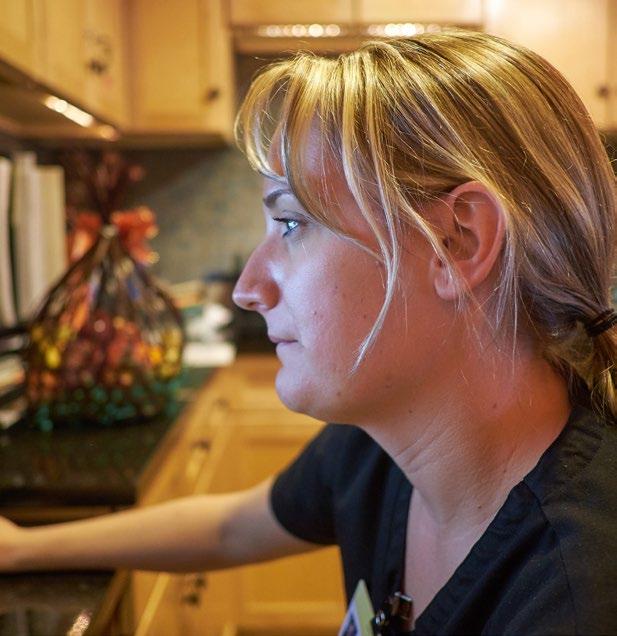
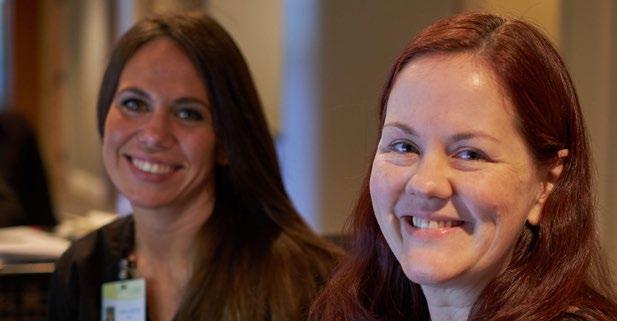
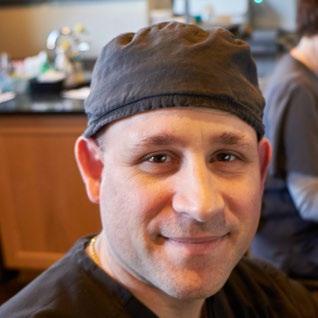
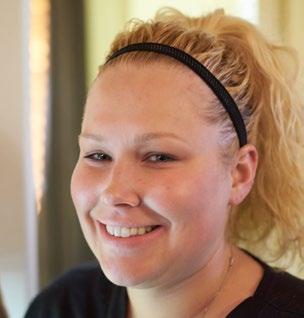
majority of these children are older and have special needs, however infants are sometimes available.
EMBRYO ADOPTION
Couples who have completed their family building after fertility treatments may have extra frozen (cryopreserved) embryos. Some couples decide to give their extra embryos to an embryo adoption agency. Following a screening and qualification process, a recipient couple can adopt the embryos and have a frozen embryo transfer. Legal documents and agreements will be signed by all, the embryo adoption agency will step couples through this process.
CNY Fertility is happy to provide additional information about all of these alternatives.
CREATING HOPE FOR OVER 25 YEARS
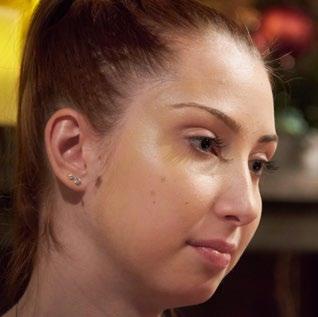
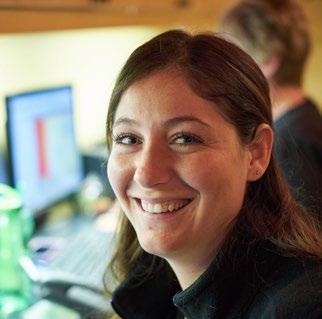
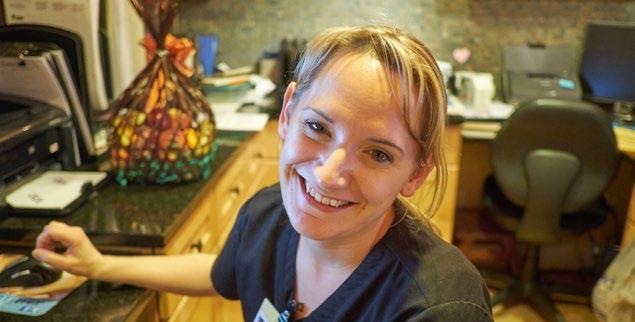
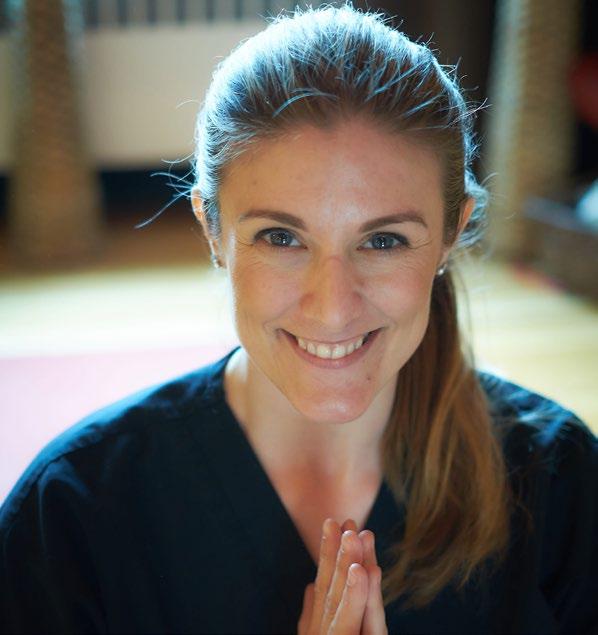

Preparing for Fertility Treatment
Preparing for Fertility Treatment
30-90 Days Prior to
Scheduled Treatment
Through decades of clinical experience, CNY Fertility has discovered that our external environment often creates a hostile internal environment that causes inflammation and leads to infertility. Inflammation and the subsequent infertility it creates are pervasive opponents that are best treated with a multipronged approach. Treatment can include dietary changes, nutritional supplements, pharmacological immunology, mind-body and “eastern” therapies, along with surgical interventions for both men and women.
We recommend clients begin to prepare for fertility treatment 30-90 days prior to their scheduled treatment. We have seen many clients adopt some of these recommendations and call the following month to cancel their appointment because they became pregnant naturally. If this happens, it is important to stay on the inflammation-reducing plan. There may also be other treatments we can recommend to reduce the chances of miscarriage and premature delivery.
Inflammation likely originates from many of the foods we eat. We are unknowingly placing an excessive amount of these environmental toxins into our bodies in the form of fruits, vegetables, fiber, and lean meats. We don’t realize that they are all converted to simple sugar and that plants have defense systems too. They are foreign particles to the human body and cause a constant inflammatory response. Excess glucose causes glycation and fermentation in the belly, creating heat, methane gas, alcohol, and acetyl aldehyde (similar to the compost pile in your yard that steams with a foul smell), which are destroying the gut and sending this destruction throughout the entire body including the ovaries, testis, and all reproductive organs.
To learn more about how plants can damage our bodies and reproductive systems, please read the following articles: Phytochemical Mimicry of Reproductive Hormones, Dietary Pesticides, and Poisonous Plant Research.
When it comes to food, less is best. By not putting these inflammation-causing food groups into your body in excess variety and frequency, you allow your body to heal and do what it naturally wants to do. Fasting and intermittent feasting is an ideal solution. By eating once or twice a day at most and allowing 12 to 24 hours between feedings, you provide the body with time to rest and digest.
Eating the B.E.B.B.I.S. Diet (pronounced “babies”)bacon, eggs, butter, beef, Kiltz’s ice cream, and salt - is one lifestyle adjustment so many CNY clients have embraced with incredible success.
Maria Emmerich is our keto food guide. We recommend following her and considering having a one-on-one coaching session via her website. Modern medicine is still an effective complement to the natural healing and wellness practices that have been available for thousands of years. CNY suggests adding an immune protocol, which may include
Intralipids, Lovenox, Prednisone, Low-dose aspirin, and Plaquenil to your treatment plan. Some more aggressive treatments may include IVIG, Humira or Paternal Leukocyte Immune Treatment (LIT), also known as the male immunization treatment. We often recommend 1.5 to 4.5 mg of Low Dose Naltrexone (LDN) a day. LDN is known as the “miracle drug” because of the way it simply reduces inflammation. Similarly, cannabidiol or CBD is an ancient herbal remedy that can also play an important role in reducing inflammation.
MIND SET
Your faith and belief in a positive outcome will guide you and help you on the way. Keep the faith! Know and imagine you are already fertile and a beautiful child is coming into your life. Joining a supportive community like those in our support groups and fertility mentorship program can be an important part of your success. Fertile Hope Yoga is a great way to improve fertility. Join a supportive community and foster your belief in a positive outcome. If you have not read The Secret by Rhonda Byrne, you should check it out. Dr. Kiltz’s book The Fertile Secret is also a good resource.

The simple guide to improving your fertility in preparation for care at CNY Fertility
Welcome to CNY,
My hope is that we can be helpful, and I want you to know that the CNY Fertility team is here to assist you in every way possible. Through decades of clinical experience, CNY Fertility has discovered that our external environment often creates a hostile internal environment that causes inflammation and leads to infertility.
Inflammation and the subsequent infertility it causes are pervasive opponents that are best treated with a multi-pronged approach that can incorporate dietary changes, nutritional supplements, pharmacological immunology, mind-body and “eastern” therapies, along with surgical interventions for both males and females.
The origin of inflammation is best understood through the recognition that we are unknowingly placing an excessive amount of these environmental toxins into our bodies in the form of fruits, vegetables, fiber, and lean meats. We don’t realize that they are all converted to simple sugar and that plants have defense systems too. They are foreign particles to the human body and cause a constant inflammatory response. Excess glucose causes glycation and fermentation in the belly, creating heat, methane gas, alcohol, acetyl aldehyde (similar to the compost pile in your yard that steams with a foul smell), which are destroying the gut and sending this destruction throughout the entire body - including the ovaries, testes, and all reproductive organs. To learn more about how plants can damage our bodies and reproductive systems, I highly suggest reading the following articles: Phytochemical Mimicry of Reproductive Hormones, Dietary Pesticides, and Poisonous Plant Research.
In my opinion, when it comes to food, less is best. By not putting certain food groups into your body in excess variety and frequency, you allow your body to heal and do what it naturally wants to do. Fasting and intermittent feasting is my solution. By eating once or twice a day at most and allowing 12 to 24 hours between feedings, you allow the body time to rest and digest. The B.E.B.B.I.S. Food Plan - bacon, eggs, butter, beef, and ice cream (Kiltz’s ice cream), pronounced “babies”, is one of those “opposites” that I have seen so many clients embrace with incredible success. Maria Emmerich is our keto food guide. We recommend following her and considering having a one-on-one coaching session via her website.
Still, modern medicine is a great complement to the natural healing and wellness practices that have been with us for thousands of years. I recommend adding some level of an immune protocol (see below) which may include Intralipids, Lovenox, Prednisone, Low-dose aspirin, and Plaquenil to your treatment. Some more aggressive treatments may include IVIG or Humira. We often recommend 3.0 to 4.5 mg of Low Dose Naltrexone (LDN) a day. LDN is known as the “miracle drug” because of the way it simply reduces inflammation.
To further assess your fertility, a laparoscopy and hysteroscopy can be done to look for intraabdominal endometriosis and scar tissue that may be impeding your fertility due to the inflammation in and around the ovaries, tubes and uterus. This is a silent disorder and can be present without you knowing. Often the only symptoms are infertility, miscarriage, or failed implantation.
Additionally, the use of donor eggs, sperm, embryos or gestational surrogacy may assist your journey significantly. CNY Fertility’s donor team is happy to discuss these options with you further if desired. Attached to this document is a quick reference guide with links for more information on all of the things I recommend for preparing your body for fertility treatment. have seen many clients adopt some of these recommendations and call the following month to cancel their treatment because they became pregnant naturally. If this happens, it is important to stay on the inflammation-reducing plan. There may also be other treatments we can recommend to reduce the chances of miscarriage and premature delivery.
Your faith and belief in a positive outcome will guide you and help you on the way. Keep the faith! Know and imagine you are already fertile and a beautiful child is coming into your life. Seeking fertility specialized counseling or joining support groups like that offered at The Fertile Spirit can be very helpful. Yoga for fertility in person at our centers and online at Fertile Hope Yoga, can be another great way to improve fertility. Join a supportive community and foster the belief in a positive outcome.
If you have not read The Secret by Rhonda Byrne, you should check it out. My book, The Fertile Secret is also a good resource. Please visit CNY Fertility’s website for blog posts and information on lots of fertility topics, and take a look at our Family Building Guide.
Thank you for sharing your journey. I look forward to helping your dreams become your reality.

Dr. Robert Kiltz
315-416-9872 (cell) www.cnyfertility.com
Ideally begin 30-90 days prior to the start of treatment
Preparing for Treatment: for Everybody
The simple dietary and supplement guide in preparation for treatment at CNY Fertility.
• Kiltz’s Keto/Carnivore + One Meal a Day (OMAD) See Dr. Kiltz’s Keto for Fertility Cookbook.
• Peak Prenatal, VivoMeg Fish Oil, Ovarian
• Bloom, and Immunoglobulin IgG supplements by Molecular Fertility. CBD can also be helpful.
• Low Dose Naltrexone LDN 1.5 to 4.5 mg per day
• HGH 6-24 units per day (for low egg reserve or poor quality) or Somaderm gel/Serovital/Ovarian Bloom+ for OTC form
• Light Exercise Only: Yoga / Tai Chi / Walking. NO HIGH INTENSITY EXERCISE
• No Saunas, hot tubs, or other modalities of excessive heat Women
• Kiltz’s Keto/Carnivore + One Meal a Day (OMAD) See Dr. Kiltz’s Keto for Fertility Cookbook.
• Male Preconception+ and VivoMega Fish Oil. Immunoglobulins IgG and CBD may also be helpful.
• Low Dose Naltrexone LDN 1.5 to 4.5 mg per day
• Clomid 25 mg per day (may help sperm production and function)
• hCG 250 units per day (may help sperm production and function)
• Human Growth Hormone (HGH) 6-24 units per day or Somaderm gel/ Serovital/Ovarian Bloom+ for OTC form
• Light Exercise Only: Yoga / Tai Chi / Walking. NO HIGH-INTENSITY EXERCISE
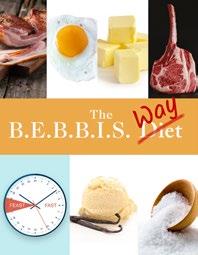
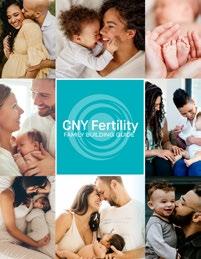
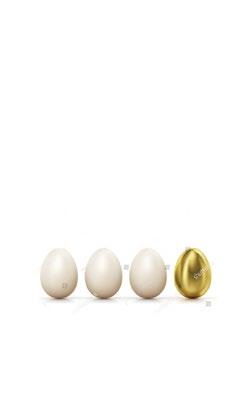
Helpful Resources
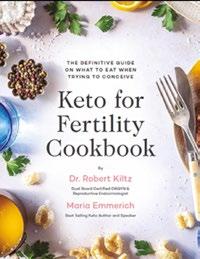

Sample Stimulation Protocols
NS Natural Stim
Oral low Letrozole or Clomid with trigger
Letrozole FSH/hcg FSH menopur
Low/mini 10 mg x 5d 100-200/20 25-125/75 antag/hcg lupron trigger
Standard 10 mg x 5d 300/20 225/75 antag/hcg lupron trigger
High 10 mg x 5d 400/20 250/150 antag/hcg lupron trigger
FET Medicated Estrace Progesterone
FET Modified Natural Letrozole/ progesterone hcg trigger
Sample Immune Protocols (in addition
to stimulation protocol)
Start 30-90 Prior to Treatment Cycle
Nutrition: Kiltz’s Keto/Carnivore, One Meal a Day (OMAD), and Supplements (F: Peak Prenatal, VIVOMEGA, Ovarian Bloom, Immunoglobulin IgG | M: Male Preconception+, VIVOMEGA) + Light Exercise: Yoga, Walking, Tai Chi. etc. No high-intensity exercise. Pt specific treatments for priming and endometriosis supression, antifungal/antiviral protocol
LEVEL 1 LEVEL 2 LEVEL 3 LEVEL 4
• Kiltz’s Keto + OMAD + Supplements + light exercise
• LDN 3-4.5 mg**
• Aspirin 81 mg qd*
• Prednisone 5 mg bid
• Antibiotics - Doxy 100
• mg PO BID x 3 or 5 d or z-pack
• Antihistamine (Claritin10mg am / Pepcid 20 mg / Benadryl 25 mg)
• Kiltz’s Keto + OMAD + Supplements + light exercise
• LDN 3-4.5 mg**
• Aspirin 81 mg qd*
• Prednisone 5-10 mg bid
• AntibioticsDoxy 100 mg PO BID x 3 or 5 d or z-pack
• Antihistamine (Claritin -10mg am / Pepcid 20mg / Benadryl 25 mg)
• Intralipids 100ml 20% qwk
• Lovenox 30 mg qd*
• Kiltz’s Keto + OMAD + Supplements + light exercise
• LDN 3-4.5 mg**
• Aspirin 81 mg qd*
• Prednisone 10-15 mg bid
• Antibiotics - Doxy 100 mg
• PO BID x 3 or 5 dor z-pack
• Antihistamine (Claritin -10mg am / Pepcid 20 mg / Benadryl 25 mg)
• Intralipids 100ml 20% qwk
• Lovenox 30 mg bid*
• Neupogen 60 mcg qd
• Plaquenil 200 mg qd/bid or Prograf 1mg tid
• hCG Booster 250
• PRP/hCG/ Neupogen wash
• HGH 6u, Somaderm, or Serovital**
• Kiltz’s Keto + OMAD +
• Supplements + light
• exercise
• LDN 3-4.5 mg**
• Aspirin 81 mg qd*
• Prednisone 15-20 mg bide
• Antibiotics - Doxy 100 mg
• PO BID x 3 or 5 do or z-pack
• Antihistamine (Claritin -
• 10mg am / Pepcid 20 mg / Benadryl 25 mg)
• Intralipids 100ml 20% qwk
• Lovenox 40 mg bid*
• Neupogen 60 mcg qd
• Plaquenil 200 mg qd/bid or Prograf 1mg tid
• hCG Booster 250
• PRP/hCG/ Neupogen wash
• HGH 6u, Somaderm, or
• Serovital**
• IVIG 20-40 grams q4wk
• Humira 40 mg x 2 q2wk
*Aspirin and Lovenox only to be started after Egg Retrieval or with FET
**Can be started 30-90 days before treatment cycle
Check List of preparatory nutrition/supplements, lifestyle factors & enhancement treatments.
PREP:
Kiltz’s Keto/Carnivore + One Meal a Day - look at doctorkiltz.com or ketoforfertility.com for full advice and start immediately
Female Supplements: Peak Prenatal, Vivomega, Ovarian Bloom, Immunoglobulin IgG, Broad Spectrum CBD, and serovital,
Male Supplements: Male Preconception+ & Vivomega. Also consider Immunoglobulin IgG, Broad Spectrum CBD, and serovital.
Light Exercise: Yoga / Tai Chi / Walking. NO HIGH INTENSITY EXERCISE
Meditation / prayer / positive vision practice
Acupuncture/massage to improve blood flow to reproductive organs
LDN, low dose naltrexone, anti inflammatory, 3 to 4.5 mg per day, night best
HGH 6u, Somaderm, or Serovital per day pre stim or with stim or transfer (with levels 3 and 4)
LEVEL 1: EVERYTHING ABOVE +
Aspirin 81 mg qd - beginning after retrieval or with start of FET
Prednisone, 5 mg bid - start of cycle or before
Antibiotics - Doxy 100 mg PO BID x 3 or 5 or z pack
Antihistamine protocol (claritin - 10mg am / pepcid 20 mg / benadryl 25 mg)
LEVEL 2: EVERYTHING ABOVE+
Prednisone, 5-10 mg bid - start of cycle or before
Weekly intralipids, 100ml 20% may be given to 12 weeks or longer
Lovenox 30 mg qd, beginning after retrieval or with start of FET
LEVEL 3: EVERYTHING ABOVE+
Prednisone, 10-15 mg bid - start of cycle or before
Lovenox 30 mg bid - beginning after retrieval or with start of FET
Plaquinil 200 mg qd or bid OR Prograf 1 mg tid
Neupogen 60 mcg qd - with stim or with transfer preparation
hCG sq boost 250 qd
PRP (platelet rich plasma)/hCG (Human Chorionic Gonadotropin) wash
LEVEL 4: EVERYTHING ABOVE+
Humira 40 mg x - 2 weeks prior to start of cycle and again at start of cycle
IVIG 20-40 grams - starting after retrieval q 4 weeks
Additional Add-ons to Any Protocol if Applicable:
Endometriosis/Adhesions/Myoma/Empirical: Hysteroscopy/Laparoscopy, D &C (scratch), ERA, ReceptivaDx, Orilissa 150-200 mg qd, and letrozole 5 mg 1-3 months or lupron 1-3 months
PCOS: 500 mg to 2000 mg metformin per day
Male Factor: hCG 250 boosters, clomid 25 mg, keto, LDN, supplements, slow down, cool downviagra vaginal suppositories to improve blood flow to uterus
You’re Not Alone
SUPPORT AT CNY FERTILITY
It goes without saying that infertility can be a stressful experience. Experts often say that infertility is a life crisis for some couples. The emotions that arise are very real and can be difficult to navigate. Caring for your emotional well-being is as important as treating your infertility, and we understand that each couple’s experience and needs are different.
CNY Fertility provides the support you need to help you and your partner through all stages of your fertility journey. Often couples struggling with infertility find it difficult to confide in friends and family. And sometimes well-intentioned comments such as “When are you going to start a family?” or “Just relax and it will happen” only make the situation more stressful. Sharing your frustrations, anxiety, and sadness with others enduring the same struggle can help. Whether you’re more comfortable in a group setting, one-onone or as an observer, CNY Fertility has the support you need to reduce the stress associated with infertility from a medical, emotional, and financial perspective.
Fertile Friends One-On-One Program Fertile Friends pairs clients together based on their experiences with infertility. This program was created because many clients have said that friends and family who have helped them cope with other life issues just can’t compare to the understanding and support provided by another person who is going through the same struggle to conceive.
Circle of Hope Support Group
The Circle of Hope Support Group meets monthly at each CNY Fertility/CNY Healing Arts location. The group is moderated by one of our team members, and is open to all clients. During the group session, clients are invited to share their personal experiences, seek support, and gain helpful tools for coping with the emotional ups and downs of infertility. Guest speakers will also occasionally join the group to share knowledge and their own personal journey.

Fertile Hope
Fertile Hope is an on-demand lifechanging online mental health platform to help women navigate the stress of infertility, trying to conceive and IVF using brainbased mind/body science practices such as yoga, meditation, hypnosis, and life coaching. Fertile Hope is a self-navigated program that contains hundreds of online, on-demand, and cycle-specific practices that are SAFE for you to practice no matter where you are in your fertility journey (including pregnancy).
Think of it as your mental and emotional fertility health friend in app form that you can take with you wherever you go and is there whenever you need it. Get started for free at www.fertilehopeyoga.com
Monthly Support Webinar
We recognize that some of our clients are unable to make it to in-office support meetings. Luckily, we are able to offer an Interactive Fertility Support Webinar. This allows clients to listen in and ask questions from the comfort of their own homes. Additional information and calendar can be found on our website www.cnyfertility.com.
Private One-On-One Support
If you are looking for a more private one-on-one support situation, CNY Fertility can recommend several counselors who have successfully worked with fertility clients in the past.
The Fertile Spirit
Please see information on The Fertile Spirit, which provides group and one-on-one support options.

Whether you’re more comfortable in a group setting, one-on-one or as an observer, CNY Fertility has the support you need to reduce stress associated with infertility from a medical, emotional and financial perspective.
Fertile Hope

What exactly is this program and how does it help me?
Fertile Hope is an on-demand life-changing online mental health platform to help women navigate the stress of infertility, trying to conceive, and IVF using brain-based mind/body science practices such as yoga, meditation, hypnosis, and life coaching. Fertile Hope is a self-navigated program that contains hundreds of online, on-demand, and cycle-specific practices that are safe for you to practice no matter where you are in your fertility journey (including pregnancy).
Think of it as your mental and emotional fertility health friend in app form that you can take with you wherever you go and is there whenever you need it.
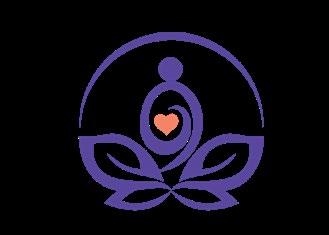
HERE’S WHAT YOU’LL GET WITH YOUR MEMBERSHIP:
On-Demand Yoga for Fertility and Meditation Library: The cycle-specific yoga sequences are safe and designed to meet your needs physically, mentally, and emotionally- exactly where you are at - maximizing the benefits for what is needed to increase pregnancy rates in that part of your cycle. Safe no matter how you are TTC (naturally, IUI, IVF, FET). The library also includes yoga for any time and prescriptive yoga sequences for detoxification and cysts and when you are “on a break”.
On-Demand Yoga for Pregnancy Library: These prenatal yoga videos are safe, can be practiced in any trimester, and are great for beginners. Each video was designed to meet your needs emotionally, mentally, physically, and energetically depending on where you are in your pregnancy. They also are prescription-based to help you navigate the discomforts of pregnancy, strengthen your pelvic floor, and promote optimal fetal positioning for your baby.
On-Demand Hypnosis for Fertility & Pregnancy Library: Hypnosis is yoga for your brain! Whereas meditation and visualization works on the more superficial parts of your brain, hypnosis works on a deeper level of the subconscious part of your brain where you can rewire your beliefs and the deepest level of transformation happens.
Downloadable Resources: Tools for navigating loss, a fertility affirmation deck, a pregnancy affirmation deck, a habit tracker to help you make progress, and a gratitude journal are all immediately available to you.
Member Only Heartbeat Community: This is an incredible private community app experience where you can participate in quarterly challenges, focused texting groups such as IVF, LGBTQ, SMBC, PCOS, a 1-1 peer matchup service, and live Zoom support groups where you will get all the support you need to not feel alone.
“Go from hopeless to hopeful while boosting your fertility”
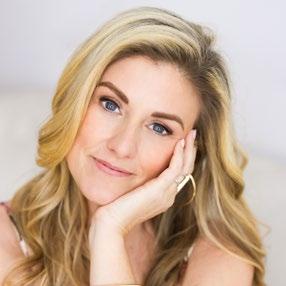

Fertile Hope Founder, Erin McCollough Certified Life Coach, Yoga Teacher & Hypnotherapist
Try Fertile Hope for FREE
2 MONTHS OF FERTILE HOPE MEMBERSHIP for new members
Yoga | Meditation | Hypnosis | Coaching | Community
Bring some peace & calm back into your life.
Here’s What Other are Saying About Fertile Hope
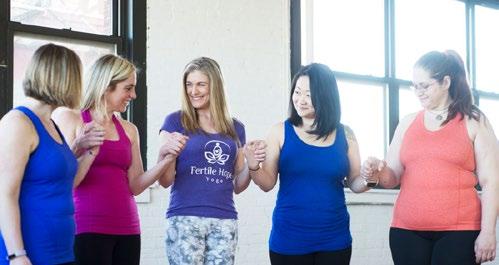
"A Beacon of Hope, Gratitude, Patience And Perseverance"
Before I started the Fertile Hope program, my journey was stress and anxiety-driven. It became more balanced and less pressured after I started the program. My biggest breakthrough was how to deal with stress in other aspects of my life. Erin was amazing. A voice of reason and a beacon of hope teaching us gratitude, patience, and perseverance.”
~ Mica Venturo | Rochester, NY
LGBTQ+ IUI Success Story + Fertile Hope Graduate
"Fertility Went from Feeling Clinical to Becoming a Soul-Nourishing Journey"
Before Fertile Hope, my fertility journey felt clinical… then it turned into an insightful journey in which my eyes were opened to the wonders of my body and soul. I learned how to feel amazing even though everything might not be going exactly as planned. Yoga for fertility supported me and allowed me to trust my body again.”
~ Liz Liming | Rochester, NY
IVF Success Story + Fertile Hope Graduate
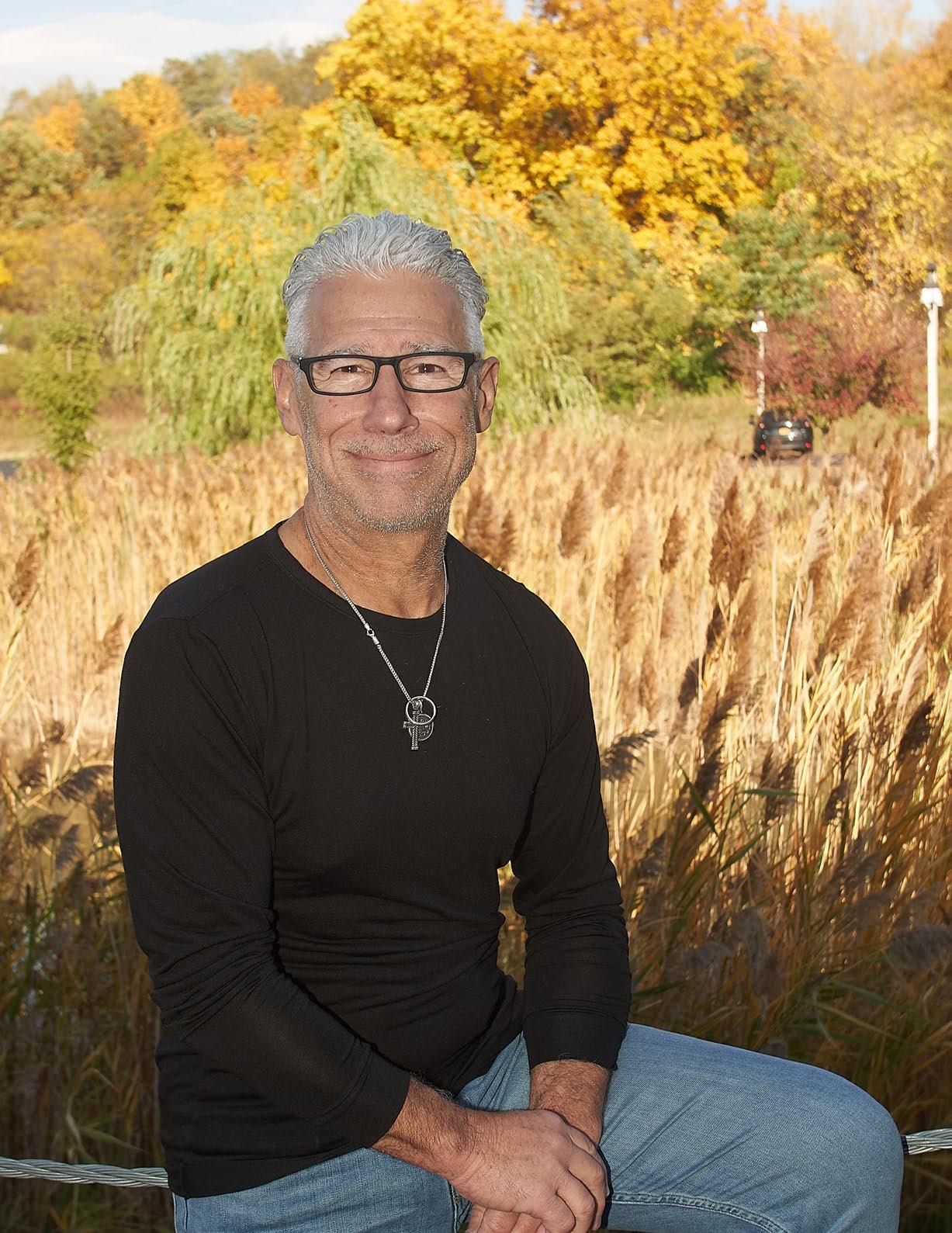
Virtual Fertility Support & Education
The fertility journey can be overwhelming. There’s so much to learn: names of hormones, anatomy lessons, what to take when, and when to just wait. It’s confusing. Like a whole other language, and you’re already on an emotional roller coaster. Whether you’re currently a patient or just starting to tip your toe into the fertility pool, we’re here to help No question is off limits or too absurd. Pull up your comfiest chair (and your phone or lap top) and join us in real time for some information, inspiration, and affirmation.
Webinars and Live Q&A
Hosted by CNY Fertility

Live Q&As with Dr. Kiltz



*Weekly schedule subject to change Selecting Donor Eggs Paying for Fertility Treatments Traveling for IVF or Egg Freezing
CNY Webinars
Join us for one of our informative webinars. We’re always adding more!
• Traveling for IVF or Egg Freezing
• Paying for Fertility Treatments
• Selecting Donor Eggs
• Essentials of Fertility Treatment Prep
• LGBTQ+ Family Building Options
• Add-On Fertility Treatments & Immunotherapy
• Using Donor Eggs, Sperm, or Embryos
• All About Sperm– Male Factor Infertility, Donor Sperm & Sperm Preservation
The Reproductive Immunology Story

While other fields of medicine have understood for some time that our immune system is a common cause of many diseases, Reproductive Endocrinologists are only in the very nascent stages of grasping how important the immune system is to unlocking the mysteries of unexplained infertility.Our immune system is what keeps us alive, but it is also the source of numerous problems.
Reproductive Immunology is a field of medicine that studies the interactions between the immune system and the reproductive system. The current area of study in reproductive medicine is the role of the immune system in relation to recurrent pregnancy loss and repeated IVF failures. The immune system may react to an embryo as an “invader” and thus attempt to stop the growth of these cells.
Many treatments are being utilized in the field of reproductive medicine to reduce inflammation and suppress the immune system to support successful pregnancy outcomes.
For couples experiencing recurrent miscarriages, late pregnancy losses and repeated IVF failures, research and treatment in the area of immunology shows real promise, particularly in treating unexplained infertility.
There are many different immunologic problems that can cause pregnancy loss, IVF failures and infertility.
Immunologic dysfunction is just one of a wide variety of problems that may lead to infertility and pregnancy loss. Indeed, a large number of pregnancies fail because of chromosomal abnormalities resulting in fetal demise. While we believe that these defects account for a very substantial portion of pregnancy losses, the defects occur randomly and thus are unlikely to be significant causes of recurrent pregnancy losses and repeated IVF failure, especially in younger patients.
“It is our belief that diet is the number one source of chronic inflammation and fertility dysfunction.”
Some of these problems can be measured with antibody testing: looking at anti-thyroid antibodies, rheumatoid factors or C-reactive protein, and looking at many other cytokines and white cell dysfunction, such as elevated natural killer cells. We can also take an endometrial sample to look at the pathology of the endometrial tissue to determine if there is abundant evidence of inflammation.
CNY Fertility offers the latest diagnostic testing and treatment options available for immunological conditions. Our oocyte enhancement and implantation enhancement protocols, in conjunction with our standard protocols, provide our clients with the very best opportunity for a successful pregnancy.
Recently, we have achieved success treating inflammation pharmacologically with low-dose steroids like Prednisone, Humira, intravenous immunoglobulins and intralipids which are made up of egg protein and soy fat. The fat appears to be a successful method of reducing the inflammation in our bodies.
However, since the source of inflammation is likely related to the food we eat, it only makes sense that making dietary changes can and will reduce inflammation. There is ample evidence that excessive amounts of carbohydrates, sugars, grains, fruits, fiber and vegetables along with milk products are very inflammatory to our bodies and increase the number of antigen/antibody interactions. These white cells and cytokines that are enhanced in our bodies, in many cases, are not specific to a certain area. You might feel it in your joints, your skin, bowel, head, eyes, or you may not even feel it at all. But, you have a problem that results in repetitive pregnancy loss, failed implantation from IUI, IVF or natural cycles, or simply not conceiving.

FAT IS WHERE IT’S AT
The mitochondria of our cells need saturated fat (beef fat, pork fat, butter fat, and coconut fat). These are areas of research we are only beginning to study because we’ve had such a societal fear of fat. We’ve believed that fat gets us fat, but it’s really fruit, fibers, vegetables, grains and milk that make us fat and chronically inflamed.
“At CNY Fertility, we’ve been increasingly focusing on diet as being therapeutic and as a way to improve fertility.”
Increasing saturated fat intake and significantly reducing (or eliminating) carbs as part of a carnivore or ketogenic food plan has yielded some eye-opening results. Our clients have many success stories to share. More than a few “keto-babies” have been born as a result of making these diet changes, many with no or limited reproductive assistance.
Glycation

WHAT IT IS AND WHY YOU SHOULD BE CONCERNED
Another way carbs and sugars damage our bodies is through glycation. Glycation is the process during which glucose molecules circulating in the bloodstream attach to proteins, damaging them and making them unusable. Once the proteins are damaged, they can't be easily removed from the body, and they start to accumulate. This accumulation is proven to cause disease and accelerated aging. Glycation also reduces the number of available proteins the body can use to create healthy cells, and it produces harmful molecules called advanced glycation end products (or AGEs).
Ultimately, glycation causes inflammation that damages mitochondria, while mitochondrial dysfunction exacerbates glycation. This results in an age-accelerating cycle as glycated proteins accumulate in tissues throughout the body.
The acronym AGE is entirely appropriate, considering these toxic protein reactions are a root cause of premature aging. Your skin is one of the first and most obvious places you see signs of aging in the form of wrinkles and sagging skin. Glycation is a normal and natural part of aging, but higher blood sugar levels can speed up the damage and mitochondrial dysfunction. This is one reason the tissues and organs in people with diabetes tend to age and
degenerate faster than in a non-diabetic. It’s also why we begin to move and think more slowly as we age. The mitochondria are the power source for every cell in our bodies. As they become damaged, they produce less energy. It also takes longer and becomes more challenging for cells to repair themselves.
One study showed that fructose, or fruit sugar, which is found in honey, tree and vine fruits, flowers, berries, and most root vegetables, accelerates glycation within the body at a rate ten times faster than simple blood glucose. And worse, this study also showed that even a single episode of higher postprandial glucose levels (AKA after meal blood sugars) is associated with the formation of AGE precursors.
HOW DO YOU STOP GLYCATION?
Good question. It's impossible to prevent glycation completely, but the good news is that a ketogenic diet can help reduce oxidative damage (think RUST) within the body. It also helps the body to produce potent antioxidants that help slow down the aging process. Ketones have also been found to provide relief from and even reverse several neurological disorders believed to be caused by oxidative stress at the cellular level. These include: Alzheimer's, ALS, traumatic brain injury, Parkinson's disease, and
stroke. Another study demonstrated that one ketone body (beta-hydroxybutyrate) can slow down aging by triggering gene expression, which modifies factors associated with aging.
A ketogenic diet reduces baseline blood sugar levels, which in turn reduce glycation rates and the formation of AGEs. A high-fat / low-carb diet controls blood sugar and reduces hunger as it mimics the effects of fasting. Several studies have shown that consuming fewer calories decreases oxidative damage within the body.
Ketosis improves mitochondrial function by increasing mitochondrial glutathione, an important antioxidant that works directly within the mitochondria. This is particularly important because antioxidants in our food don't easily make it into the mitochondria.
Low carb diets reduce triglycerides, which are fatty acids in the bloodstream Elevated triglyceride levels are markers for increased risk of heart disease and inflammation.
Following a keto diet reduces your blood sugar, which reduces blood insulin levels, AGEs, and inflammation. These three factors are closely linked to higher mortality rates from all sorts of diseases.
Remember, an often-overlooked source of sugar and carbs are plants, which may contain extra toxins that we don’t usually consider harmful, but they can be.
IMPACT OF ADVANCED GLYCATION END (AGE) PRODUCTS ON THE BODY
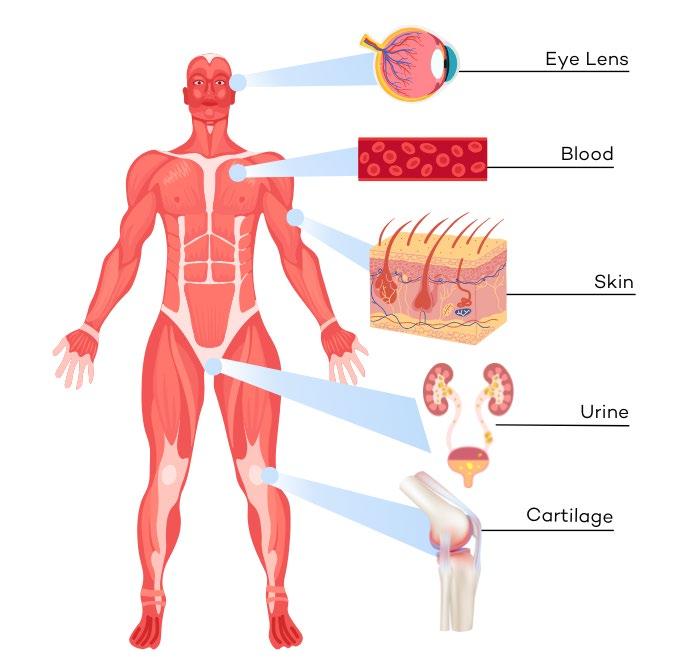
Can I Go Keto If I’m . . .

VEGAN/VEGETARIAN?
Yes, but I recommend cooking the vegetables down to reduce the effects of phytochemicals and add the fat. The key is to simplify the carbs and cook the vegetables down with some avocado oil, hemp seed oil, or coconut oil. Don’t consume them in the raw form. Raw fruits and vegetables contain lots of bacteria, yeast, and plant antigens which are dangerous. Vegetarians will have an easier time doing this if they’re still consuming eggs, butter, and cream. Vegan is a little harder. Look to add more fat. Ideally butter fat and cream are best, but avocado oil and coconut oil can work. Really separate out the meals to one every 12-24 hours. We’re not a grazing animal. Limit the greens, fruits, and vegetables, and keep variety to a minimum.
Make sure you’re getting enough protein from eggs (if vegetarian) or soy/beans or vegan-friendly protein powder (if vegan). You might need to consider supplements for vitamins you’re not getting from meat.

PESCATARIAN?
Focus on fatty fish like salmon, mackerel, and herring that are high in omega-3s, known to be antiinflammatory. Be careful about eating too many varieties with high mercury levels (swordfish and Ahi tuna). Salmon, anchovies, and sardines canned in oil are a great source of fat, tasty right from the can, and provide on-the-go protein.
DIABETIC?
Before starting a keto diet, it’s best to have a conversation with your doctor and continue to maintain your diabetes management plan prior to making any dietary changes. The keto diet can be very helpful for people with are prediabetic or have type 1 or 2 diabetes by decreasing the body’s demand for insulin and helping to keep blood glucose levels at a low yet healthy level. Many diabetics who switched to a keto diet found they were able to reduce their medications because they were consuming far less sugar and carbohydrates.

Keto for Vegetarians & Vegans
Can vegetarians and vegans still reap the benefits of keto? They can, but it takes a little more work when you’re not eating animal proteins and fat. Because of this, there’s a tendency to feel hungry more often and there’s the potential for deficiencies in some essential fats, vitamins, and minerals. Here’s some insight on how to do it successfully.
KETO FOR VEGETARIANS

Reduce Your Carb Consumption
To get into ketosis, start by limiting your carb intake to a maximum of 20 grams per day. This means cutting out most of the most popular vegetarian protein and carbohydrate sources including:
Alternative wheat flours like spelt
Legumes, including beans, soy, peas, and lentils
Starchy vegetables like potatoes
Fruits (except for small amounts of berries)
Choose low carb fruits and veggies like leafy greens and cruciferous vegetables like Brussels sprouts and broccoli. Many vegetables are high in carbs, so make sure you keep track of your carb intake.
You’re looking to consume 70-80% of calories from fat, 15-30% calories from protein, and just 0-10% of calories from carbohydrates on a vegetarian keto food plan.
ADD HEALTHY FATS & PLANT OILS
Fats are the cornerstone of every keto diet, accounting for between 70% and 80% of your calories. The type of fats you chose is critical to the success of your vegetarian keto plan and your overall health.
The best fats for a vegetarian keto diet include:
Fatty
fish (Pescatarians)
Salmon, tuna, anchovies, herring, mackerel, and sardines are rich in highquality protein and essential omega-3 fats. Salmon, herring, and sardines also provide substantial amounts of vitamin D, a nutrient that can be hard to get naturally for most vegetarians. Vitamin D is critical for immune function, bone health, among other important functions.
Whole Eggs
Eggs are one of the most nutrient dense foods on earth. A single 56gram egg is loaded with 5 grams of fat, 7 grams of protein, and 80 calories. When eating eggs, especially on a vegetarian diet, its crucial to eat the whole egg. The yolk is rich in B vitamins and crucial antioxidants including lutein and zeaxanthin which are important for eye health.
Butter
Getting enough fat can be a challenge on any keto diet and even more difficult for vegetarians. Butter is the perfect carb-free, fat-boosting vegetarian keto staple.
Though victim to decades of misinformation and bogus links to poor heart health, high-quality current research shows only a small to neutral association between butter and heart disease. When part of a keto diet where your body burns fat for fuel, butter is likely very healthy. Butter is also a rich source of the fatty acid butyrate, which research suggests may play a significant role in promoting brain health. But not all butters are created equal. Research indicates that organic butter from grass-fed cows may have healthier fats than conventional butter.
Cheese
For vegetarians who can tolerate dairy, cheese is another great high-fat, lowcarb staple. One of the best things about cheese is that there are so many varieties to choose from. This can help keep a keto vegetarian diet more interesting after cutting out many of the familiar staples. Many kinds of cheese offer optimal ratios of fat and protein. And varieties of fermented cheeses like creme fraiche, cheddar, and gouda provide probiotics.
Avocados
Avocados are loaded with healthy fats while offering a decent rundown of essential vitamins and minerals. One avocado can provide 30% of your daily potassium intake, which can be hard to get on a keto diet. Avocados have also been shown to balance blood sugar and support heart health along with healthy aging.
Coconut Oil
Popular in both vegetarian and nonvegetarian keto diets, coconut oil is a natural source of medium-chain triglycerides (MCTs). This type of fat is easily absorbed and turned into energy. That’s why people often use MCT’s to help with the transition into ketosis.
Olives and Cold Pressed Olive Oil
One of the most researched sources of healthy fats, olives and olive oil contain hard-to-get vitamin E, along with compounds that reduce inflammation and associated diseases including heart disease, osteoporosis and cancer.
A note when cooking with oils: Many vegetable oils including olive oil contain polyunsaturated fatty acids (PUFAS). For example, olive oil is 73% monounsaturated, 11% polyunsaturated and 14% saturated. These fats can be destabilized and “oxidized” when exposed to high heat. Though fairly heat stable when compared to other vegetable oils, it’s still best to avoid heating olive oil. When overheated, PUFAS form toxic compounds, including lipid peroxides and aldehydes that can contribute to cancer.
EAT HIGH-QUALITY PROTEINS
Though it’s true that animal foods contain all of the nine essential amino acids, non-meat animal sources like eggs and dairy can round out protein needs for most vegetarians.
Because bodies and activity levels vary from person to person, we recommend aiming for 1.2 to 2.0 grams of protein per KG of body weight. This averages out to around 70 grams of protein per day, accounting for roughly 25% of your total calorie intake.
Top Vegetarian Protein Sources:
Fish (Pescatarians):
An excellent source of protein for nearly every type of fish. For instance, a 3.5 oz portion of wild-caught sockeye salmon offers 27 grams of protein. A 3.75 oz can of sardines provides 14 grams of protein.
Eggs
High quality and easily digestible. Two eggs provide 14 grams of protein and 1 gram of carbs.
Greek Yogurt:
In addition to calcium and vitamin D (if fortified), Greek yogurt offers 15 to 20 grams of protein per 6 ounces.
Cheese
Different cheeses offer different protein profiles. Generally, the less fat a cheese has, the higher its protein. So it’s good to incorporate different cheeses into your keto vegetarian diet. Some high-protein cheeses include:
• Hard cheeses like cheddar, gouda, Swiss, and provolone: 7-8 grams of protein per ounce.
• Soft cheese like Brie, feta, Camembert: 4-6 grams of protein per ounce.
• Cottage cheese: 20 grams per 6 ounces.
Hemp Seeds:
9 grams of protein per one ounce. Hemp seeds are also a good source of magnesium, potassium, and omega-3 fatty acids.
Almond Butter:
Though we generally recommend against nuts and seeds due to high levels of plant toxins and anti-
nutrients, they can provide supplemental proteins when needed, but should be used sparingly. Almond butter offers 7 grams of protein per ounce.
CHOOSE LOW-CARB VEGETABLES
We believe that one of the key factors that makes keto diets so healthy is that they cut out most plant-foods. Plants are loaded with plant toxins and antinutrients. They protect plants from pests (including humans) and environmental threats like fungus and mold. These toxins include naturallyoccurring pesticides, mineral chelators, and antibiotics. They can also prevent our bodies from absorbing nutrients properly, leading to a net nutrient loss when absorption rates are considered.
Researchers estimate that the average American eats about 1.5g of naturally occurring plant toxins per day. Many of these toxins are potent natural pesticides. We all know that synthetic pesticides sprayed on plants are a big deal, but the level of natural pesticides we consume is 10,000 times greater.
Many plant foods are also high in specific toxins called oxalates. They’re one of the mains reasons your body does not absorb nearly all the iron and K1 found in leafy greens like spinach. Grains and legumes are also high in antinutrients, including phytic acid, which can reduce the absorption of crucial minerals including iron to calcium.
Additionally, plant foods contain phytoestrogens which can increase infertility and developmental disorders. That’s why we don’t recommend soy as a protein source for vegetarians who are trying to get pregnant.
That said, we know how tough it can be to cut plant foods for anybody, and especially vegetarians. Here’s a list of low-carb vegetables that we recommend consuming sparingly along with correct proportions of healthy fats and proteins. I also recommend cooking down vegetables with a little bit of fat (avocado, coconut, or hemp seed oil). This helps to reduce the levels of toxins and is a chance to add fat to your diet.
Note that most vegetables also contain some protein that needs to be factored into your ratios.
5 LOW-CARB VEGETABLES
Asparagus
1.78 grams carbs per serving. A source of folate and vitamins A, C, and K.
Zucchini
2.11 grams carbs per serving. A source of vitamin B6, vitamin C, and potassium. Can also be used as a noodle substitute.
Mushrooms:
2.26 grams carbs per serving. A source of zinc and selenium. Mushrooms grown under UV light can also provide vitamin D.
Cauliflower:
2.97 grams per serving. A source of antioxidants and choline.
Cabbage:
3 grams carbs per serving. A source of vitamin C, D, and K.
Seed and Vegetable oils
Seed and vegetable oils are modern processed foods. Even olive oil only came onto the scene 4,000 years ago, a mere blip on the timeline of our dietary evolution.
There are two kinds of vegetable oils that should be avoided or reduced. The most inflammatory fat is Trans Fatty Acids, which should be completely removed. Numerous studies link them to inflammation and heart disease.
Almost all highly processed foods contain trans fats in the form of:
x Margarine
x Vegetable Shortening
x Ingredients that list Hydrogenated (fully or partially) Oils
The second kind of fats to avoid or reduce are called polyunsaturated fatty acids (PUFAs). They are easily oxidated and can increase inflammation and cardiovascular disease.
If one of your goals is to eat less processed foods and stay metabolically closer to human evolutionary eating patterns, we strongly recommend getting your fat from whole foods, including oily fish, eggs, butter, cheese, with olive oil as an exception.
AVOIDING NUTRIENT DEFICIENCIES
When following a vegetarian keto diet that restricts legumes and fortified grains and eliminates animal meats, it’s important to make sure you’re getting adequate amounts of omega-3 fats, vitamin D, iron, vitamin B12, calcium, zinc, magnesium, and potassium. In some cases, supplementation may be necessary. Vitamin D is difficult to get enough of on any diet, so we recommend taking a supplement. As with any dietary changes, it’s crucial to pay attention to how you feel and adjust accordingly.
A vegetarian keto diet is not only possible, but healthy, and sustainable. Making fat the primary source of fuel for your body has tremendous benefits, and the good news is that there are plenty of vegetarian-friendly, non-meat sources of healthy fats and proteins to meet your essential nutrient needs.
NUTRIENT-DENSE VEGETARIAN OPTIONS
Nuts and Seeds
Almonds
Chia Seeds
Flax Seeds
Hemp Seeds
Pumpkin Seeds
Walnuts
100% Dark Chocolate
Unsweetened Cocoa
Fruits
Avocado
Olives
Vegetables
Artichokes
Broccoli
Brussels Sprouts
Kale
Mushrooms
Spinach
Swiss Chard
Dairy
Plain Greek Yoghurt
Cheese

Alternative Therapies: Fertile Massage & Acupuncture
EAST MEETS WEST
It’s easy to believe that fertility treatment is strictly a modern day science made possible solely through the advances of high-tech medicine. But as good as modern science is, many couples trying to get pregnant find the results they are after with the assistance of ancient medical treatments such as acupuncture and massage. Sometimes acupuncture and massage are that something extra that help ensure the success of a fertility treatment over and above what typical western protocols alone can accomplish. At CNY Fertility, we’ve found that the best and most effective fertility treatment plans are created by incorporating both eastern and western medicine ideas. Dr. Kiltz was so impressed with the results achieved through massage, acupuncture and yoga, that he created CNY Healing Arts so that these services could be provided under the same roof to CNY Fertility clients.
OUR PHILOSOPHY
The Fertile Secret is within each of us. By finding our place of peace and balance amidst the demands of life and the stress of infertility, we renew our lifegiving potential. Dr. Kiltz sees this potential in all of his clients. Recognizing the toll that infertility was taking on their lives, he felt a deep desire to offer a more balanced approach to treating infertility. By reconnecting his patients with the power of positive thinking, he sees men and women improve the quality of their lives on their journey to conception.
OUR TREATMENTS
With inner peace comes deep healing. Our holistic approach is designed to support the physical, emotional and spiritual aspects of your fertility.
Acupuncture, massage, nutritional counseling, yoga and specialized workshops, alongside assisted reproductive technology, returns your body to a place of balance from which conception can occur.
THE FERTILITY BENEFITS OF MASSAGE
CNY Healing Arts offers traditional massage techniques as well as techniques focused specifically on the treatment of infertility.
Fertility Massage
The Fertile Secret Massage is a relaxing and enjoyable way to increase blood flow to the reproductive organs, properly position the uterus, remove blockages and open the pelvic and hip region. Our fertility massage combines the principles of Maya Abdominal Massage, acupressure and breath work to balance the hormonal system and support conception.
The Fertility Massage combines deep therapeutic touch with soothing abdominal massage. Your practitioner will customize your bodywork according to the stage of your menstrual cycle, using deeper abdominal work during the follicular phase (before ovulation) and focusing on relaxation during the luteal phase (after ovulation). In women, the pelvic region and reproductive organs tend to hold a lot of emotions. Expect your massage to be cleansing and detoxifying, physically and emotionally, leaving you with a deep sense of mental peace. Physical touch encourages the body to release oxytocin, contributing to increased pleasure. This Fertility Massage is perfect for anyone desiring to conceive and can also be customized for pregnancy and postpartum care.
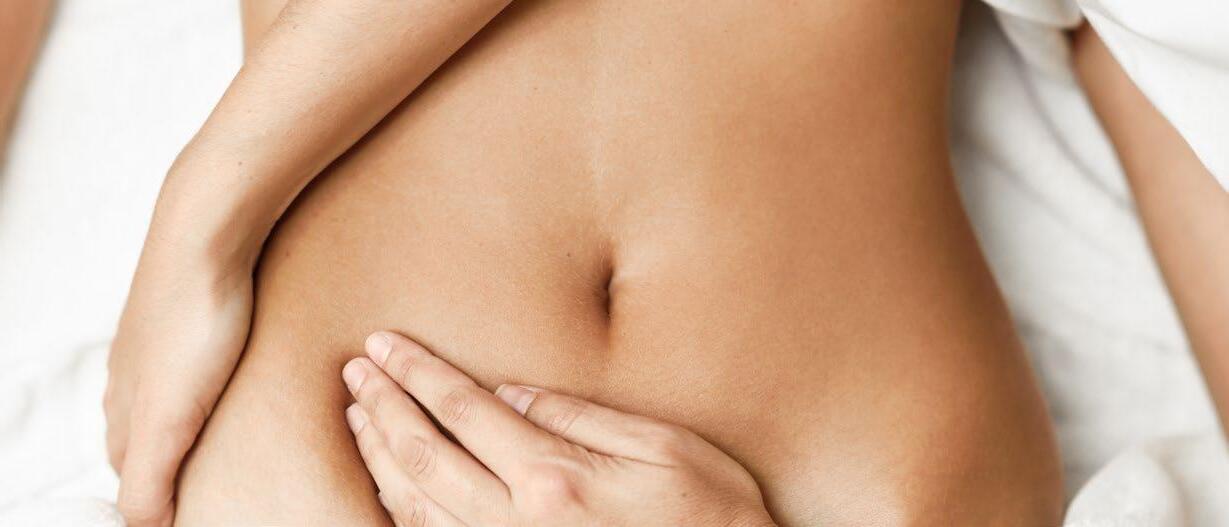
Arvigo Maya Abdominal Massage
The Arvigo Maya Massage is a modern adaptation of the ancient Mayan healing technique that gently manipulates the muscles and connective tissues that hold the pelvic organs to correct any blockages, restore blood and lymphatic flow, and optimize reproductive physiology.
Maya Abdominal Massage is an external massage that gently lifts and guides the uterus into its optimal position in the lower pelvis. The uterus is held in position by more than ten ligaments. When stressed or strained, these ligaments cause the uterus to become mal positioned. If the uterus is mal positioned, women can experience a variety of symptoms, including a displaced uterus.
A displaced uterus can occur from an injury to the sacrum or tailbone from a fall or car accident, high impact exercise on cement surfaces (running), past surgeries, weak pelvic floor muscles, or chronic muscle spasms around the low back and sacrum. When this occurs, imbalances happen in the body including endometriosis, uterine fibroids, uterine polyps, irregular ovulation, chronic miscarriages, and fertility issues. Once the uterus is in its correct position, there is improved homeostasis to support and enhance fertility.
Individuals are also taught self-care which greatly aids in the improvement of the position of the uterus. The current success rate ranges from 3040%. These positive results can be achieved when clients adhere to the protocol of daily self-care.
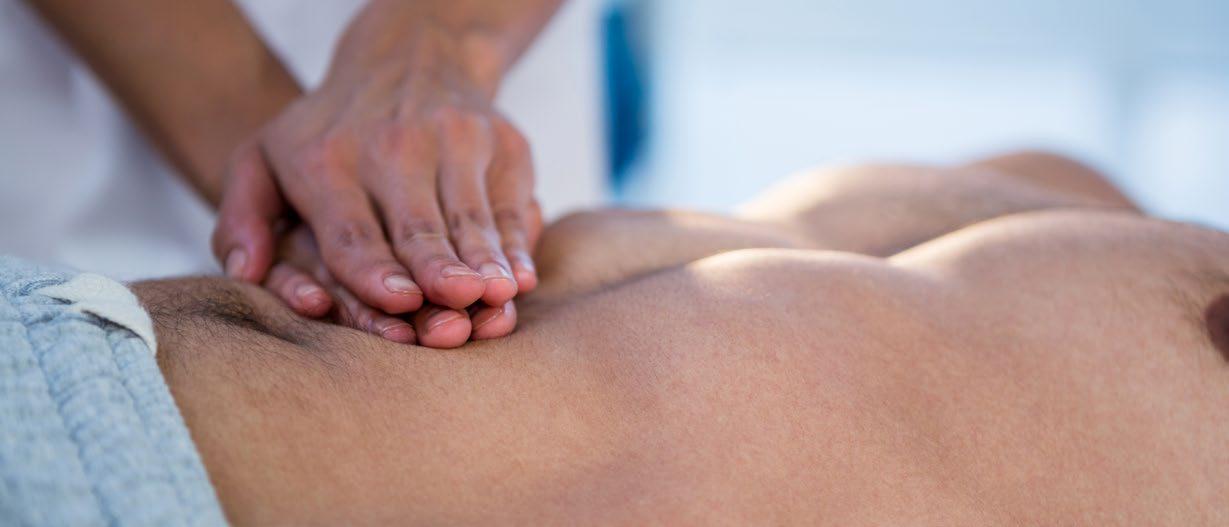
HOW FERTILITY MASSAGE HELPS WOMEN
• Increases blood flow to the reproductive organs
• Nourishes follicles with fresh blood supply (oxygen and other nutrients)
• Helps break down scar tissue and adhesions
• Helps cysts dissolve and resolve blockages in fallopian tubes
• Relieves stress and anxiety
• Improves digestion and absorption of nutrients
• Helps regulate the menstrual cycle (addressing cramps, heavy bleeding, irregular cycles, reduced clotting)
• Helps prepare the body to prepare to carry for pregnancy
HOW FERTILITY MASSAGE HELPS MEN
• Increases blood flow to the reproductive organs
• Regulates enlarged prostates
• Improves sperm count motility and morphology
• Improves digestion
WHEN TO HAVE FERTILITY MASSAGES
For optimal results, start a fertility massage protocol 90 days prior to the beginning of any fertility treatment like IUI or IVF and commit to a minimum of one treatment per month in conjunction with a self-care routine at home. In the months leading up to a treatment cycle, the practitioner usually customizes the bodywork according to the stage of the menstrual cycle, using deeper abdominal work during the follicular phase (before ovulation) and focusing on relaxation during the luteal phase (after ovulation). It is also important to avoid direct uterine massage after ovulation when actively trying to conceive. During a fertility treatment cycle, massages are done after menstruation and before ovulation/trigger shot/retrieval. Men can receive fertility massages at any time.
Maya Abdominal Massage is currently offered only at CNY Syracuse but consider finding a certified provider near you and adding it to your fertility treatment plan.
Acupuncture for Fertility & Pregnancy
WHAT IS ACUPUNCTURE?
Acupuncture is one part of a complete system of healing known as Traditional Chinese Medicine, or TCM, that has roots in China dating back several thousands of years. TCM also includes dietary therapy, body work, and other adjunctive techniques. Acupuncture uses small, almost hairthin, surgically sterilized and disposable needles placed in certain points that regulate and balance the flow of energy and blood in the body, thus allowing for symptom relief.
Acupuncture is a great way to naturally improve your fertility. For women, acupuncture is recommended to treat endometriosis, Polycystic Ovarian Syndrome (PCOS), and ovarian reserve issues. For men, acupuncture is recommended to improve sperm quality.
HOW DOES ACUPUNCTURE WORK?
Clinical studies have shown acupuncture to have an effect on the central and peripheral nervous systems. It causes the brain to release opioids— the body’s natural pain killers, as well as other endorphins that moderate the stress response and help to balance hormone levels in the body. Acupuncture puts the body into a deep state of relaxation.
WHAT CAN I EXPECT?
Your acupuncture session will take place in a quiet and relaxing treatment room. You will discuss your symptoms, health history, and goals with your acupuncturist. You will be made comfortable and needles will be placed in accordance with your treatment plan. You will then relax for 20-60 minutes, depending on the treatment. Follow-up sessions may be longer or shorter depending on progress.
WHAT DOES ACUPUNCTURE TREAT?
As a complete medical system, acupuncture and TCM can treat a broad range of illnesses and conditions, including:
• Hormonal Imbalances
• PCOS (Polycystic Ovarian Syndrome)
• OHSS (Ovarian Hyperstimulation Syndrome)
• Follicular Development
• Decreased Uterine Lining
• Blood Deficiency / Anemia
• Digestive Conditions / Constipation, Diarrhea, Nutrient Malabsorption
• Stress, Anxiety, and Depression
• Sperm Health / Motility, Morphology, and Concentration
• Pre- and Post-Natal Symptoms
WHAT ABOUT ACUPUNCTURE FOR FERTILITY AND PREGNANCY?
Acupuncturists at CNY Fertility are highly experienced in treating all of the previously listed conditions. Our acupuncturists are also extensively trained in assisting those attempting to achieve pregnancy naturally and with fertility treatment. Each day, they work together with the CNY fertility specialists to assist couples in achieving their dream of pregnancy. And they continue to work with women, once pregnant, to moderate symptoms and help to prepare a woman’s body for labor and delivery.
Research has revealed that women doing in vitro fertilization treatments were 65% more likely to conceive when they used acupuncture in conjunction with their western medical treatment. Additional studies support the significance of acupuncture for the outcome of assisted reproductive medicine, and that acupuncture administered on the day of embryo transfer significantly improves the reproductive outcome of IVF/ICSI. Acupuncture is also associated with higher clinical pregnancy rates and live birth rates.
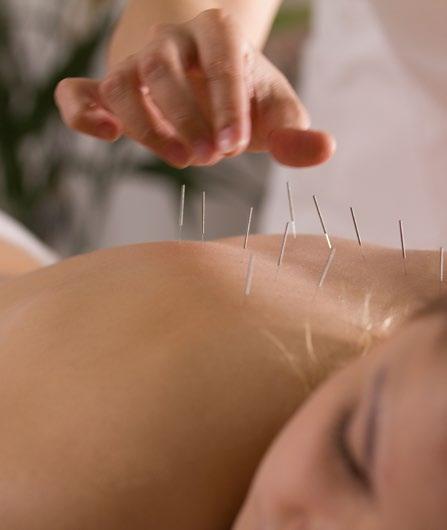
ACUPUNCTURE
FOR IUI (INTRAUTERINE INSEMINATION) AND ET,FET ( EMBRYO TRANSFER AND FROZEN EMBRYO TRANSFER):
On the day of your IUI or ET/FET, it is recommended to get a pre and post acupuncture treatment. The treatment before the procedure is to help put the body and mind into a deep state of relaxation, which helps the cervix to relax. The treatment immediately following the procedure is again to put the body and mind into a deep state of relaxation and prevent uterine cramps. Pre and post acupuncture treatments are very different, each having their own importance.
Acupuncture can also help to improve IVF success rates. Research is available that supports acupunctures’ ability to improve clinical pregnancy rates, pregnancy outcomes and help couples who have previously failed IVF. In one review of past studies, researchers reviewed thirty trials with 6,334 participants treated with acupuncture and IVF. Based on the results of those studies, researchers concluded that acupuncture can improve clinical pregnancy rates in women undergoing IVF.
HOW OFTEN WILL I NEED ACUPUNCTURE?
Each person has a very personal fertility journey and treatment plans are recommendations. Frequency of treatments varies in all cases. When beginning a course of treatments, weekly sessions are often recommended for several weeks. Specific recommendations are made when working in concert with fertility treatments and during pregnancy.
WILL MY ACUPUNCTURIST BE ABLE TO WORK WITH MY HEALTHCARE PROVIDERS?
Acupuncturists are highly trained in Western biomedicine. This allows for safer and more effective management of health and well-being of each and every patient. Your acupuncturist can work with your healthcare providers to establish a plan to meet your needs and goals. Acupuncture treatment plans often work in concert with those set out by medical doctors and other specialists.
Albany | 518.724.5750
Colorado Springs | 719.694.1553
Rochester | 585.233.2530
Sarasota | 941.315.6878
Syracuse | 315.671.5755
CALL TO SCHEDULE YOUR ACUPUNCTURE APPOINTMENT!
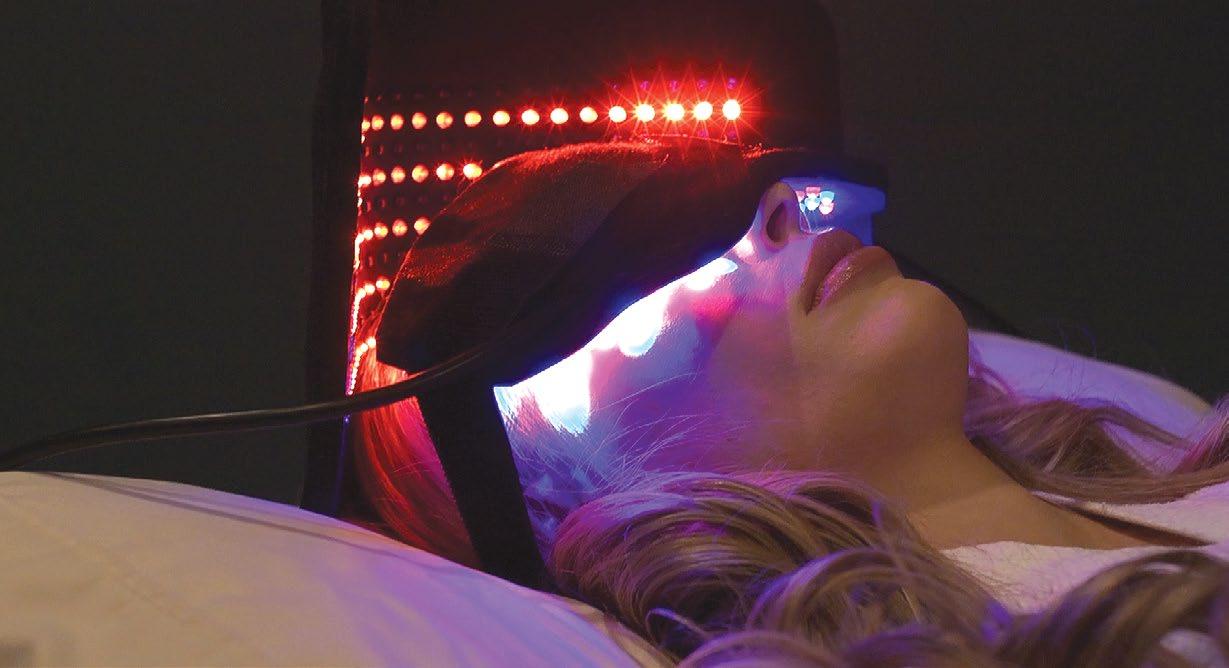
Feel the Light
LED LIGHT THERAPY
Over the past ten years, CNY Fertility has been very successful at improving outcomes for our clients by incorporating eastern medicine with hightech western protocols. A new therapy we are recommending is LED Light Therapy, which has myriad benefits for our fertility patients, but also helps improve overall wellness in anyone.
LED Light Therapy is a useful tool for improving circulation throughout the body by increasing the formation of new capillaries, stimulating the production of collagen, and stimulating the release of adenosine triphosphate (ATP) which is the major carrier of energy to all cells.
How Light Therapy Can Enhance Your Fertility:
LED Light Therapy (or Light Emitting Diode Therapy) is a very effective, non-abrasive, noninvasive, and restorative treatment. Our skin has the ability to absorb and utilize light which creates a therapeutic response. Light therapy uses specific color wavelengths to penetrate different levels of the skin, providing a wide range of benefits.
Light may be able to enhance your fertility by returning you to balance. By working directly over your eyes, we can affect your entire endocrine system by sending light frequencies to your hypothalamus.
By elevating nitric oxide levels in the body and increasing the formation of new capillaries that replace damaged ones, Light Therapy increases vascularity (circulation). New capillaries accelerate the healing process by carrying more oxygen and more nutrients required for healing. They are also able to carry away more waste products. This can be an essential component in preparing your body for pregnancy, especially if you have endometrial lining issues.
Collagen is an essential protein used to repair damaged tissue and to replace old tissue. It is the most common protein found in the body and is the substance that holds cells together. LED Light Therapy can stimulate the production of collagen. By increasing collagen production, less scar tissue is formed. There are studies that prove collagen is an essential nutrient for the ligaments that support your uterus. If you have any prolapse concerns, collagen induction may help you reverse this pattern.
ATP, or adenosine triphosphate, is the major carrier of energy to all cells throughout the body. Increases in ATP allow cells to accept nutrients faster and get rid of waste products more quickly by increasing the energy level in the cell. All food turns into ATP before cells utilize it. ATP provides the chemical energy that drives the chemical reaction of the cell.
Light Therapy is able to stimulate the release of ATP. Increased ATP helps support your fertility by giving you the cellular energy you need to maintain a healthy pregnancy. A lack of energy can be a contributing factor to recurring miscarriage and may be an underlying cause of chronic inflammation and immune disorders.
Edema, the swelling or natural splinting process of the body, has two basic components: liquid and protein. Research has shown that the lymph vessel diameter and the flow of the lymph system can be doubled with the use of Light Therapy. The venous diameter and the arterial diameters can also be increased. This means that both parts of edema (liquid and protein) can be evacuated at a much faster rate to relieve swelling. A well-functioning lymphatic system is an essential part of your overall fertility. A sluggish lymphatic system can contribute to chronic inflammation and immune disorders.
Light Therapy Pre-and Post Embryo Transfer:
New capillaries can increase blood flow which assists in a more rapid and greater healing response. An IVF transfer can be considered an “invasive” procedure and improved healing may help ensure implantation. Photons of light energy enter the body as negative ions. This requires the body to emit positive ions, like calcium among others, to go to the area being treated. These ions assist in firing the nerves, thereby relieving pain and reducing the excitability of nervous tissue. This may assist your fertility especially after embryo transfer when you want a calm, assimilating environment for implantation.
LED light therapy is a useful tool for improving circulation throughout the body by increasing the formation of new capillaries, stimulating the production of collagen and stimulating the release of adenosine triphosphate (ATP) which is the major carrier of energy to all cells.
Mind Body Smile
WITH DR. ROB
15 Things You Should Do Every Day to Feel More Connected to Your Mind, Body, Spirit and the Universe as a Whole:
1. COUNT YOUR BLESSINGS
Start the day by counting your blessings and saying THANK YOU to God for this day. As they say, if you want to find happiness, find gratitude.
2. CONNECT WITH NATURE
This can be as easy as sipping your coffee outdoors on your deck in the quiet morning, breathing in the fresh air and listening to the birds. Or, try taking a walk in the woods.
3. UNPLUG
Don’t forget to turn off your computer, phone, tablet, and TV. Detach yourself from these distractions so that you can relax and tune into what’s happening on the inside.
4. MOVE
Go for a walk, a swim, take an easy bike ride, paddle your kayak. It’s best if it’s not too strenuous.
5. SLOW I T DOWN
Your body doesn’t need to work so hard. Stay off the elliptical. You don’t need to churn out 10 miles on the treadmill or on the roads. Less is more. Strenuous exercise causes inflammation, but don’t just sit still.
6. FLEX YOUR ARTISTIC MUSCLES
Whether this involves writing a poem or short story, or just recording your thoughts in a journal, painting a picture, making pottery, playing an instrument, or dancing. Tap into your creative side every day.
7 . PRACTICE MEDITATION, DEEP BREATHING, AND/OR YOGA
You will find yourself more connected to yourself as a result.
8. READ OR LISTEN TO A BOOK
Whether it’s in your car to and from work or in a quiet corner during lunch, make sure you are reading and continuing to learn every day. There are so many wonderful authors to learn from.
9. SHARE AN ACT OF KINDNESS
It can be as simple as holding a door, giving blood, or buying a coffee for the guy behind you in the line at Starbucks.
10. KEEP A JOURNAL
Spend time writing in it every day. Record your thoughts and feelings. Your entries don’t have to be long.
11. LISTEN TO YOUR INNER GUIDE
To do this, sit quietly and comfortably. Close your eyes, breathe in deeply, and exhale. Focus your attention on your breathing. Let thoughts come and go. Allowing yourself to live in the moment will reduce anxiety and stress, and you will have the wisdom to listen to your inner guide. You will suddenly find that things in your life have a beautiful flow and you feel you are exactly where you should be at each moment in time.
12. BE MINDFUL & PRESENT
Being mindful means being aware of one’s present moment and all of the senses, functions, and delights associated with that moment. It may sound simple, but it is not something that comes easily to most of us. Use your senses to describe each moment that you are experiencing. Repeat to yourself what you are doing “I am sitting on my couch under a warm blanket.” Don’t allow your mind to take you to the past or the future.
13. BE FORGIVING
The act of forgiveness is one of the most noble and loving things we can do. Forgiveness is a choice, and it is very much an internal decision. When we forgive, we are choosing peace and emotional wellness over anger, resentment and emotional immaturity. When we deny forgiveness, we are holding ourselves hostage to negativity. Choosing forgiveness allows us to move out of pain and into peace. It will add balance to our lives and create deeper relationships with others.
14. LEARN TO LET GO
Attachment to desire is one of the primary reasons for human suffering. We easily attach ourselves to ideas, fantasies, expectations, and hopes. When we
let go of attachments, we close the door on suffering. Letting go doesn’t mean throwing away or giving up. It simply means that we are happy with who we are and what we have at this very moment, and that we do not put all of our happiness into an external desire. Letting go enables us to tap into our inner strength and healing.
15. DANCE WITH LIFE
Learning to seek out joy in life is the goal here. Trust that the river of life will provide you with a magical dance. Let your feelings be your guide. It may seem impossible if you are in a place where external events are having a negative effect on your energy and vibration, but when you change the way you view the negative events, the events themselves will change in response to your renewed way of thinking. One way to start experiencing joy right now is to try to hold your smile for as long as you can. Think about things that make you smile. Don’t let negative thoughts creep into your mind. If they do, simply envision yourself pushing them back out and maintaining your position of joy.
If you’re interested in reading more encouraging thoughts and ideas from Dr. Kiltz, pick up copies of his latest books: Daily Inspirations and The Fertile Feast.
In Daily Inspirations, Dr. Kiltz shares the inspirational quotes and contemplations that lifted his spirit and guided his personal reflection. He shares his lessons for learning to slow down, breathe deeply, and look inward for the strength and inner guidance you need to feel connected with the universe, achieve your goals, and live the life of your dreams.
Since learning the simple, yet radical truth that our bodies and brains run most optimally on high-quality fats, Dr. Kiltz successfully recommended Kiltz’s Keto Lifestyle to countless patients who had previously been unable to conceive. He has witnessed the power of keto to bring new life into the world and to transform the lives of his patients, friends, and colleagues. The Fertile Feast weaves accessible and lively explanations of keto’s healing power.
Both books are available at Amazon.com.
For more from Dr. Kiltz, please visit DoctorKiltz.com

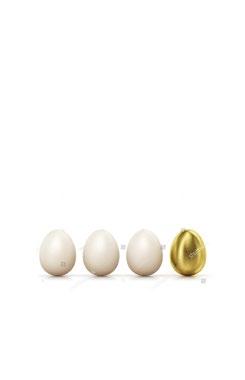
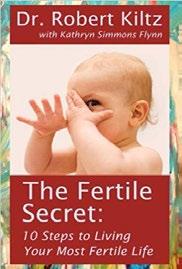

Air Quality & Fertility
• Ultrafine particles can be especially dangerous for pregnant women. Ultrafine particles can penetrate into the lungs and extra-pulmonary organs which can transfer toxic compounds to the fetus and placenta.
• Women exposed to air pollution while pregnant have a higher risk of developing cardiometabolic diseases later in life, such as heart disease, diabetes, and stroke due to increases in oxidative stress, inflammation and endothelial dysfunction.
• Exposure to high levels of pollution can result in sperm DNA damage, leading to male-mediated infertility, miscarriage, and other adverse reproductive outcomes.
• Emerging studies suggest air pollution is also closely related to various birth complications, low birth weight, and increased risk of still birth.
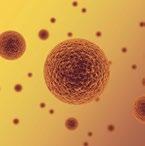
What Are You Breathing?
PROTECTING YOUR HOME’S AIR QUALITY:
A recent global study on the effects of air pollution concludes that toxic air may be damaging every organ and virtually every cell in the human body, causing harm from head to toe, including dementia, heart and lung disease, fertility problems, and reduced intelligence. In fact, there are more than 70,000 scientific papers demonstrating that air pollution is affecting our health.
Perhaps the most disturbing impact of air pollution is the damage to reproduction and children. Fertility is reduced and miscarriages increased by exposure to air pollution. How does it happen? Ultrafine particles pass through the lungs, are readily picked up by cells, and carried via the bloodstream exposing virtually every cell in the body.
The main reason for the far-reaching damage from air pollution is systemic inflammation. Immune cells think pollution particles are bacteria, so they go after it and try to kill it by releasing enzymes and acids. These inflammatory proteins spread into the body, affecting the brain, the kidneys, the pancreas and every organ system.
From an evolutionary perspective, our bodies have evolved to defend against infections, but not pollution.
There is also evidence that poor sleep can be a consequence of breathing toxic air, which has its own lasting effects on day to day living.
And while the possibility of controlling the air we breathe 24/7 boggles the mind, we can control the air we breathe in our homes and while we sleep. Intellipure has an air purification system that can provide the highest level of air cleaning performance while eliminating more than 99% of particles in the air.
CNY Fertility is proud to have partnered with Intellipure to offer the same air purification systems we use in our offices to our clients for use in their homes. Please visit www.intellipure.com for more information, and don’t forget to use the code CNYFERTILITY to save 20% on your Intellipure home air purifier.
Infants & Air Quality
• A fetus exposed to air pollution during pregnancy has an increased risk of can cers, such as leukemia and Hodgkin lymphoma, respiratory diseases, allergic disorders and anemia as an infant
• Children exposed to air pollution early on in life can also develop structural and volumetric abnormalities in the brain, as well as auditory, vestibular, and cognitive deficits.
• According to the World Health Organization, more than 50% of premature deaths due to pneumonia among children under 5 are caused by the particulate matter (soot) inhaled from household air pollution
The Environmental Protection Agency Recommends:
• Eliminate the source of pollution
• Use chemical-free cleaning products
• Clean the air with a high efficiency, portable air cleaner
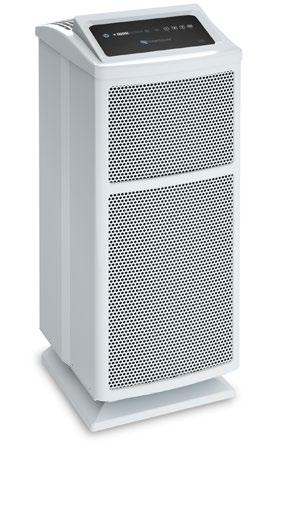

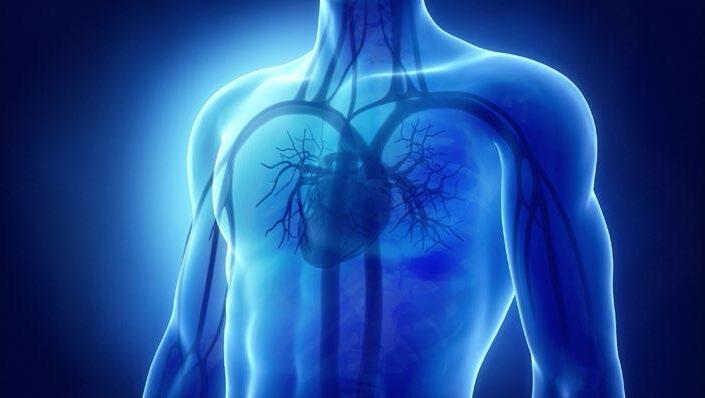
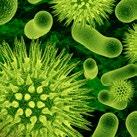
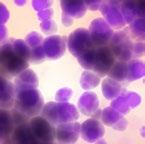
The Intellipure Difference
• Effectively eliminates >99% of all particles
• Reduces mold, bacteria, virus, fungi, heavy gases and odors

• Each unit is individually tested and certified to provide the highest level of air cleaning performance
DFS TECHNOLOGY: TESTED TOUGH
Laboratory test research shows that DFS system significantly reduces airborne bioburden in clean-rooms. It trapped and inhibited bacteria, and also improved the filtration performance of a filter media by two to three orders of magnitude. (Control and Monitoring of Bioburden in Biotech / Pharmaceutical Cleanrooms Jaisinghani, et al)
Exposure of bacteria on the surface of the internal filters in the DFS Air Cleaner can significantly reduce their survival rate. (Effect of the DFS Air Cleaner on the Survival of Microorganisms Fannin)
The DFS system units can remove all particles passing through the system with near-zero count at the exhaust side of the DFS system of all particles larger than 0.007 micron. (Supporting case study by University of Buffalo IUCB, Baier, Ciriano, et al)
Bring healthy air to your home with the world’s best air purifier. CNY Fertility has partnered with Intellipure to offer a 20% discount to our clients. Use code: CNYFERTILITY
Success Stories
Read hundreds of stories of real CNY patients who hoped, believed, and trusted.
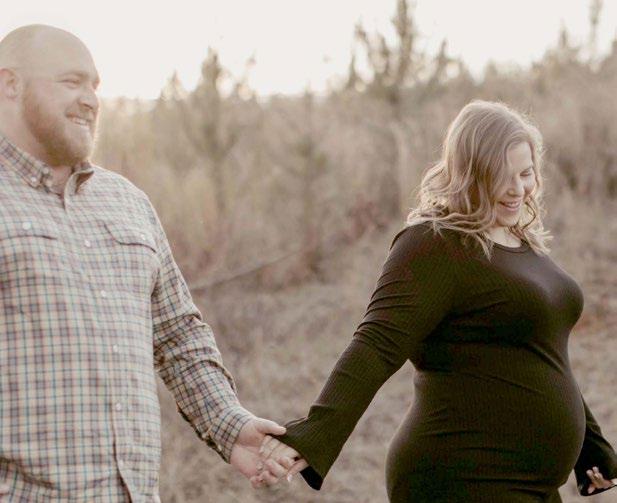

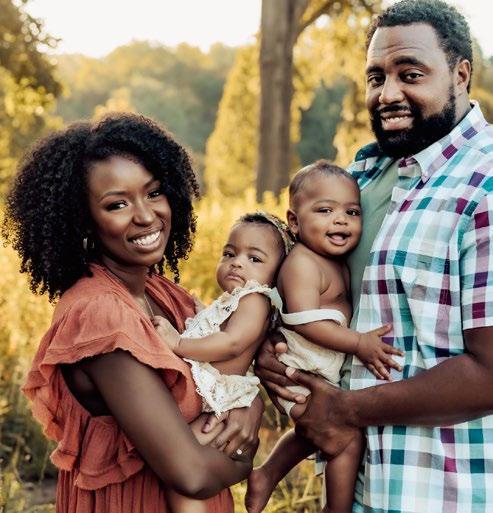
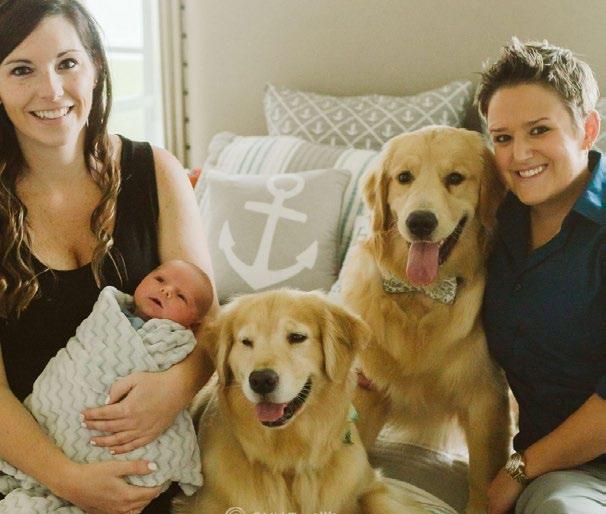

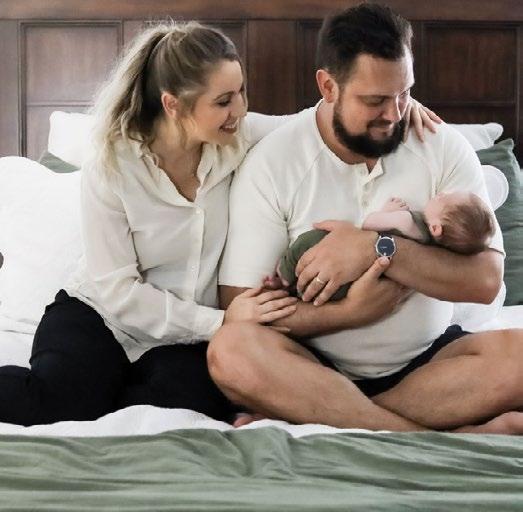
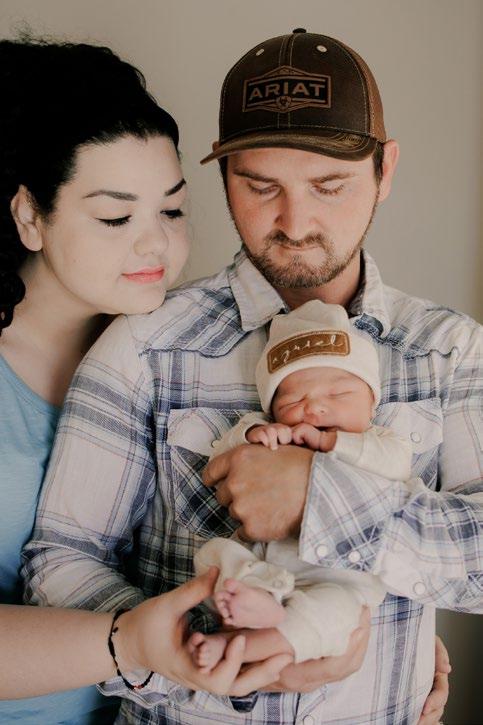
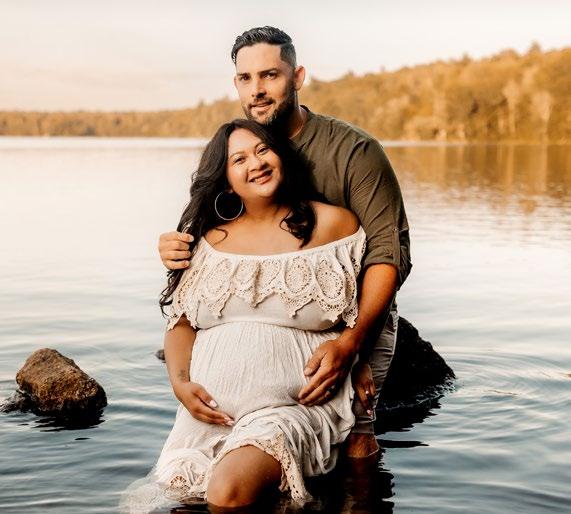
Linda and Alejandro
Anna and Andrew
Jenny and Micah
Genesa and Brad Heather and Zack Jennie and Teddy
Janelle & Kenneth
Meghan and Jen
CNY Locations
SYRACUSE, NY
Services Details
• Full Service Fertility Clinic
• Fertility Wellness Spa
Address
195 Intrepid Lane Syracuse, NY 13205
844-315-2229 315-254-2003
hello@cnyfertility.com
ROCHESTER, NY
Services Details
• Full Service Fertility Clinic
• Fertility Wellness Spa
Address
2244 East Ave Rochester, NY 14610
844- 315-2229 585 866-1329
hello@cnyfertility.com
ATLANTA, GA
Services Details
• Satellite Fertility Clinic
• Fertility Wellness Services
Address
924 West Spring St Monroe, GA 30655
844-315-2229 770-282-1332
hello@cnyfertility.com
PHILADELPHIA, PA
Services Details
• Transvaginal Ultrasound for Monitoring
Address
520 Bustleton Pike Feasterville, PA 19053
215-631-3873 215-631-3899
hello@cnyfertility.com

ALBANY, NY
Services Details
• Full Service Fertility Clinic
• Fertility Wellness Spa
Address
38A Old Sparrowbush Rd Latham, NY 12110
844-315-2229 518-724-5757
hello@cnyfertility.com


BUFFALO, NY
Services Details
• Full Service Fertility Clinic
Address
835 Hopkins Rd Buffalo, NY 14221
844-315-2229 716-636-1940
hello@cnyfertility.com

COLORADO SPRINGS, CO
Services Details
• Full Service Fertility Clinic
Address
265 S Parkside Dr Colorado Springs, CO 80910
844-315-2229 719-888-4817
hello@cnyfertility.com

SARASOTA, FL
Services Details
• Full Service Fertility Clinic
Address
5922 Cattlemen Lane Sarasota, FL 34232
844-315-2229 941-867-7710
hello@cnyfertility.com
NORFOLK, VA
CNY Fertility Norfolk is currently a satellite clinic with plans to function as a Full-Service IVF facility by mid-2025.
Services Details
• Satellite Clinic Address 6315 North Center Drive-Suite 102 Norfolk, VA 23502
844-315-2229
hello@cnyfertility.com

DENVER, CO
Services Details
• Satellite Clinic
Address
9195 Grant Street- Suite 140 Thornton, CO 80229
844-315-2229
hello@cnyfertility.com

NASHVILLE, TN
Services Details
• Satellite Clinic
Address
5651 Frist Blvd-Suite 413 Hermitage, TN 37076
844-315-2229
hello@cnyfertility.com


BOSTON, MA
Services Details
• Satellite Clinic
Address
2200 West Park Drive-Suite 120 Westborough, MA 01581
844-315-2229
hello@cnyfertility.com


HOUSTON, TX
Services Details
• Satellite Clinic
Address
907 South Friendswood Drive Suite 101 Friendswood, TX 77546
844-315-2229
hello@cnyfertility.com


IRVINE, CA
Services Details
• Satellite Clinic
Address
250 East Yale Loop Suite 200 Irvine, CA 92604
844-315-2229
hello@cnyfertility.com

HOLLYWOOD, FL
Services Details
• Satellite Clinic
Address
3990 Sheridan Street Suite #103 Hollywood, FL 33021
844-315-2229
hello@cnyfertility.com

To learn more about our providers, scan here:
To learn more about our locations, scan here:
